Die Realität mit Fragen löchern - ein Interview mit Anja Steidinger
Anja Steidinger hat im Oktober 2020 die neu geschaffene Professur für Grundschulpädagogik an der HFBK Hamburg angetreten. Lerchenfeld sprach mit ihr über die Lehre als künstlerische Praxis.
Lerchenfeld: Du hast deiner Klasse den differenzierten, aber auch griffigen Titel Klasse_Grund_Schule gegeben. Welche Ideen sind damit verknüpft?
Anja Steidinger: In der Bezeichnung Klasse_Grund_Schule stecken drei wichtige Aspekte für einen Handlungsraum in der Kunstpädagogik. Der Begriff Klasse verweist zum einen auf die Schul- oder die Atelierklasse in einer Schule/Hochschule, aber auch auf die sozialen Klassen in einer Gesellschaft. Daraus ergeben sich Fragen: Wie ist eine Klasse organisiert? Welches Wissen wurde uns bisher ermöglicht oder verunmöglicht? Was gilt als Wissen in einer Klasse und was nicht und was ist der Grund dafür? Damit wären wir bei dem Begriff Grund, ein mehrdeutiges Konstrukt, er kann ein Fundament sein, das uns alle auf eine Ebene bringt, er kann uns aber auch unter den Füßen weggezogen werden, uns aufteilen und zersprengen. Die Grundschule stellt den Anfang im institutionellen Bildungssystem dar, auf dem dann weiter aufgebaut wird. Hier können wir uns beispielsweise fragen, welche Verhaltensweisen bereits durch Regeln grundlegend festgelegt werden und welche Rolle das Bild, der Raum und das Mobiliar in der Konstruktion von Verhältnissen und auch Machtstrukturen spielen. Das Konzept Schule können wir über eine Hochschule hinaus befragen: Welche anderen Orte der Wissensproduktion kennen wir?
LF: Was könnten das für Orte sein?
AS: Ich denke, dass Wissen ausgehend von bestimmten Positionen produziert wird. Diese Positionen gilt es mitzudenken, dann entdeckt man in einigen Fällen, dass Universalität doch auch begrenzend und ausschließend sein kann. Für mich persönlich war zum Beispiel die selbstorganisierte Künstler*innengruppe mit Veranstaltungsraum und auch das Mutter-Werden eine Schule. Bei beiden Beispielen wird sehr konkretes, situationsspezifisches Wissen produziert, das aber kulturell und gesellschaftlich von Bedeutung ist.
LF: Ein Satz von dir, den ich mir gemerkt habe, lautet: „Jede Situation kann künstlerisch bearbeitet werden.“ Was bedeutet das konkret?
AS: Bezogen auf die Kunstpädagogik bedeutet es, die Lehre als künstlerische Praxis zu verstehen, sich darüber Gedanken zu machen, wie wir gemeinsam zusammen lernen wollen. Das Wie ist auch die Frage nach der Form. Welche Form hat unser Inhalt? Wie kommen wir in einem Raum zusammen? Wie soll das alles aussehen? In unserem ersten Klassentreffen haben wir auf runden Sitzkissen im Kreis gesessen. Das Setting war mein Vorschlag des Zusammenkommens. Die Idee geht darauf zurück, dass man sich in Spanien bei politischen Versammlungen und Besprechungen auf öffentlichen Plätzen fast immer auf den Boden setzte, sich also erdet und auf die gleiche Ebene begab. Mir gefiel das sehr und ich fand es eine gute Ausgangssituation, um in unserer Gruppe über die Form des Zusammenkommens zu sprechen. Darüber hinaus können die greenscreenfarbenen Sitzkissen, wenn man dann tatsächlich in der digitalen Postproduktion die grüne Farbe selektiert und mit Schwarz ersetzt, zu Löchern im Boden werden, was wiederum den Anlass gibt, von dem katalanischen Philosophen Santiago Lopez Petit zu erzählen, der darüber schreibt, die Realität zu löchern[1]. In unserem Fall die Realität mit Fragen zu löchern. So geben die Sitzkissen über ihren konkreten Nutzen hinaus Anlass, von ihnen ausgehend über anderes zu sprechen. Eine Schule bedeutet ja erst einmal auch ein Regelwerk, mit Stühlen, Tischen und Mauern, und allem was dazugehört. Wenn wir aber dieses Regelwerk als Konstrukt verstehen und befragen, können wir es auch verändern - vorausgesetzt natürlich, uns gefällt etwas nicht.
LF: Was animiert uns, was bewegt uns dazu, Kunst zu machen? Das scheint eine zentrale Frage in deiner Praxis zu sein, eines deiner Seminare führt diese Frage im Titel. Kannst du dazu mehr sagen?
AS: In dem praxisorientierten Seminar „Was animiert uns?“ arbeiten wir mit der doppelten Funktion der Animation. Uns beschäftigt die Frage, was uns in Bewegung setzt und wie wir die Untersuchung der Frage ins Bewegtbild setzen können. Stand der Dinge ist momentan, das wir die Räume der Hochschule in dem Wartenau-Gebäude genauer erforschen. Von 1909 bis 1939 war hier die private Elise-Averdieck-Mädchenschule untergebracht. Was fand hier in den Jahren statt? Welche Funktion hatte das Gebäude nach der Verstaatlichung von 1939? Die Erforschung der Räume und dafür dann eine künstlerische Form zu entwickeln, ist wesentliches Antriebsmotiv unserer Gruppe geworden.
LF: Du hast von 1994 bis 2002 erst Kunstpädagogik und dann Freie Kunst an dieser Hochschule studiert. Was für Strukturen gab es und wie hast du sie empfunden?
AS: Die Mehrheit der Professor*innen damals an der HFBK hatten ungefähr das Alter meiner Eltern und einige gehörten auch zu der sogenannten 68er-Generation. Ihnen ging es um große kollektive und gesellschaftsverändernde Ideen, aber die Praxis sah dann meist doch sehr ernüchternd aus: hierarchisch und patriarchal strukturiert und sich immer wieder reproduzierend – obwohl doch auf allen Ebenen ein „Befreiungskampf“ stattgefunden hatte, nicht nur von der Nazi-Eltern-Generation sondern auch von disziplinierenden Machtgefügen. Als Folge der sogenannten 68er entstanden Bildungsreformen, man sprach von sexueller und kultureller Revolution, der Critical Pedagogy etc. Oft empfand ich aber, dass sich das nicht in der Klassenstruktur der Ateliers wiederspiegelte und so orientierte ich mich auch tendenziell an selbstorganisierten studentischen Projekten. Wir gründeten damals „Halb Offen“ als interdisziplinäre studentische Gruppe, die mit verschiedenen Initiativen und Interventionen in der Hochschule aktiv war. Zum Ende meines Studiums fand ein Generationswechsel statt, den ich sehr begrüßte, aber nur noch am Rande miterlebte.
LF: Nun bist du in der Position der Lehrenden zurückgekehrt. Was bedeutet das für die Generationenfrage?
AS: Ich sehe mich weniger in der Rolle einer Person, die immer das gleiche Wissen reproduziert, sondern auch in der Rolle einer Lernenden, in Dynamiken und Situationen mit anderen, in der wir jedes Mal anderes Wissen generieren und Strukturen, Verhältnisse befragen. Vielleicht entspricht das ein wenig dem, was die katalanische Philosophin Marina Garcés mit „Kritik verkörpern“ meint – gemeinsam Terrains zu betreten, in denen der Pfad, der Grund nicht für ewig gefestigt ist, sondern immer wieder auch einer Aktualisierung bedarf und unsere Körper erschüttert. In Bezug auf Generationsverhältnisse und -wechsel stellt sich immer auch die Frage nach der Repräsentation: Wen repräsentieren wir jetzt eigentlich? Wie schaffen wir Öffnungen für die, die nicht repräsentiert sind?
LF: Zusammen mit deiner Kollegin Nora Sternfeld (seit Oktober 2020 Professorin für Kunstpädagogik) hast du das Veranstaltungsformat Wartenau Versammlungen entwickelt. Die ersten Veranstaltungen haben coronabedingt bisher nur online stattgefunden. Was ist das Ziel der Reihe?
AS: In der öffentlichen Veranstaltungsreihe Wartenau Versammlungen bringen wir gemeinsam mit Studierenden unterschiedliche Stimmen von Akteur*innen zwischen Kunst und Bildung, Forschung, Aktivismus und Schule in Form von Gesprächen, Diskussionen und Treffen zusammen, um diesen schon mehrmals angedeuteten, neuen Handlungsraum der Teilhabe in der Kunstpädagogik in Hamburg zu bilden. Physischer Versammlungsort ist die Aula in der Wartenau 15. Im ersten Semester gehen wir von zwei Fragen aus: Wie können wir etwas lernen, das es noch nicht gibt und was animiert uns, darüber nachzudenken? Insgesamt wollen wir in den Wartenau Versammlungen Antworten und weiterführende Fragen, die als Wünsche, Tools und Ideen formuliert werden können, sammeln um in einer Welt, die zunehmend isoliert ist, dennoch zusammen handlungsfähig zu bleiben.
[1] Interview mit Santiago López Petit El pensamiento no sirve para luchar, sino que él mismo es lucha in https://nabarralde.eus/entrevista-a-santiago-lopez-petit/
Dieses Interview mit Prof. Dr. Anja Steidinger erschien in ungekürzter Fassung im Lerchenfeld-Magazin #56
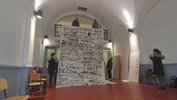
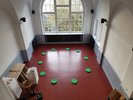
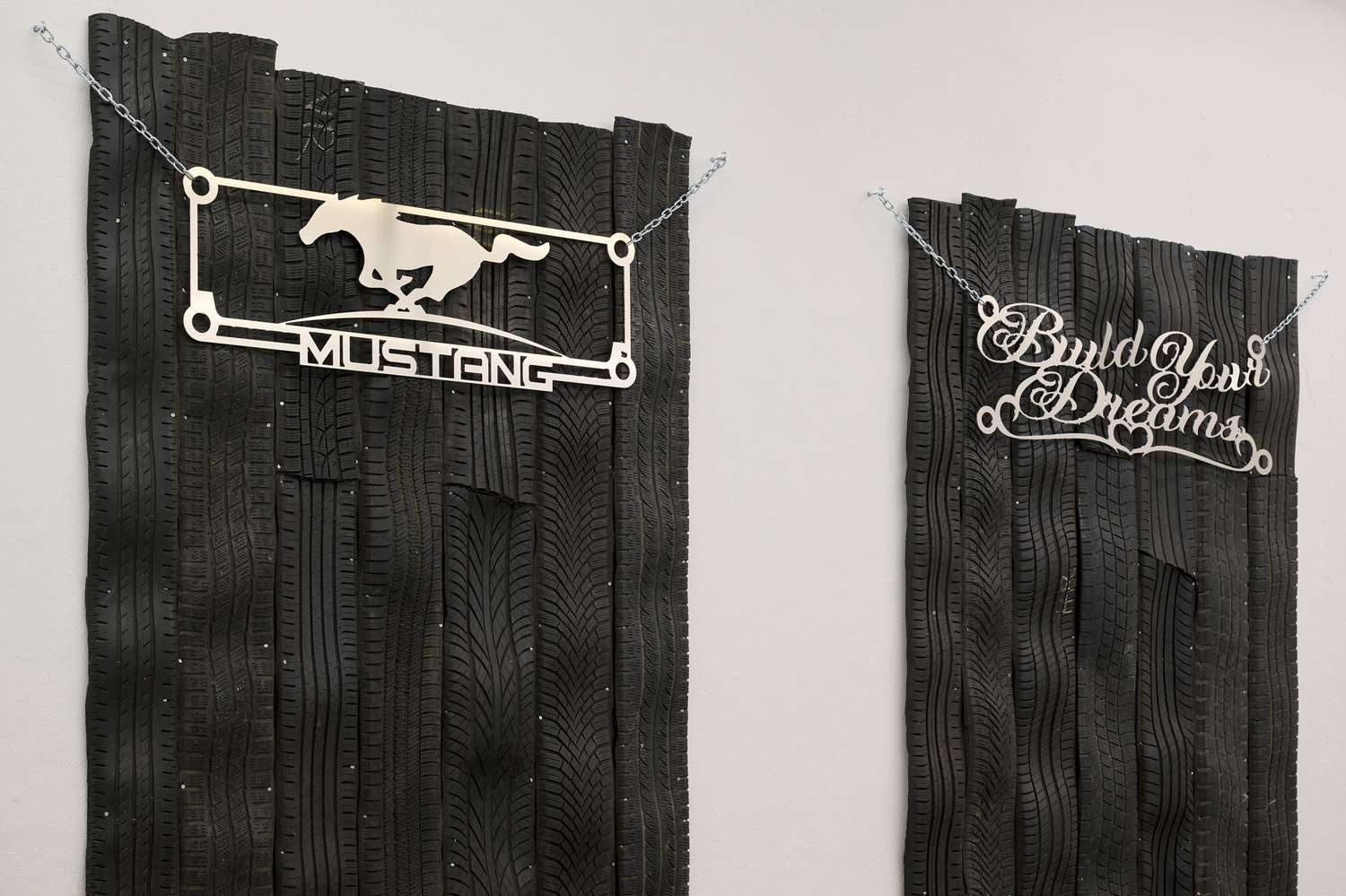
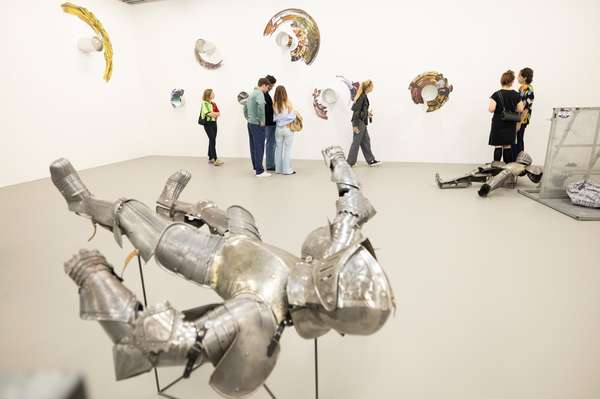

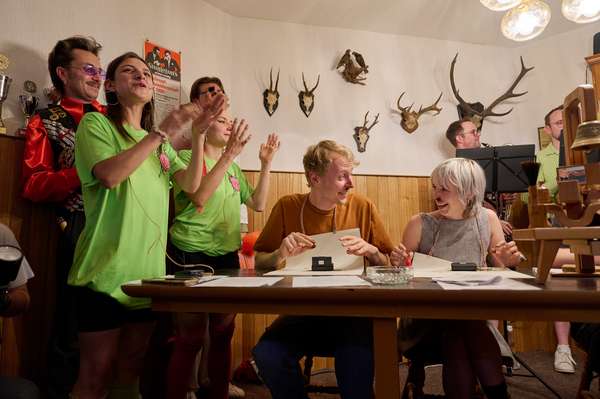
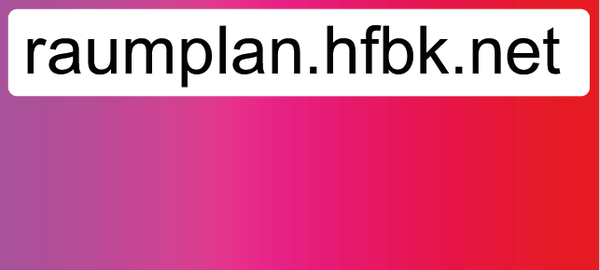
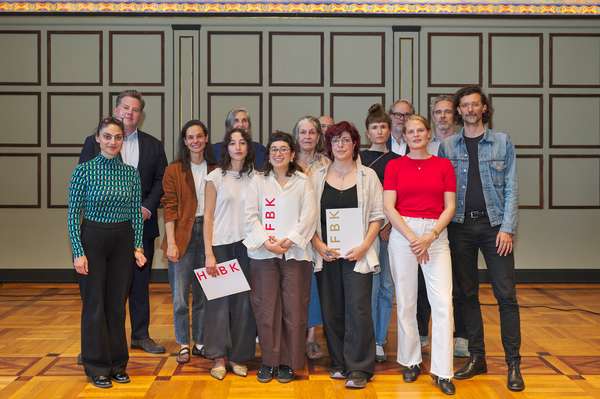
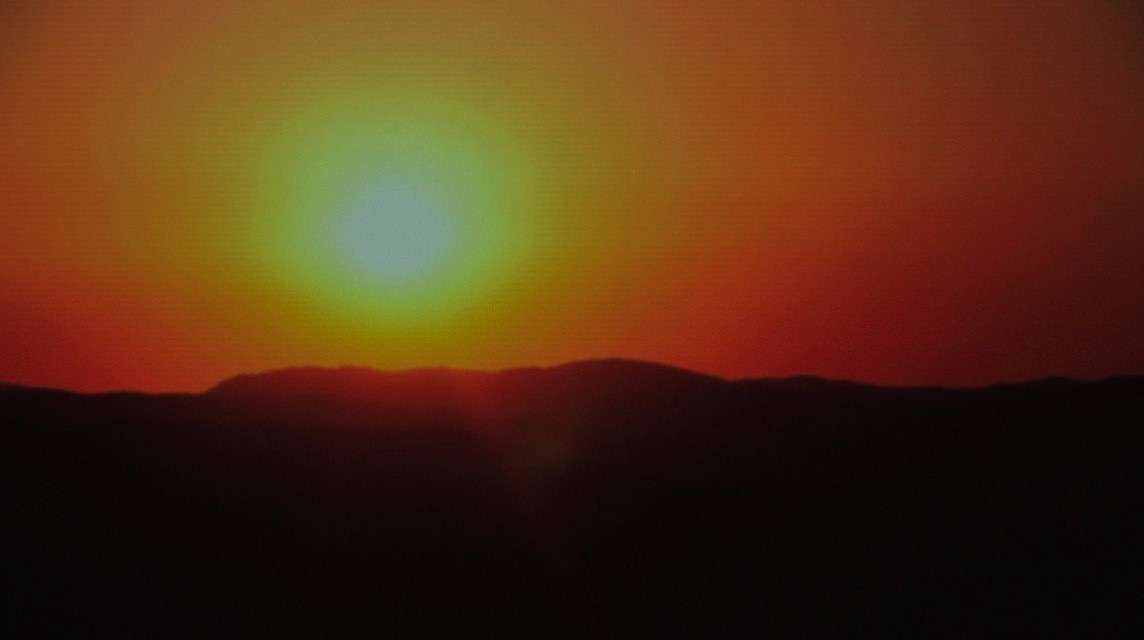
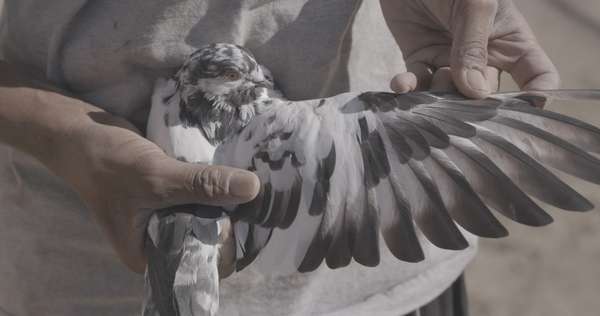
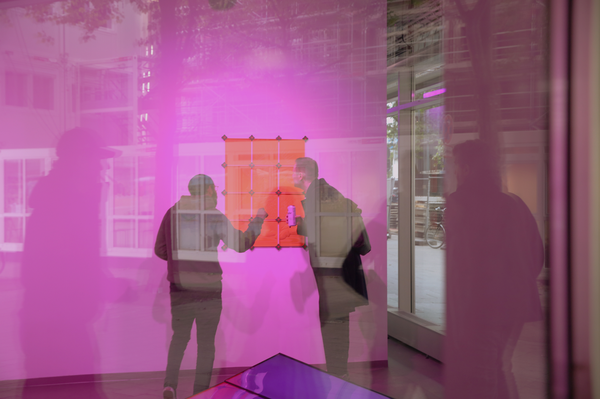
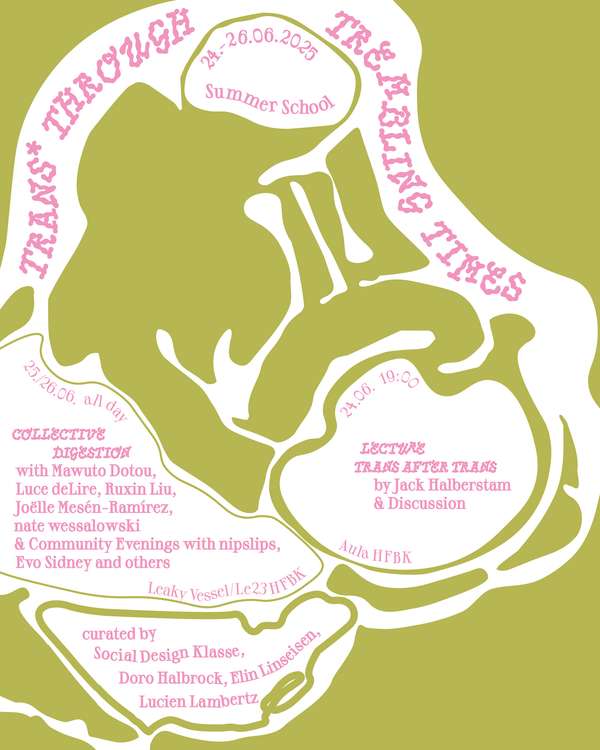
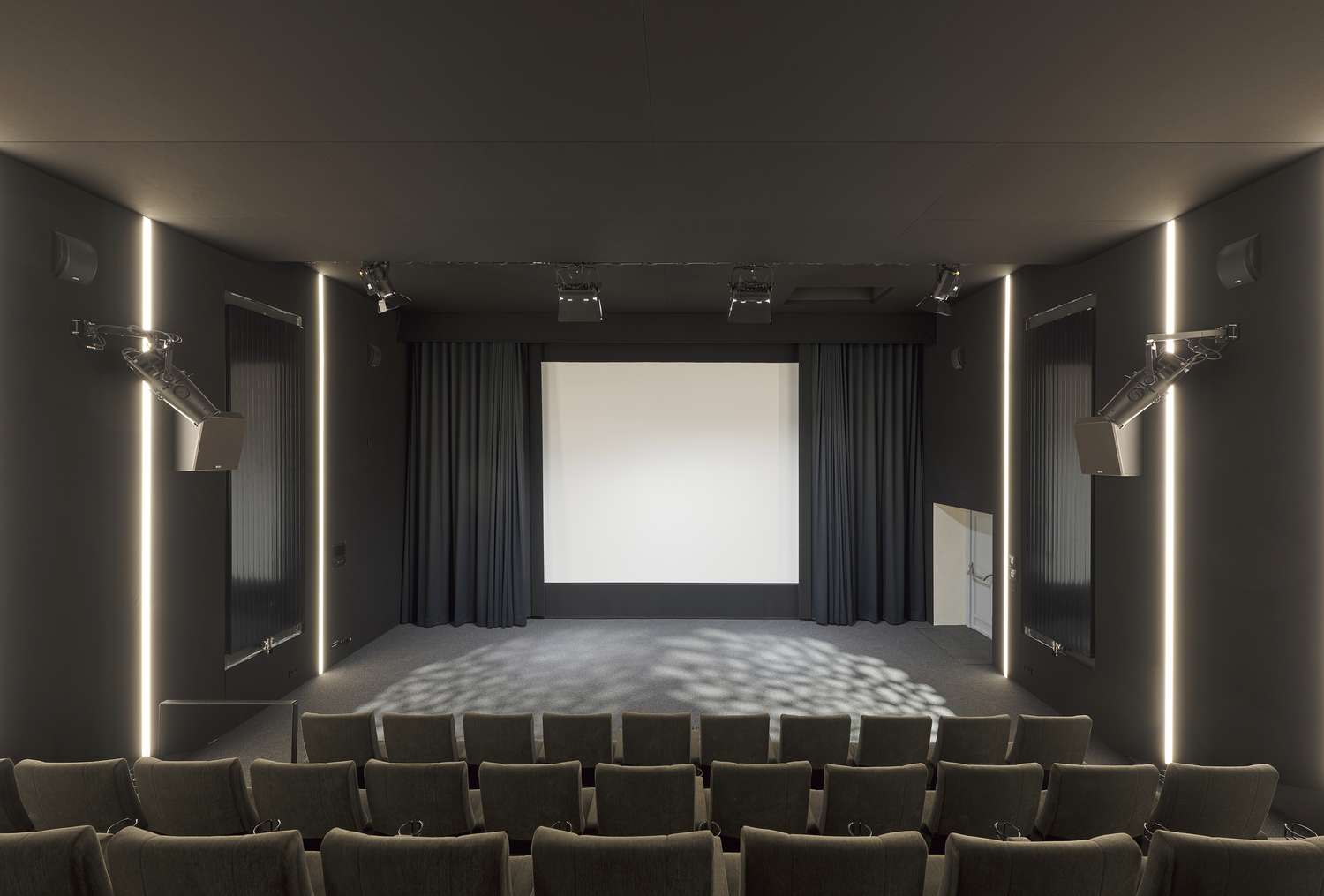
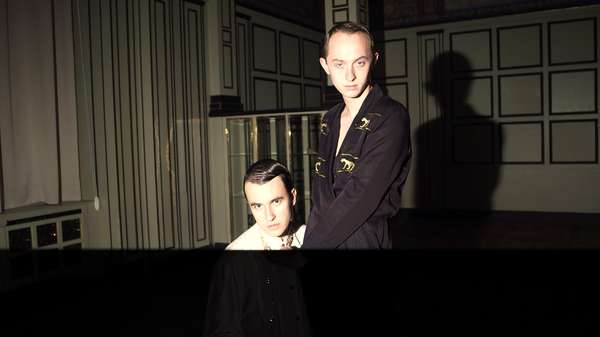
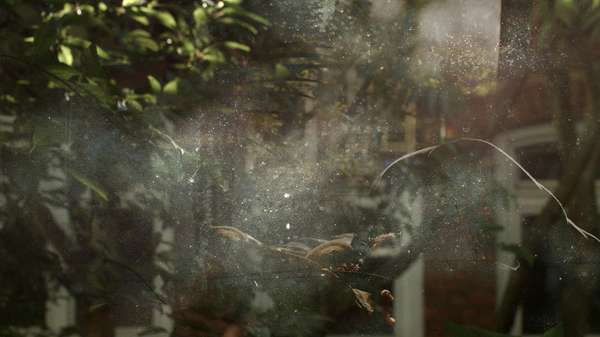
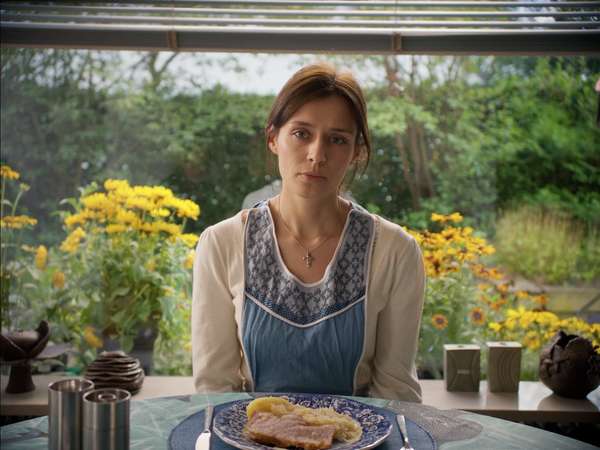
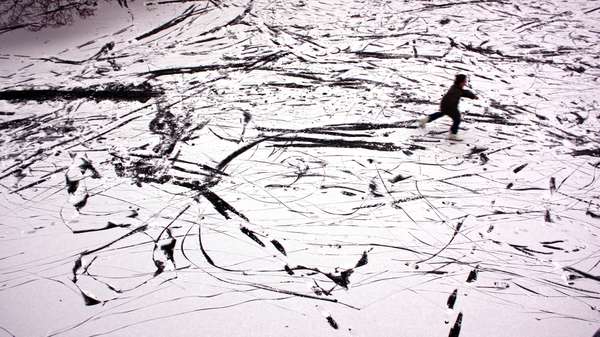
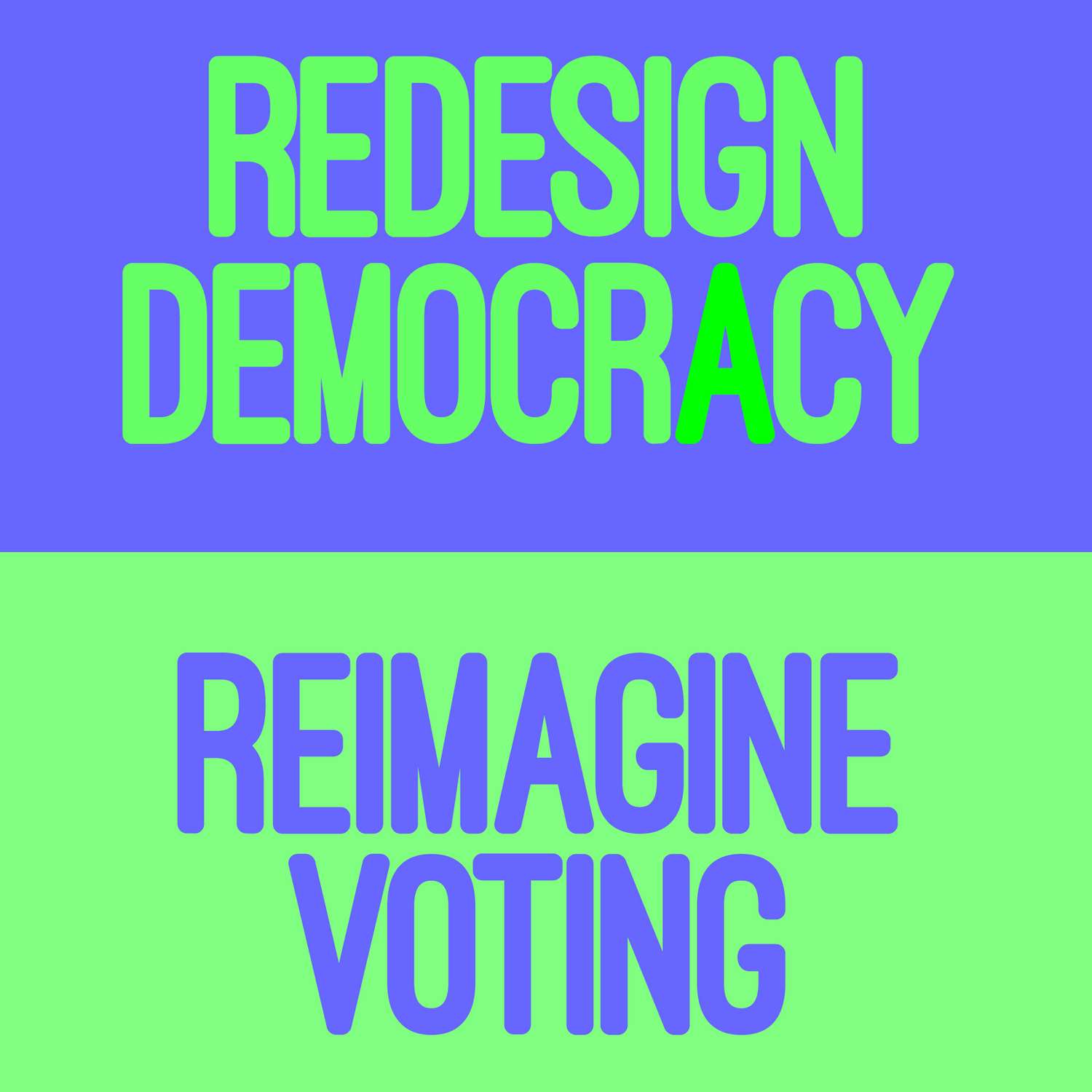
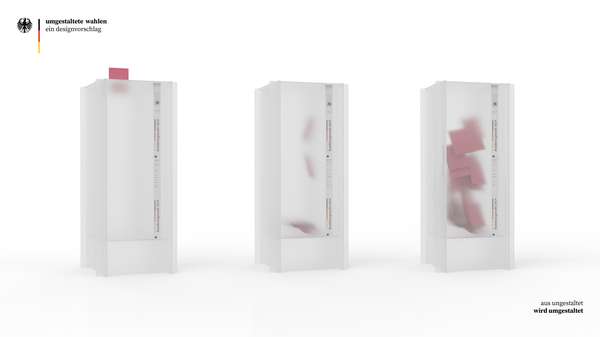
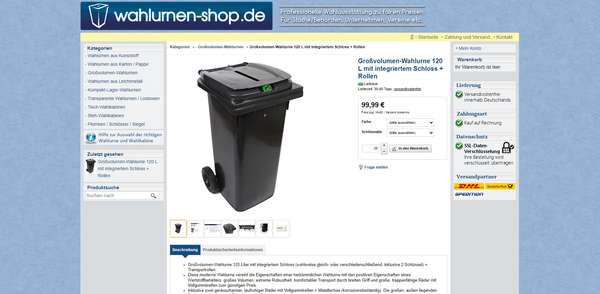
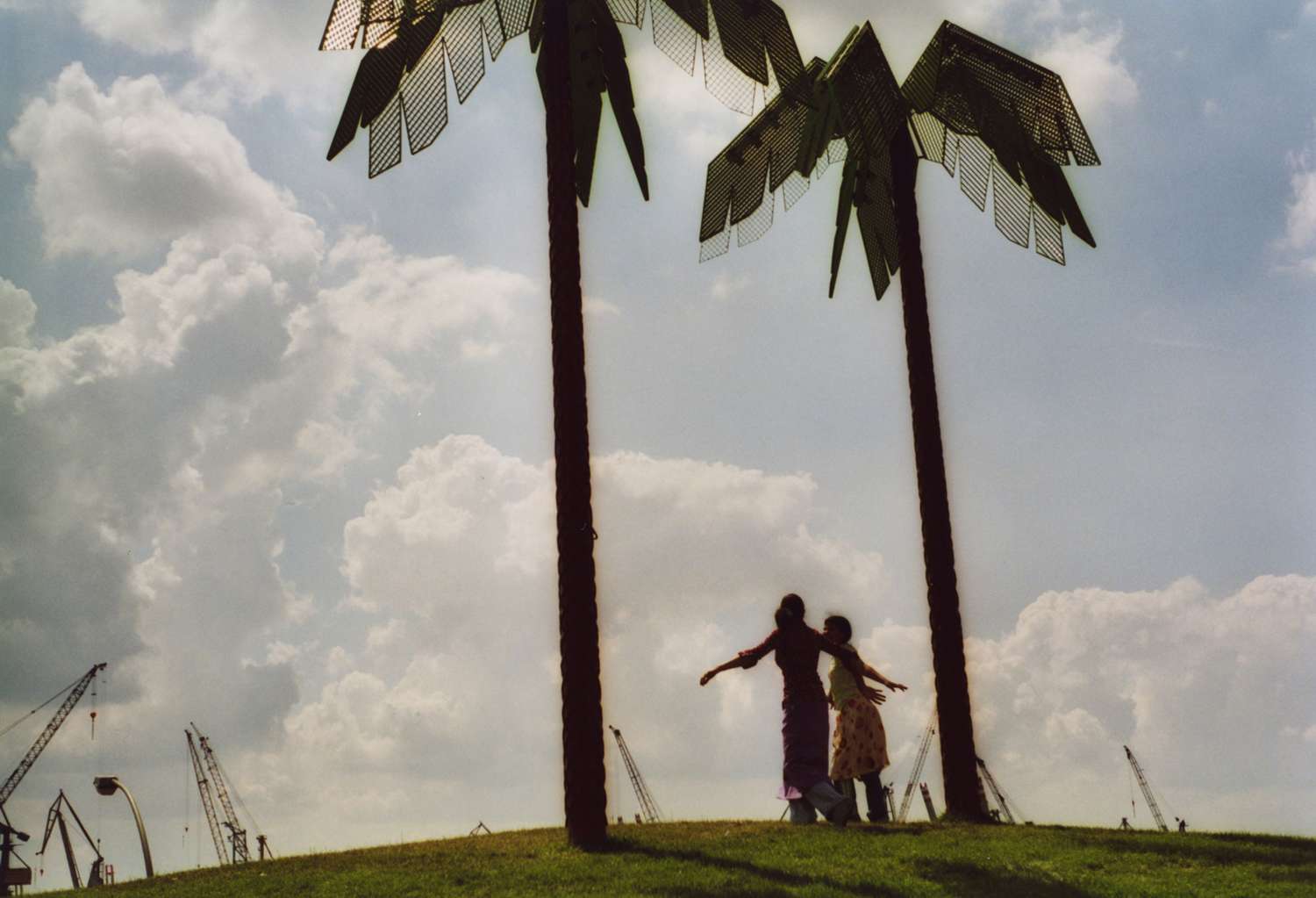
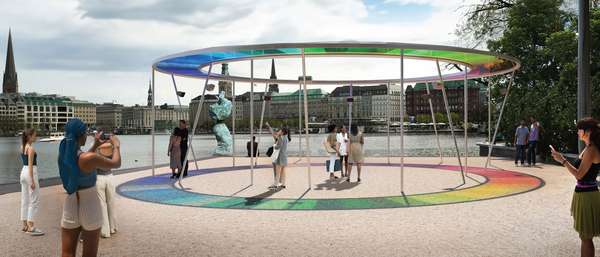
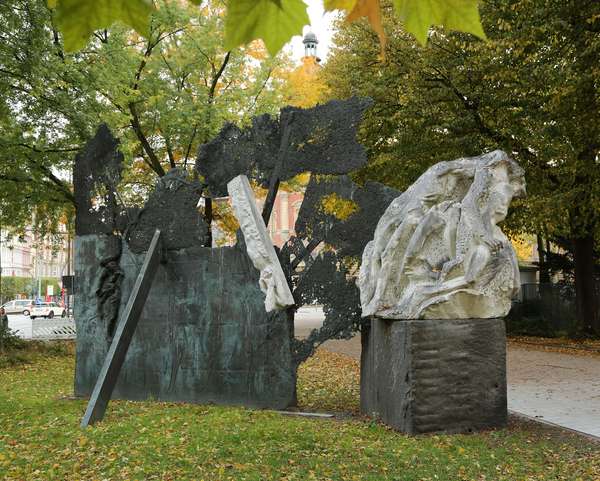
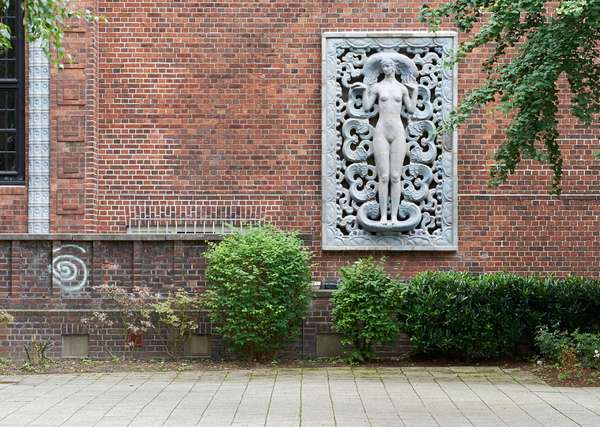
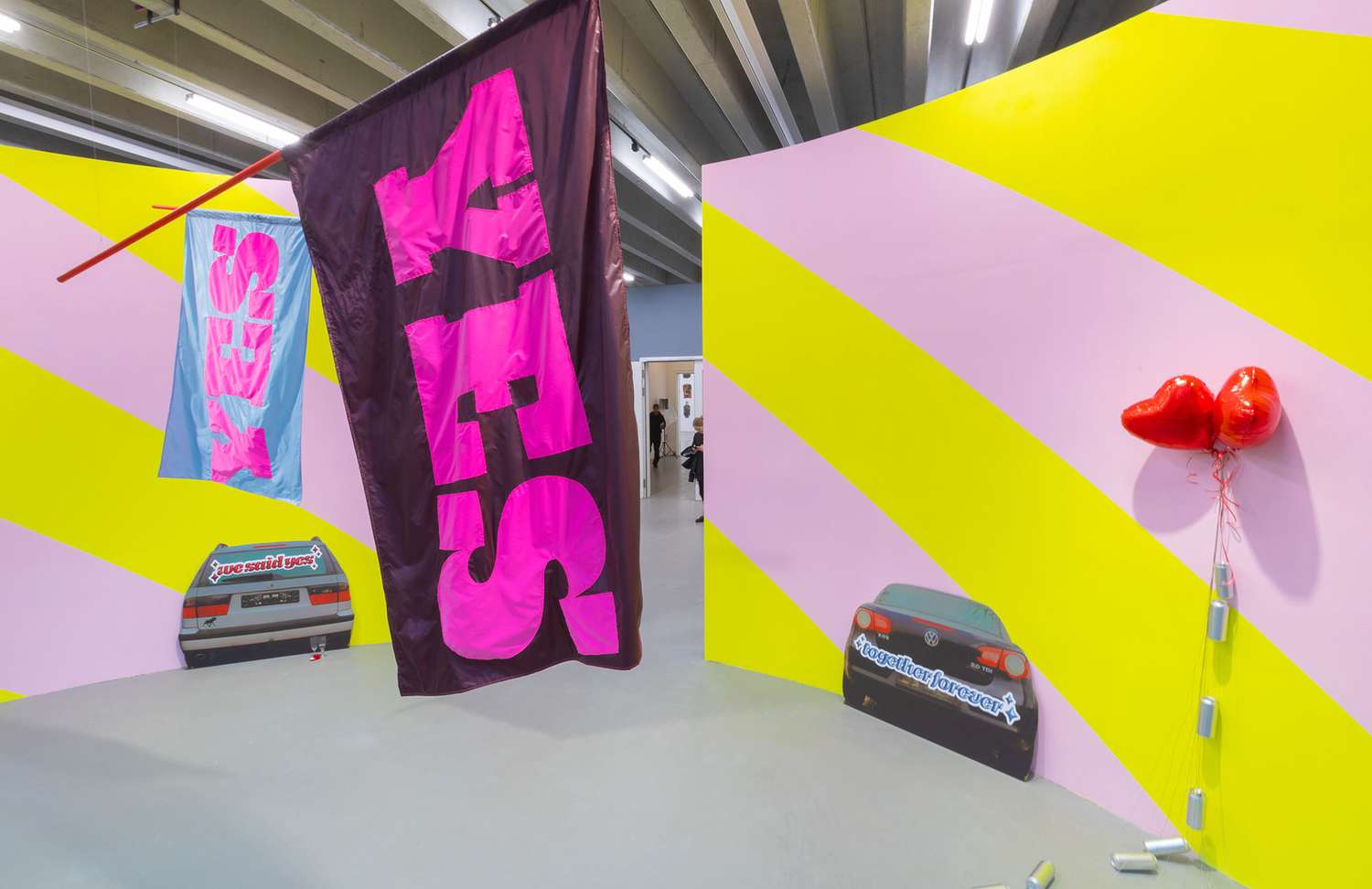
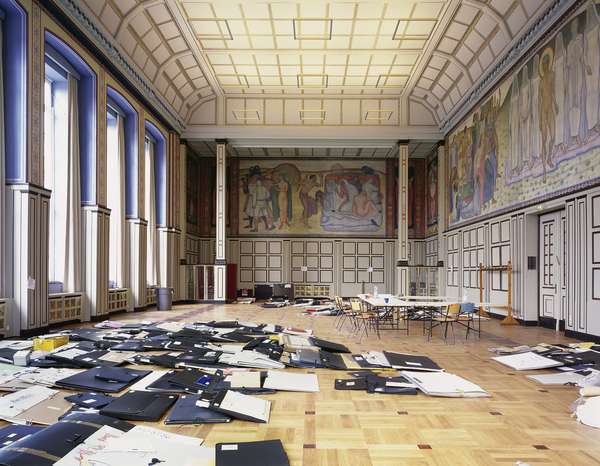
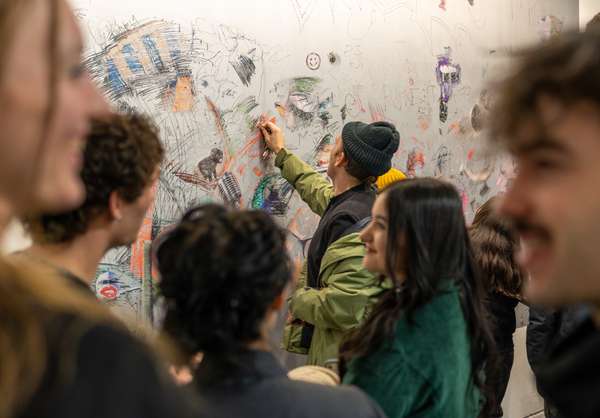
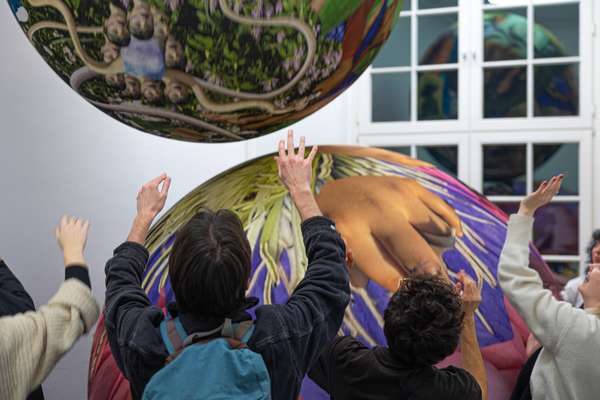
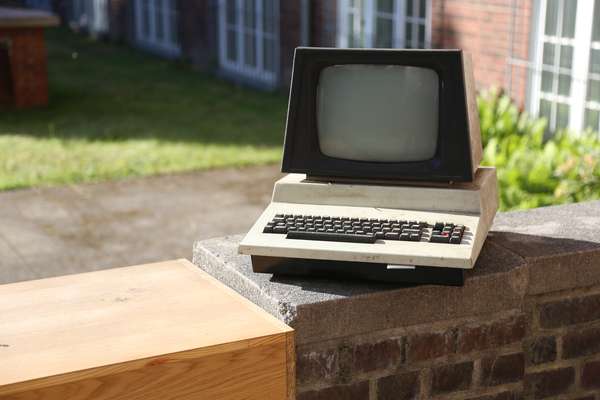

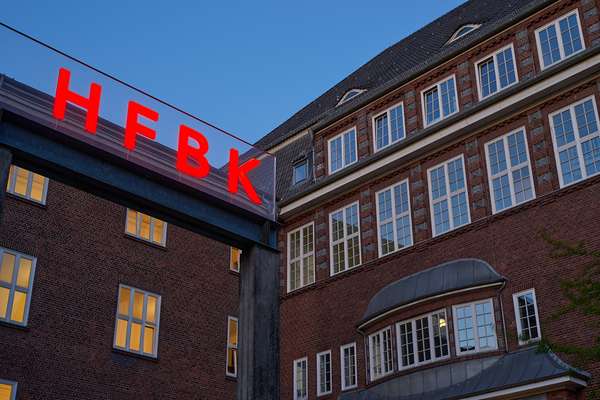
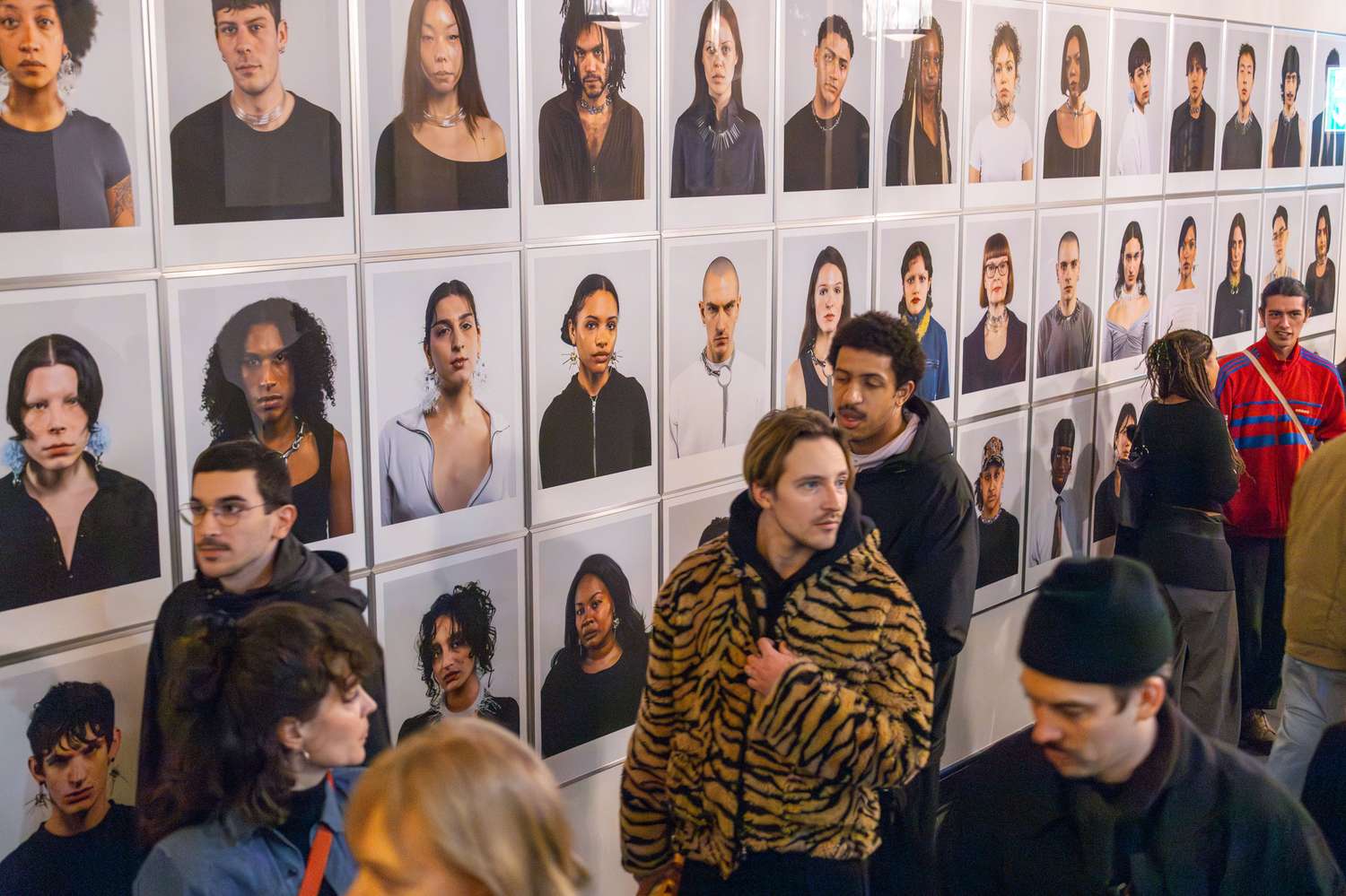
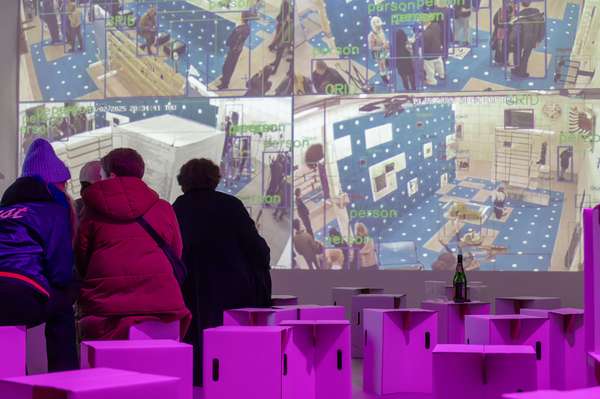
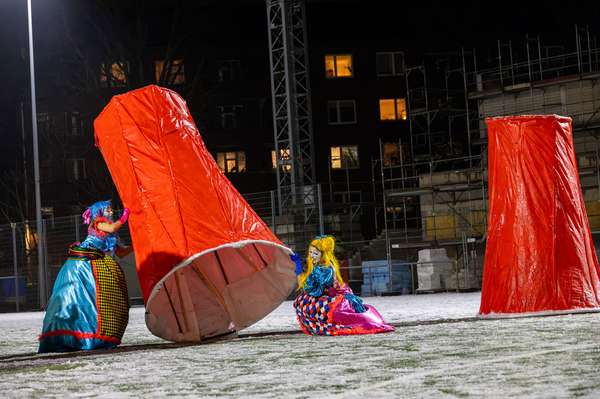
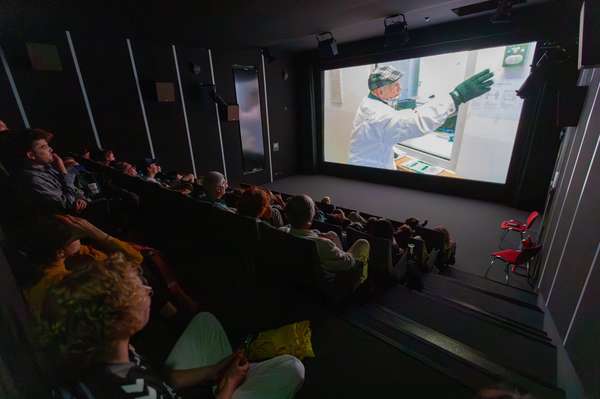
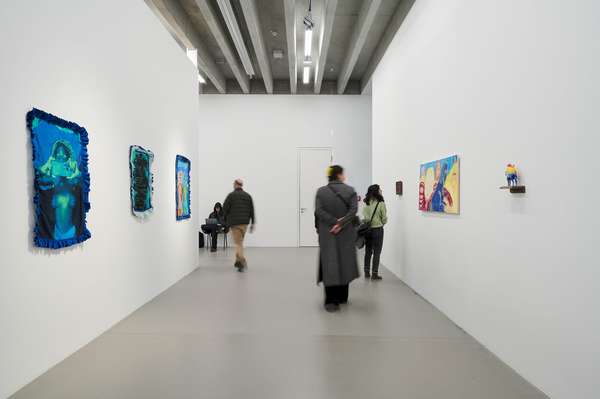
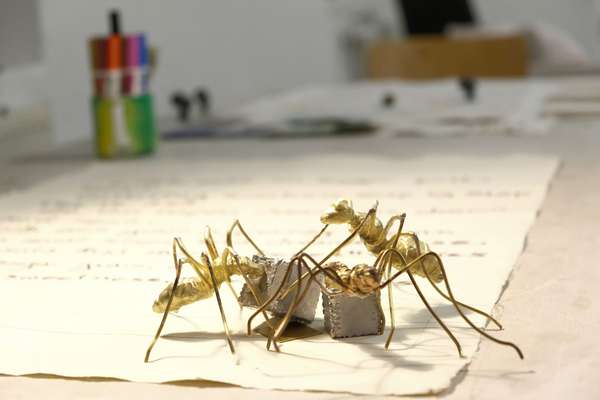
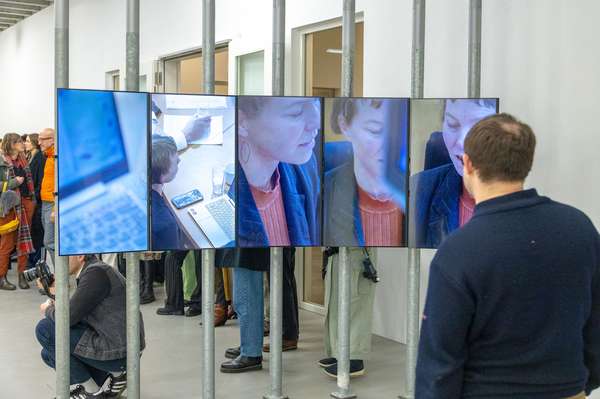
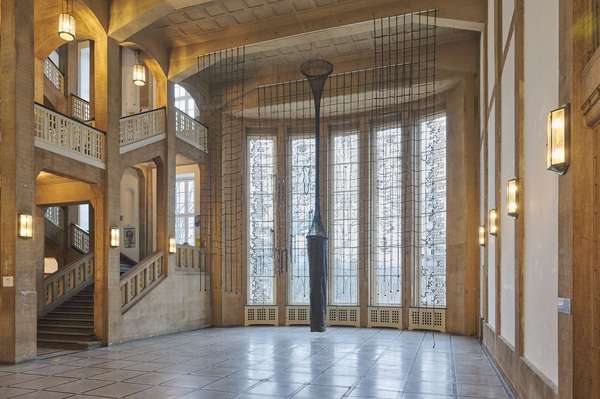
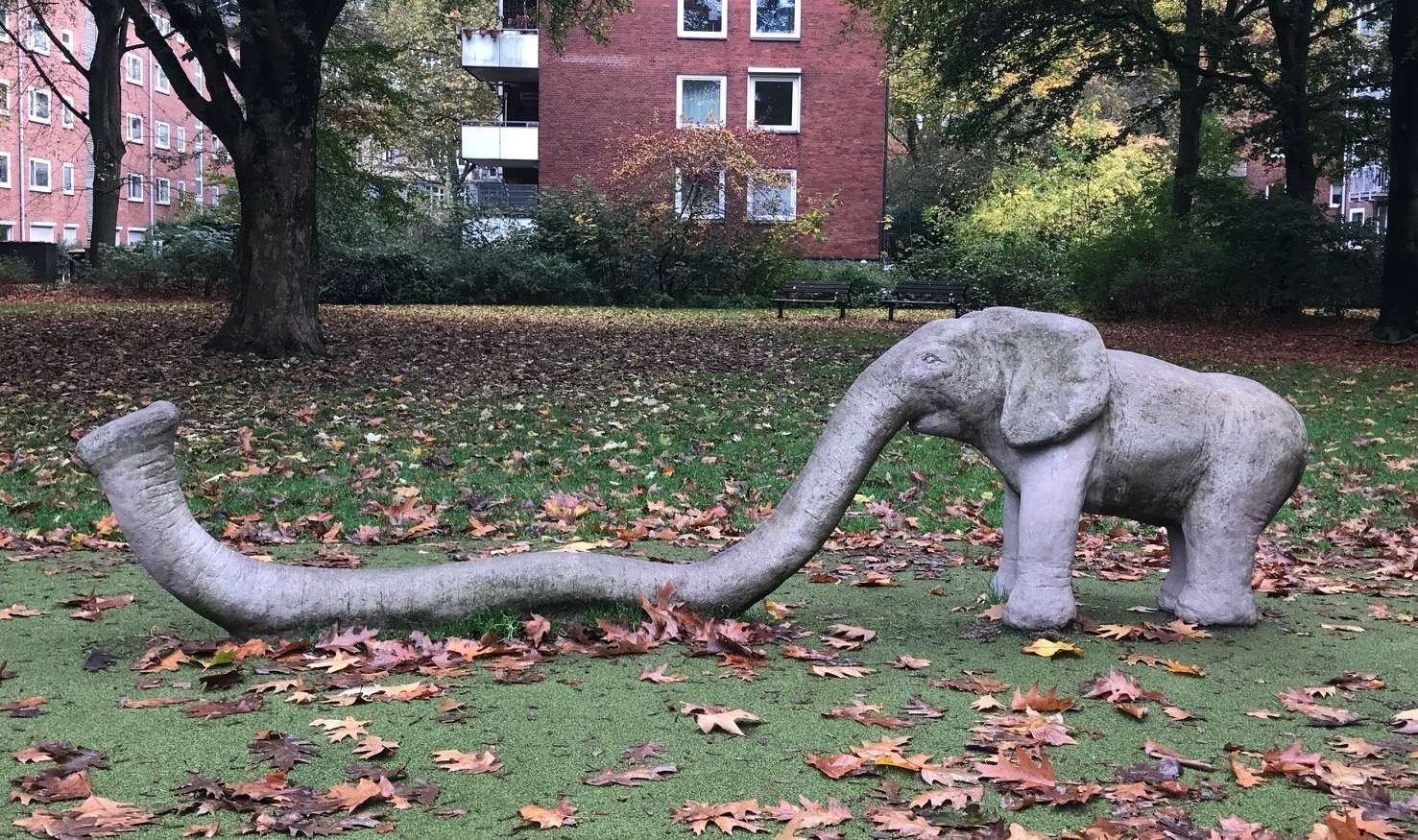
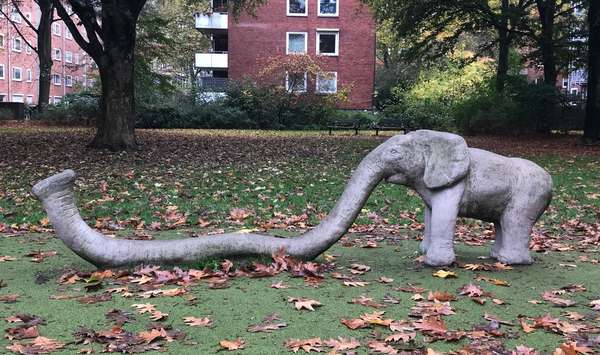
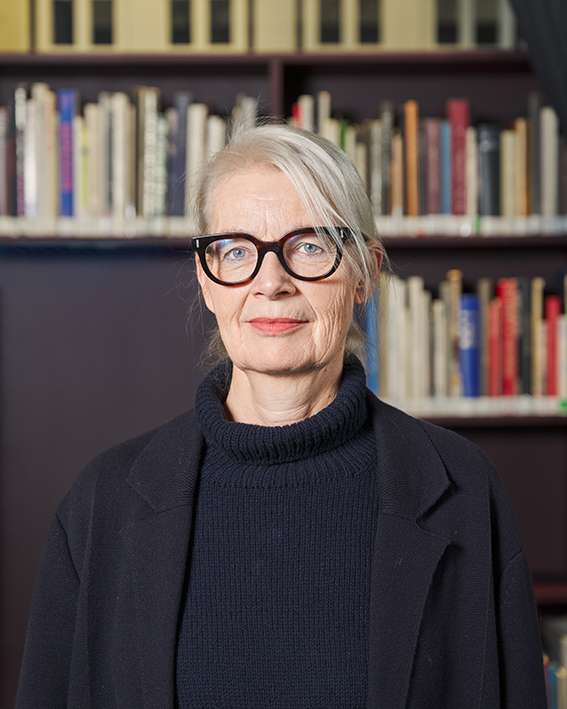
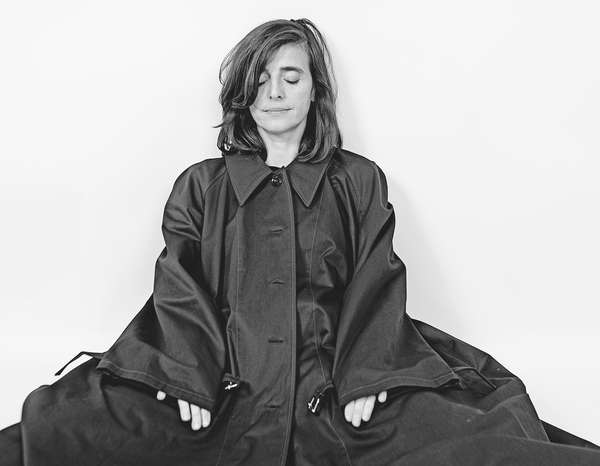
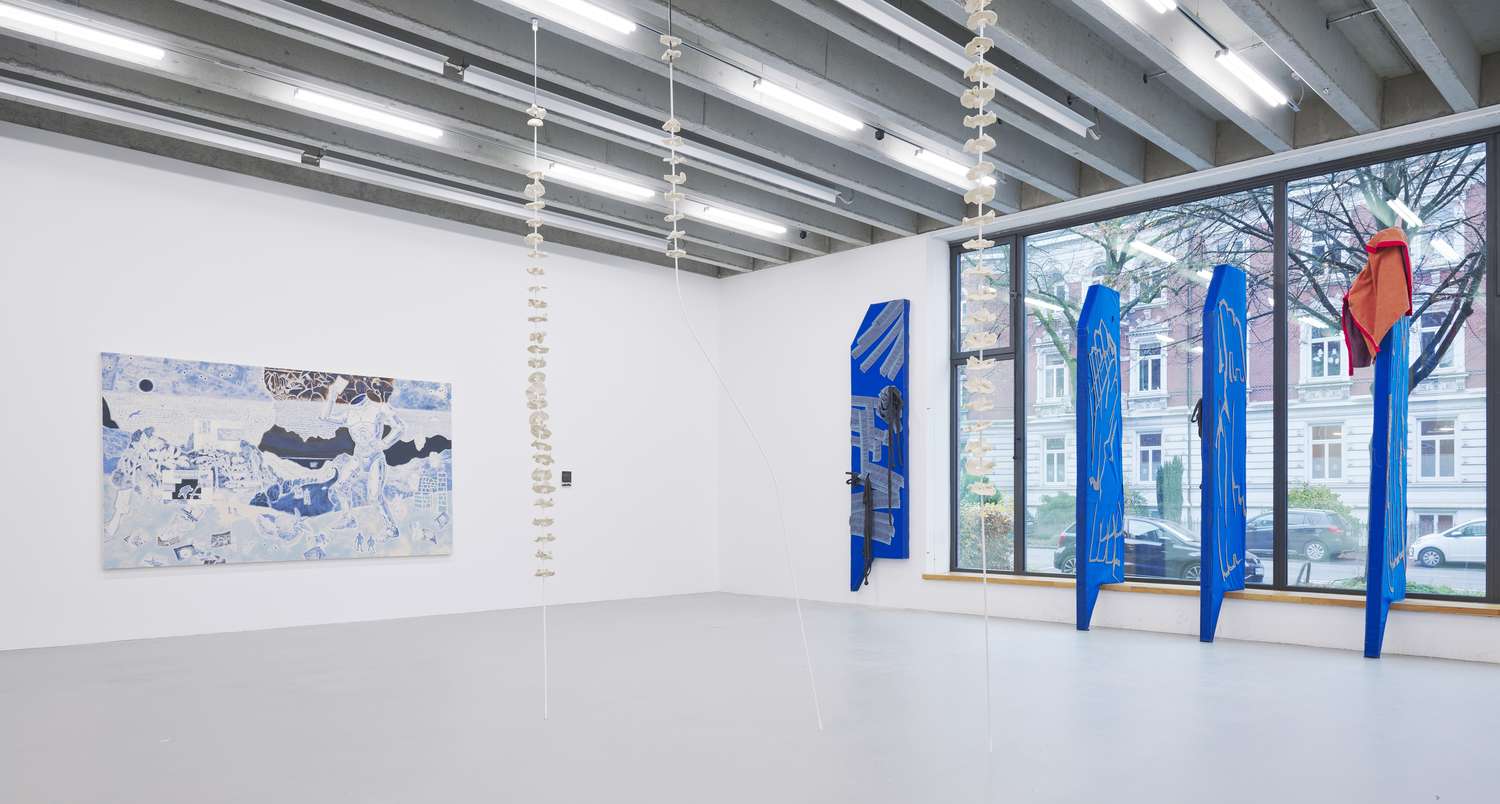
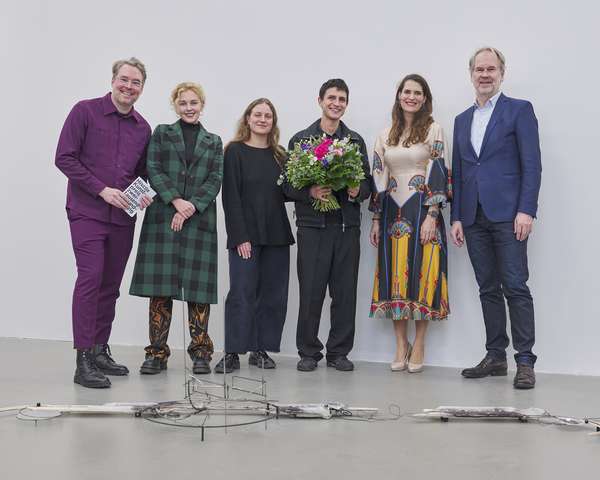
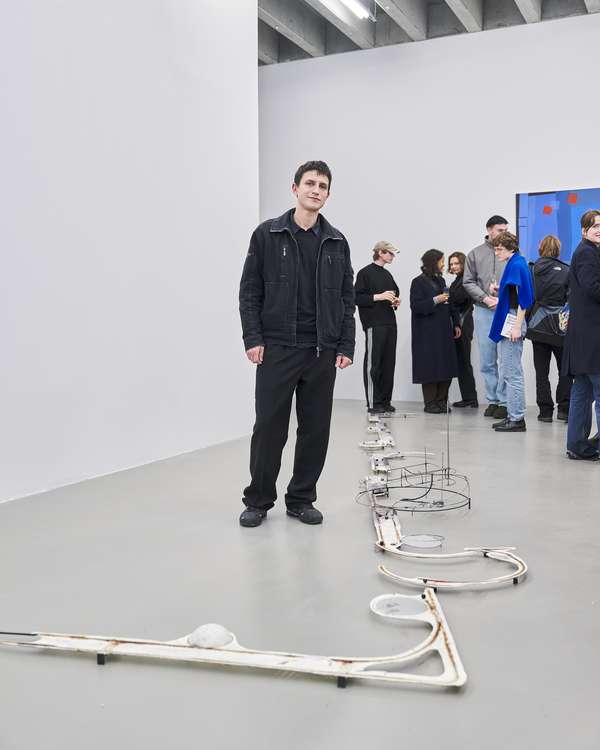
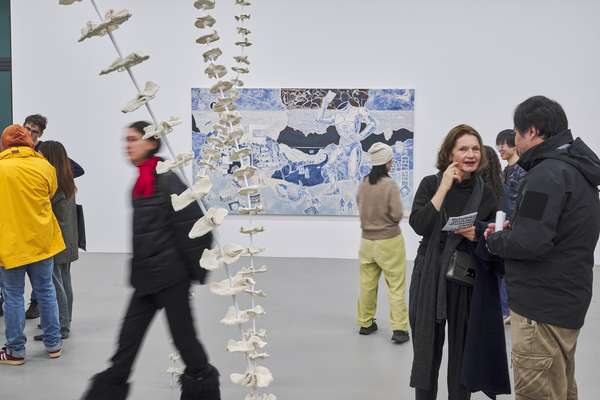
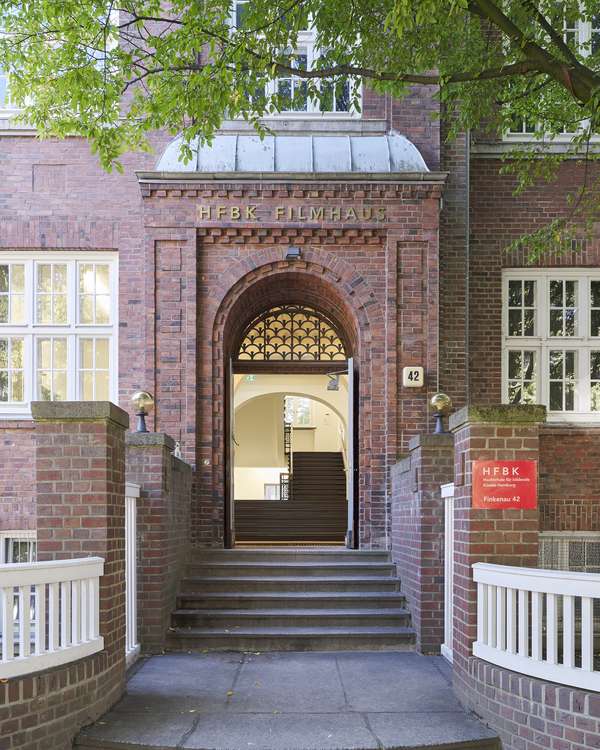
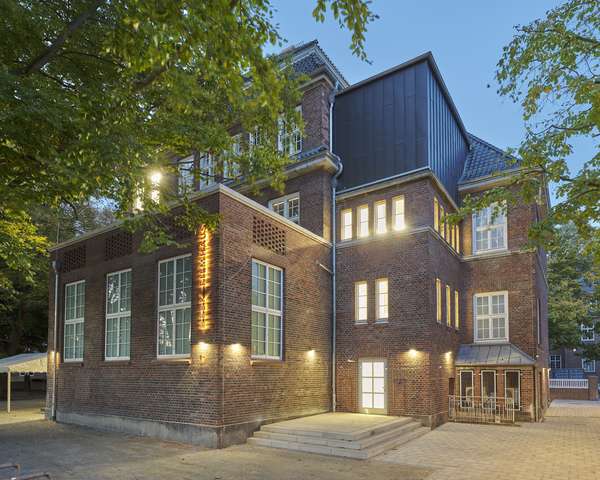
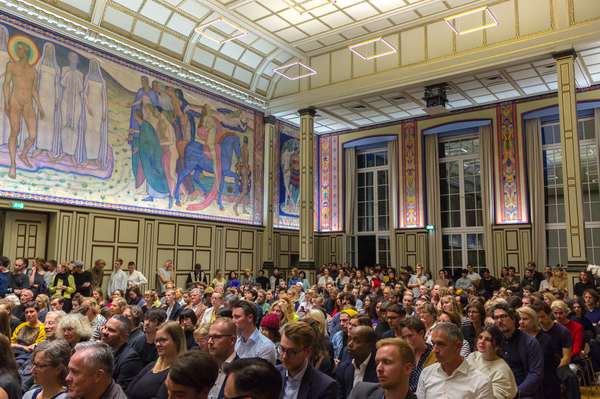
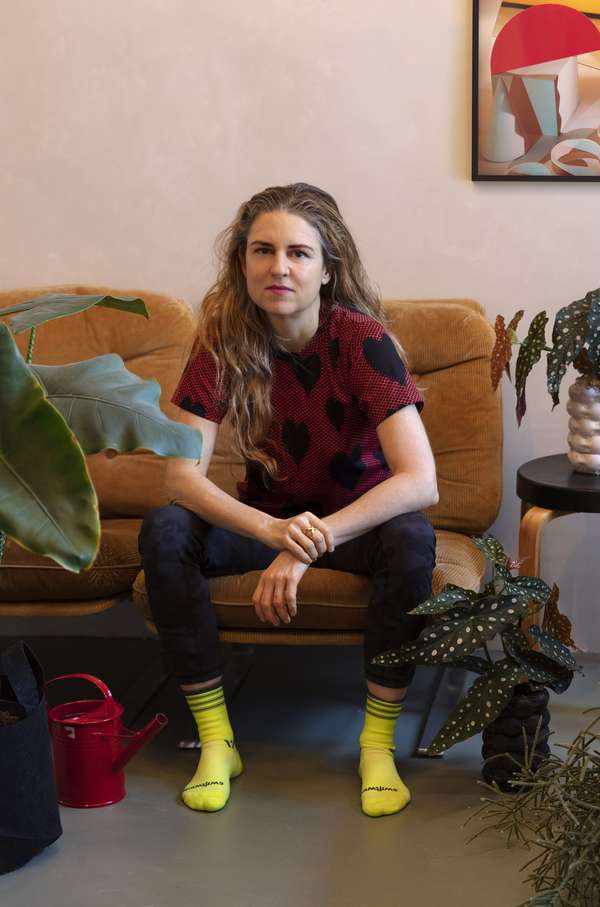
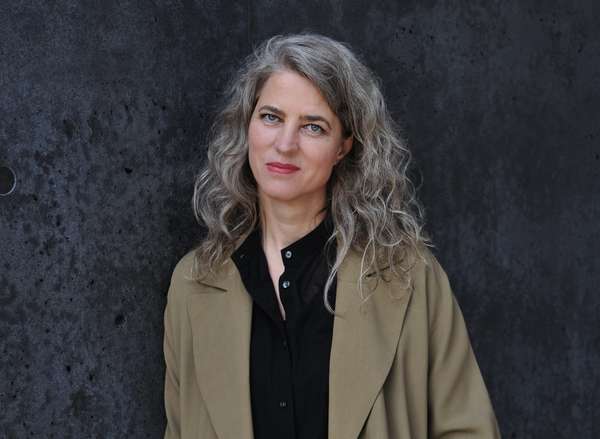
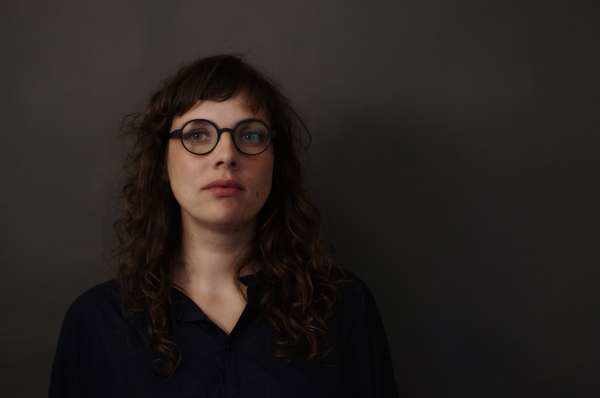
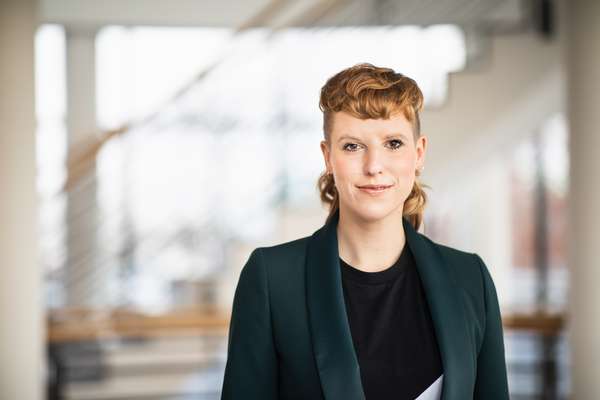
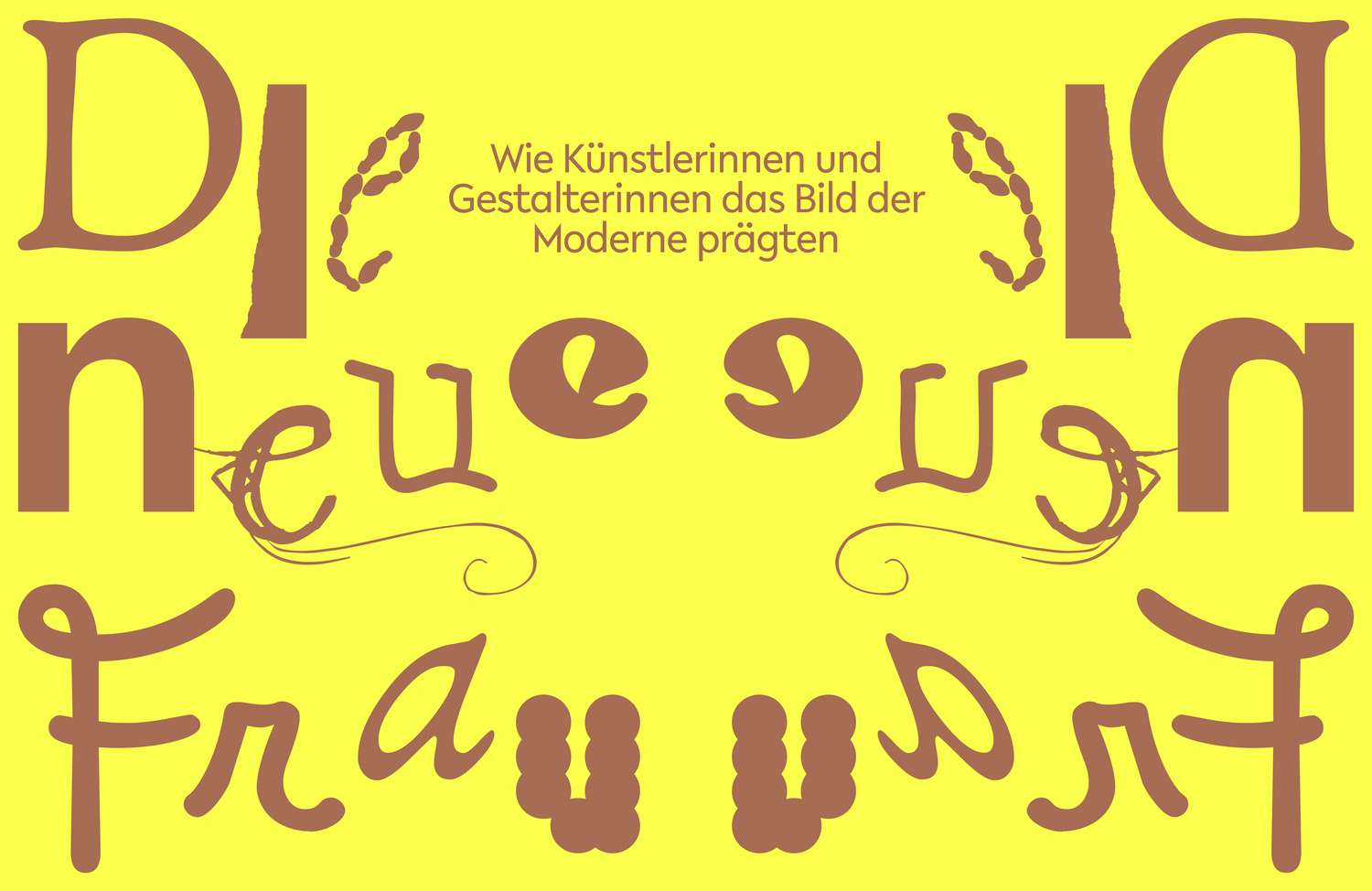
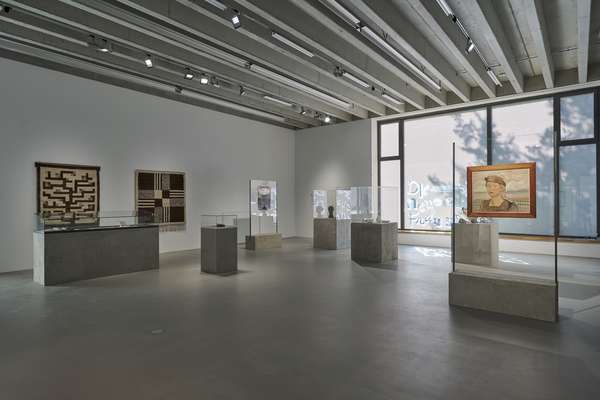
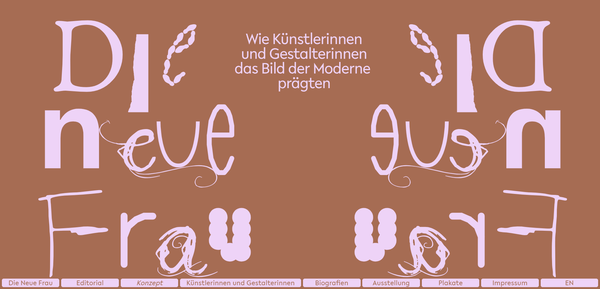
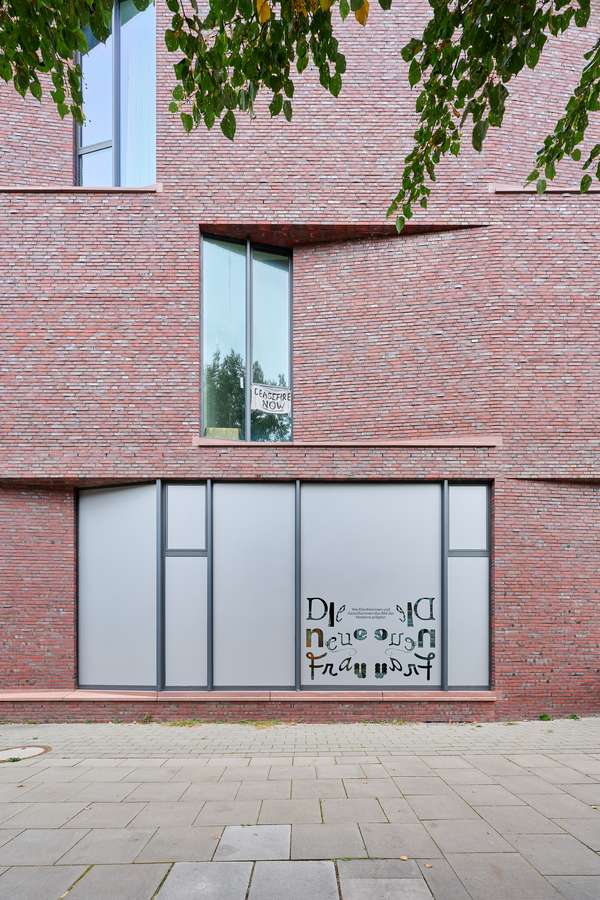
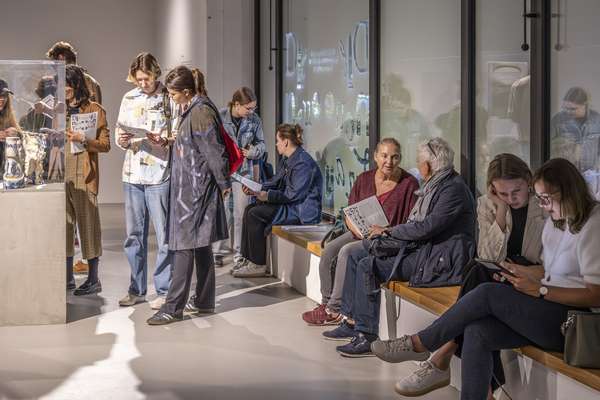
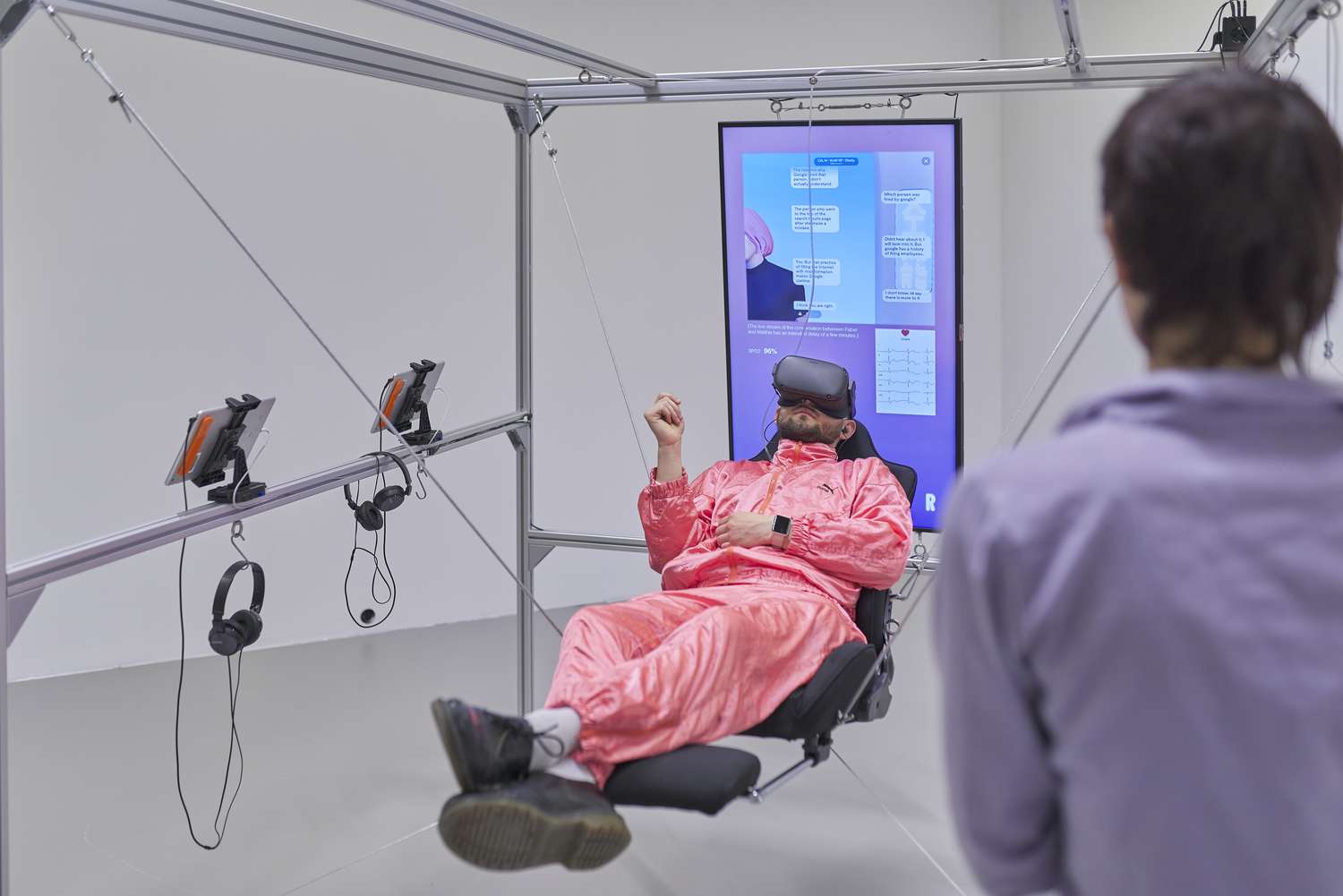
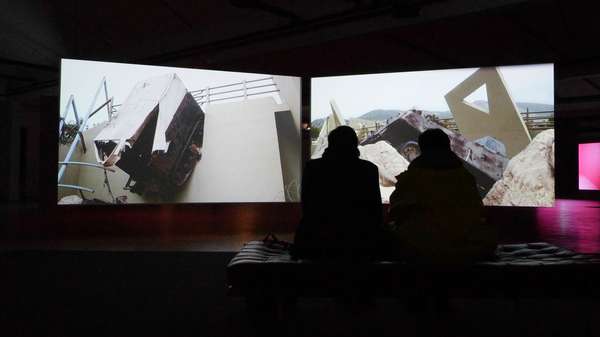
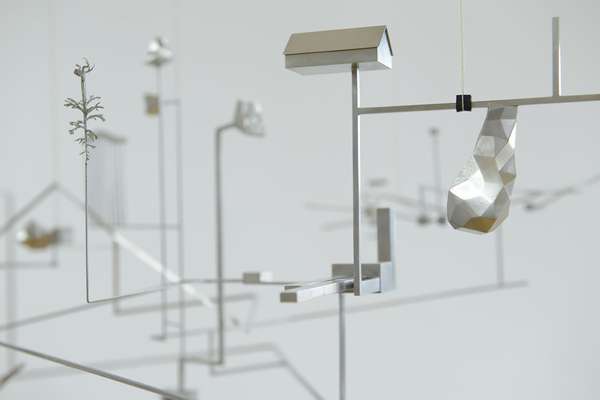
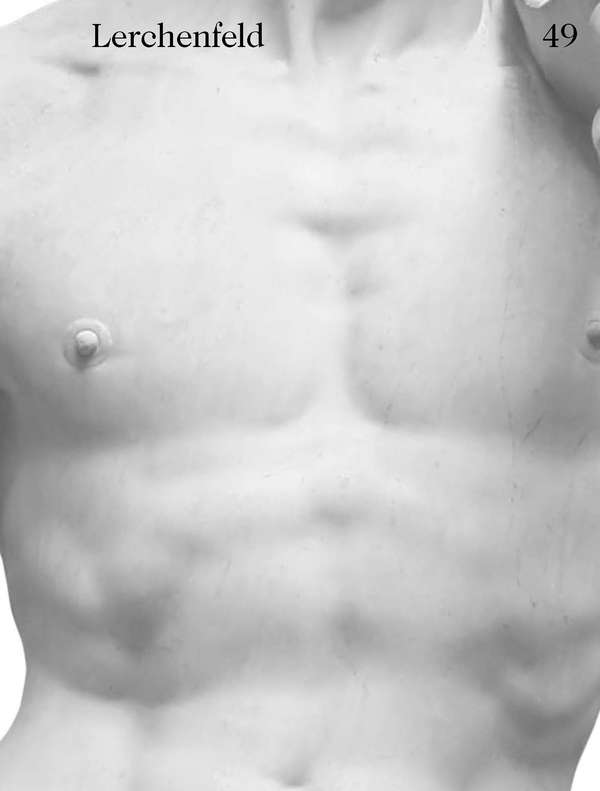
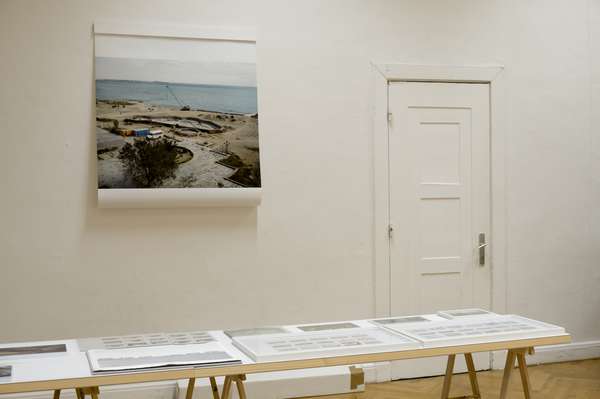
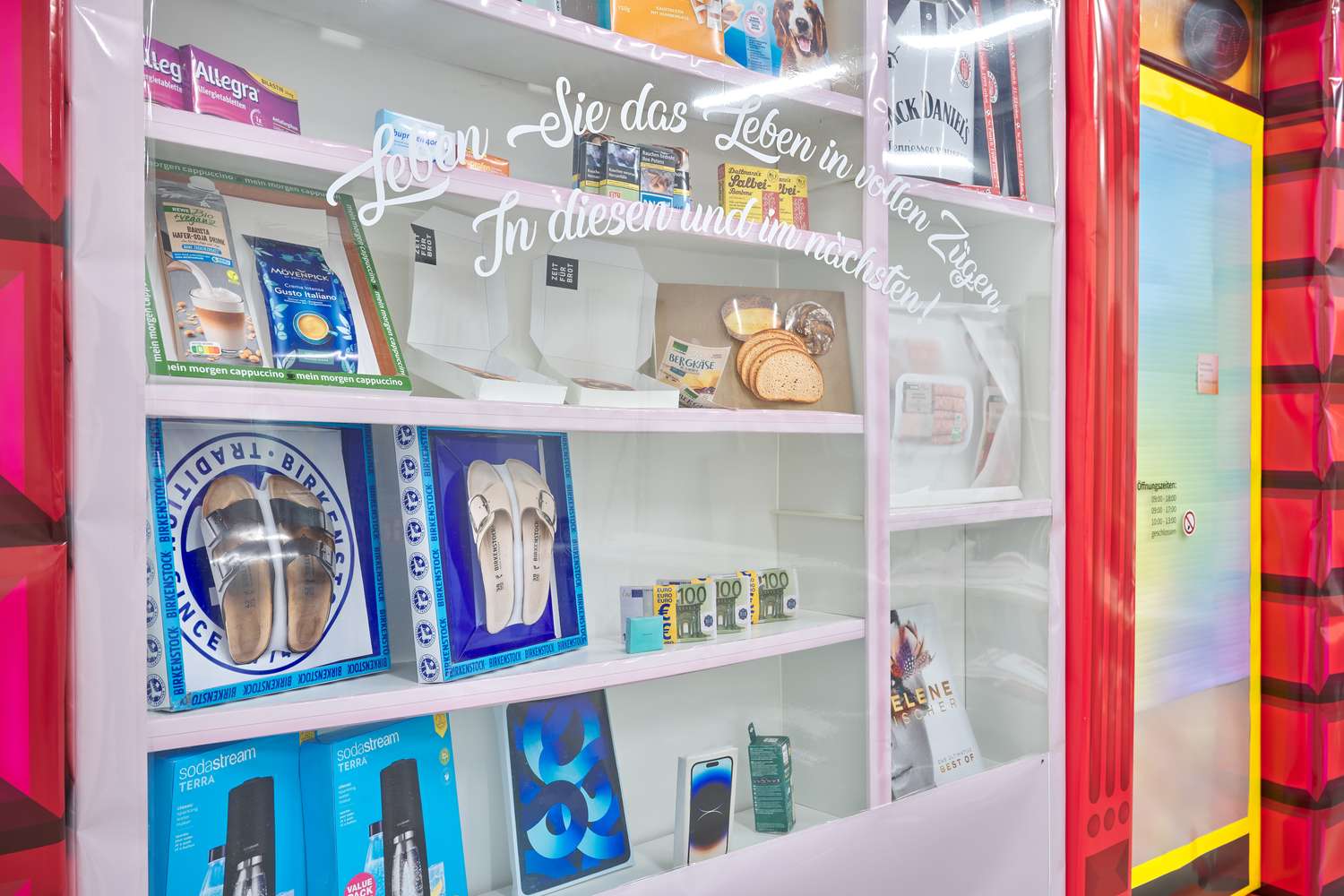
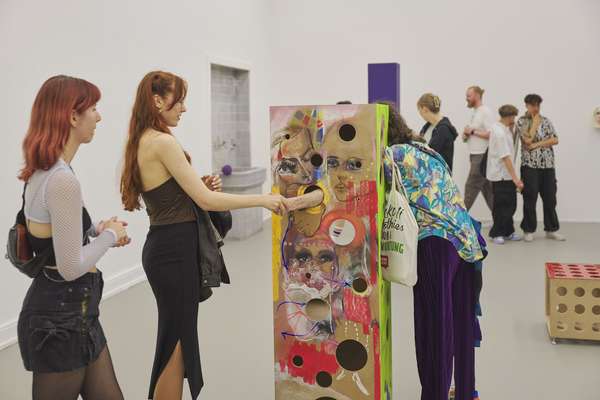
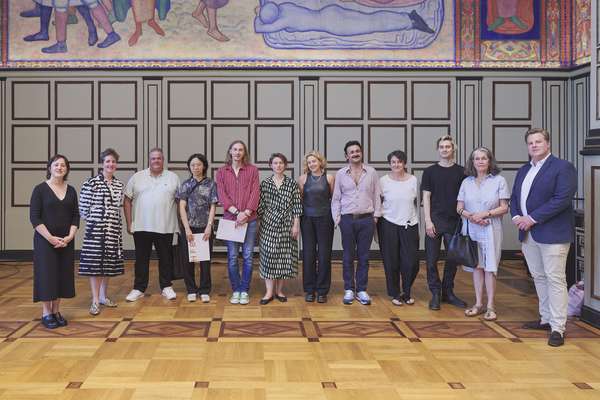
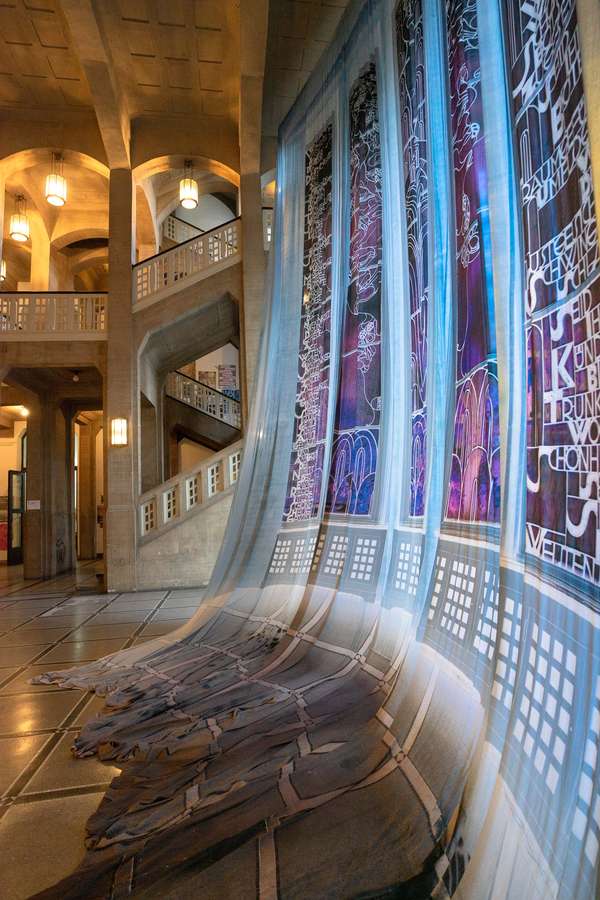
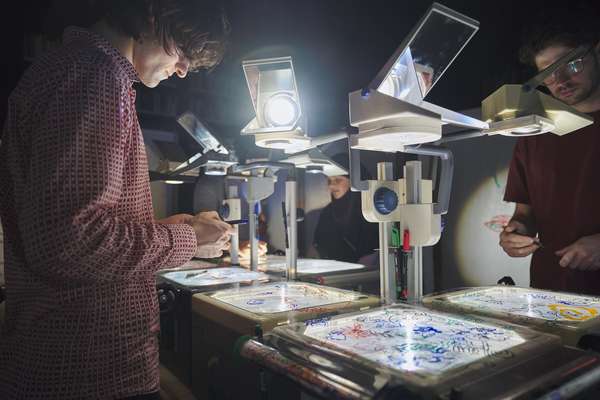
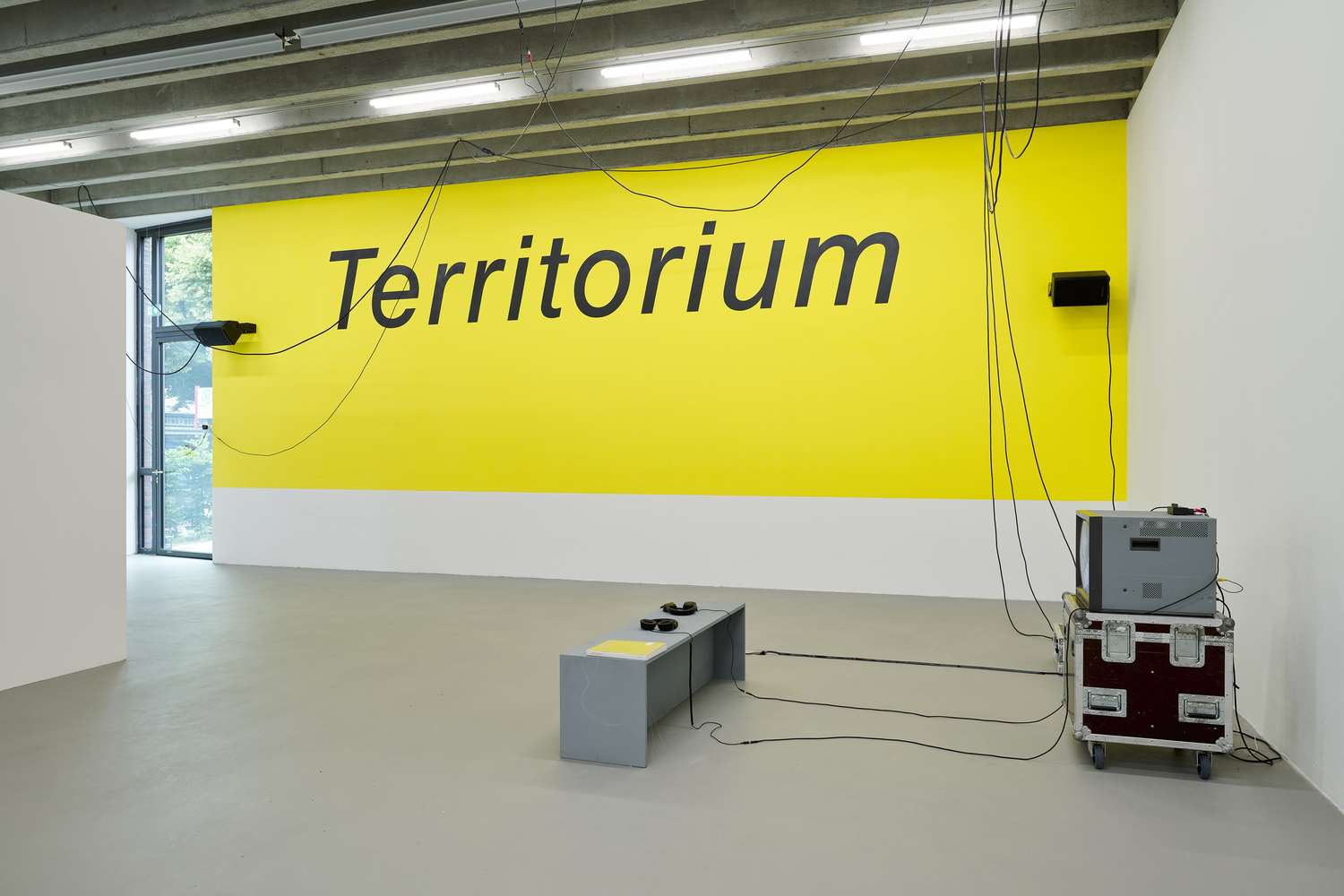
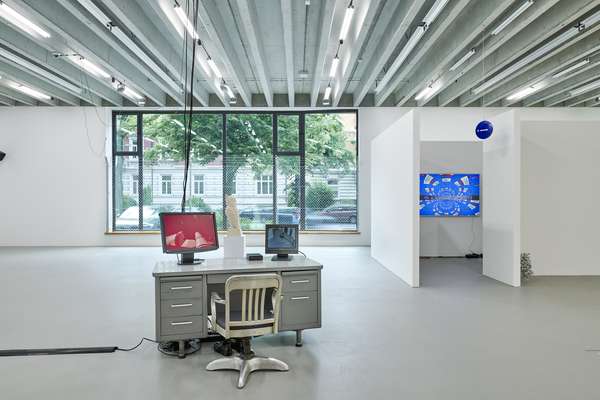
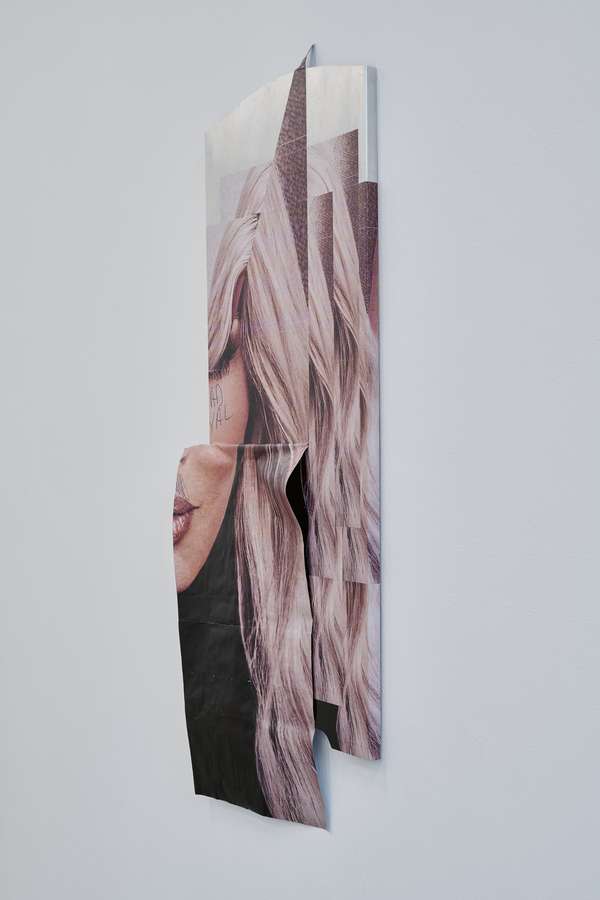
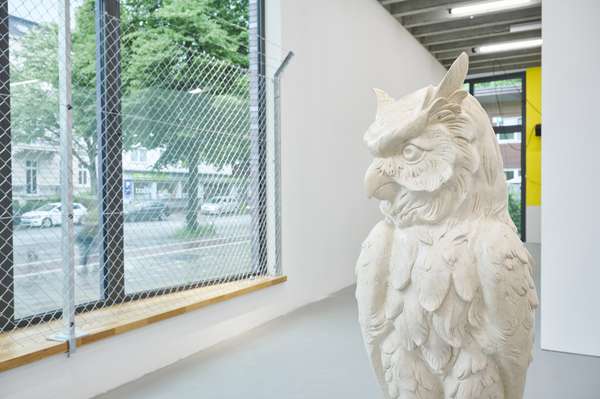
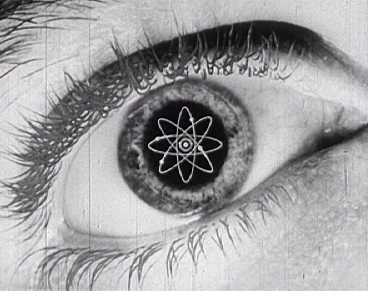
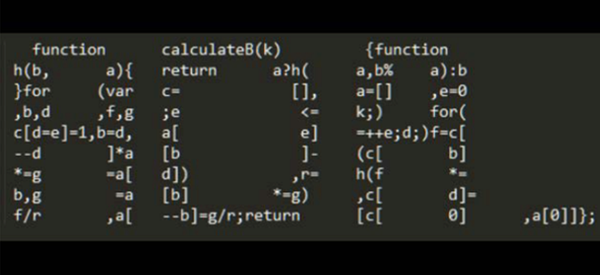
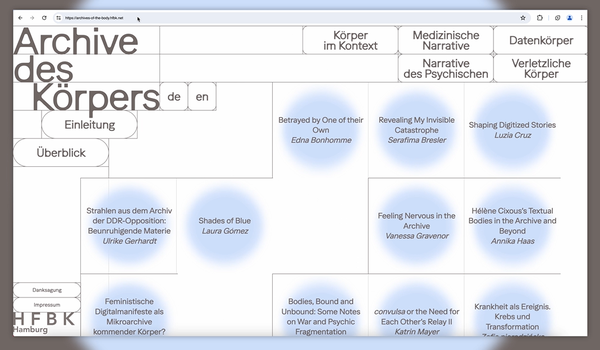
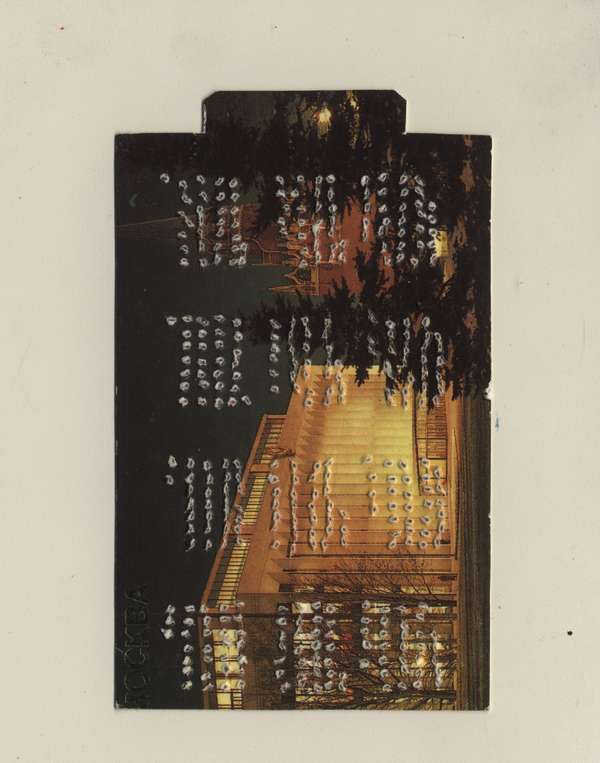
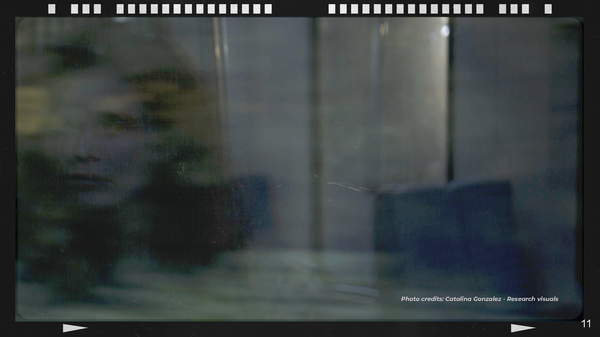
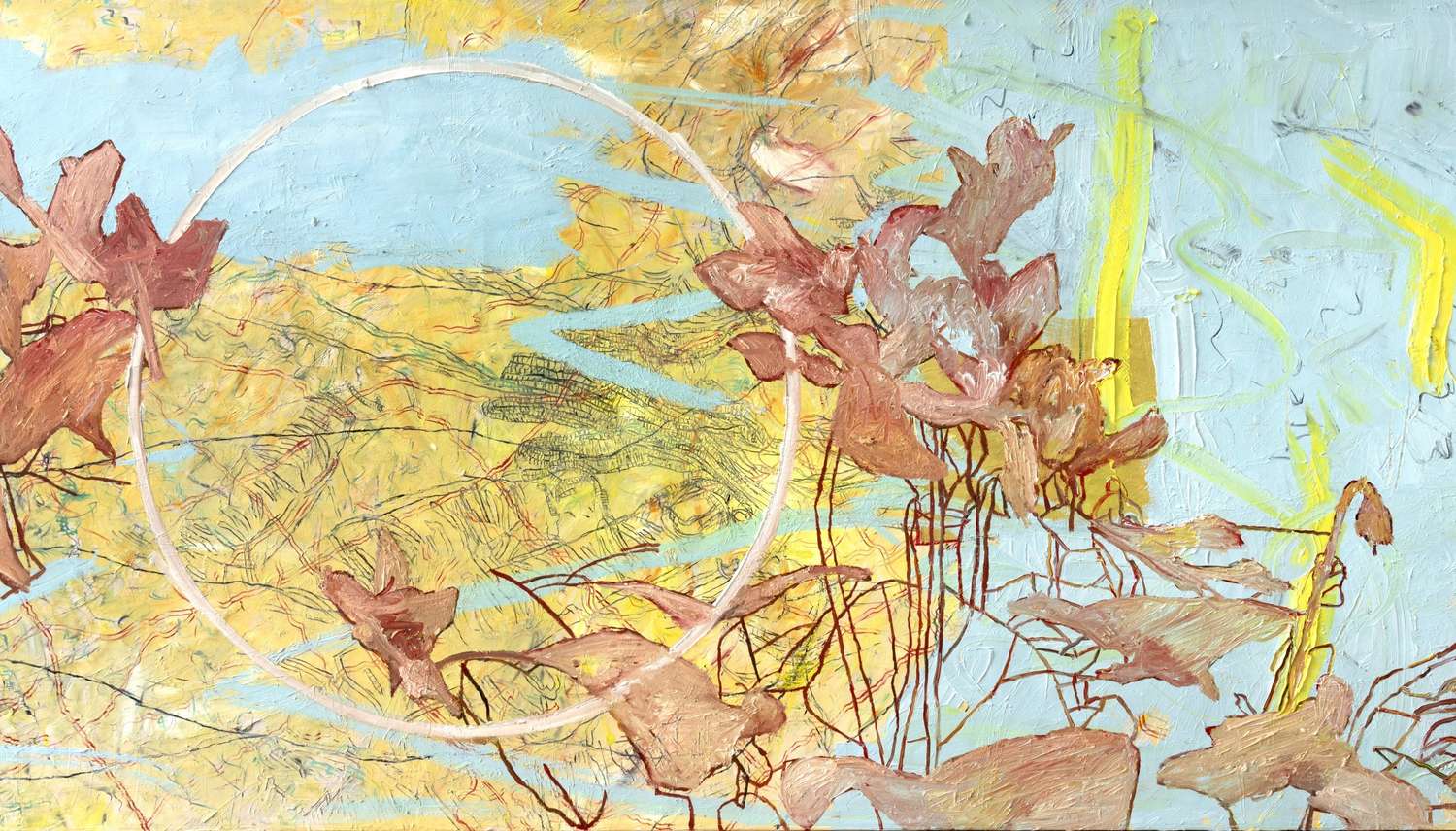
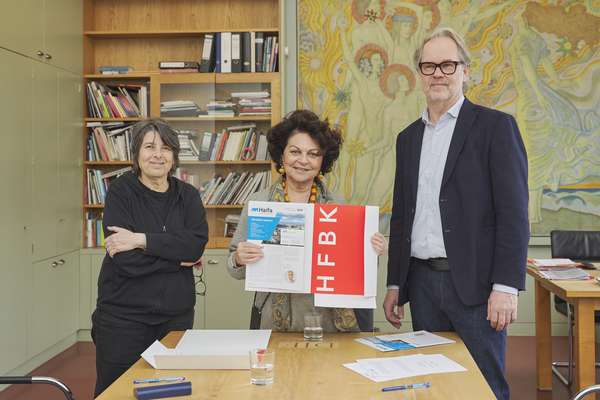
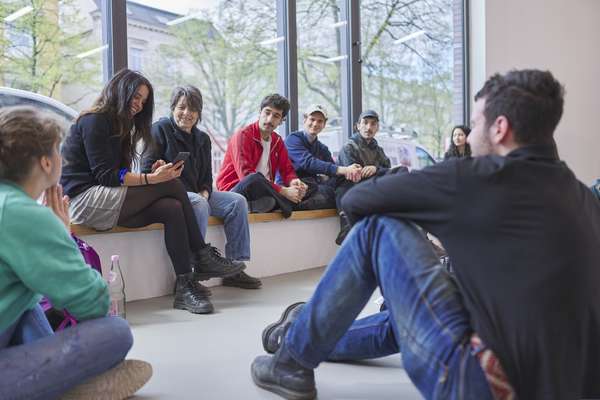
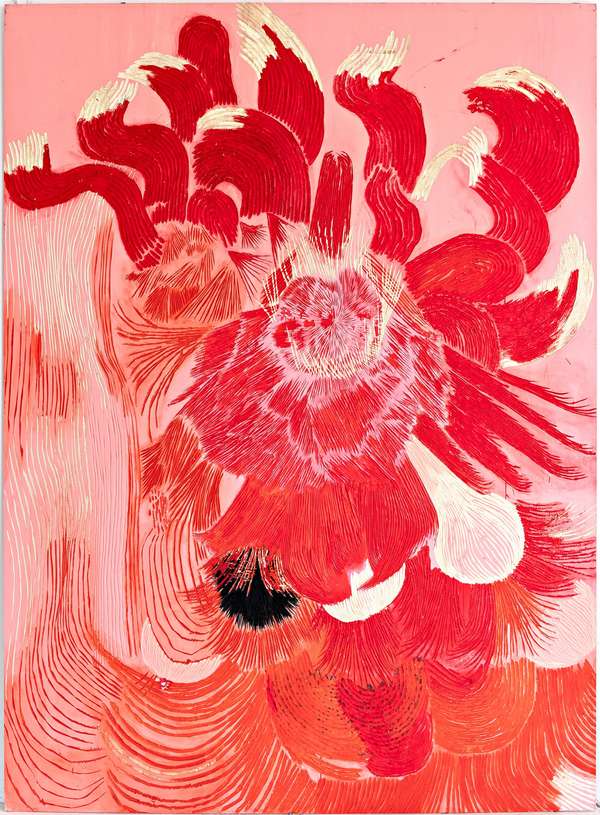
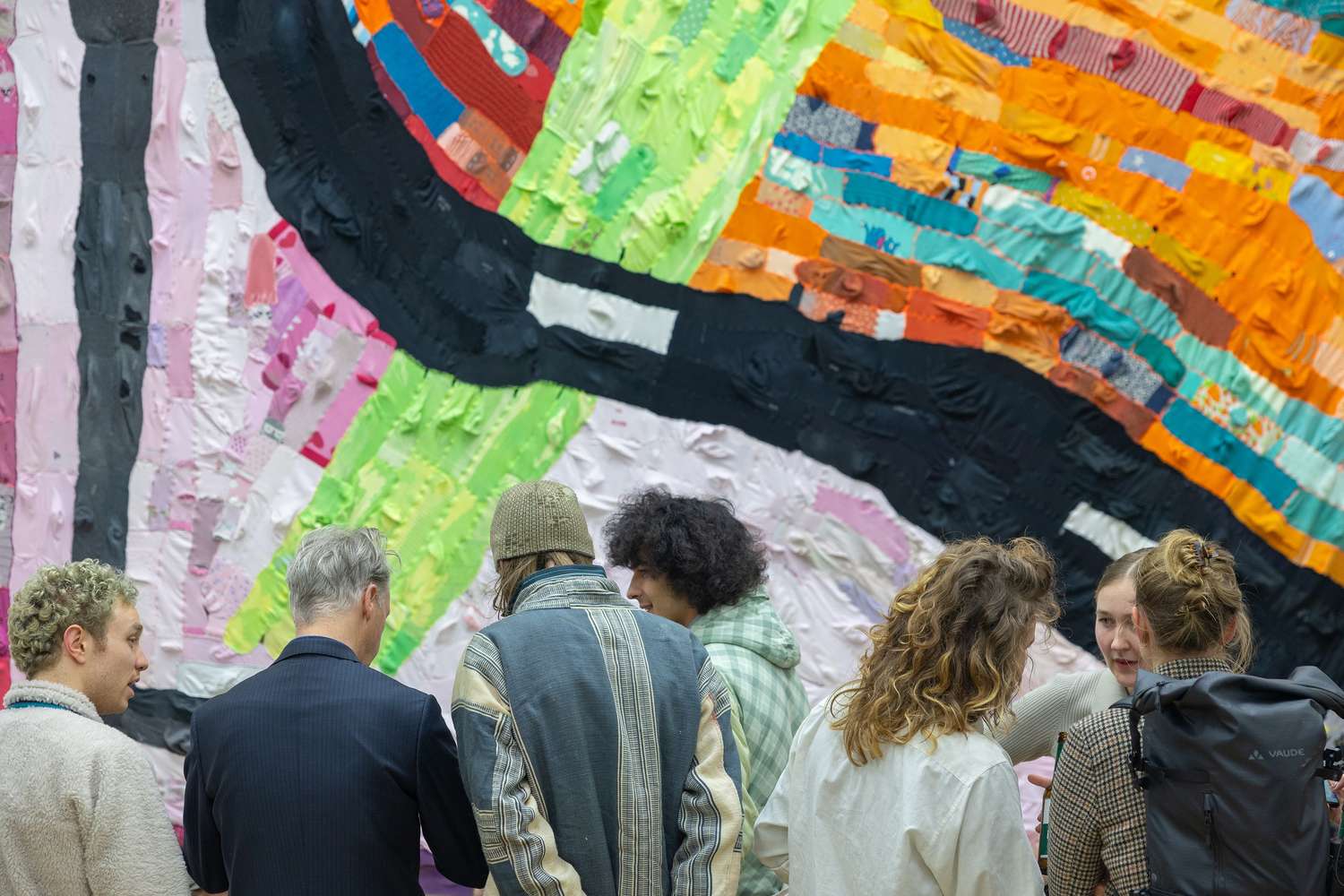
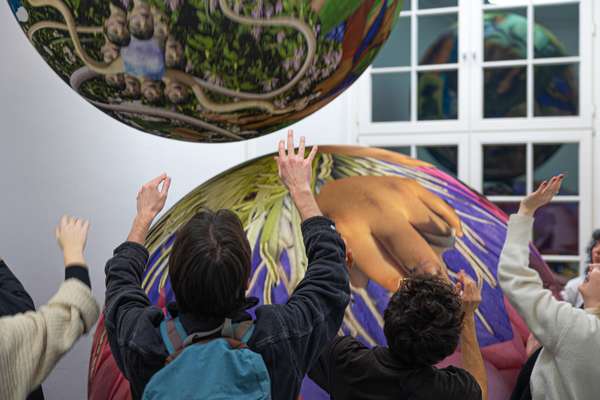
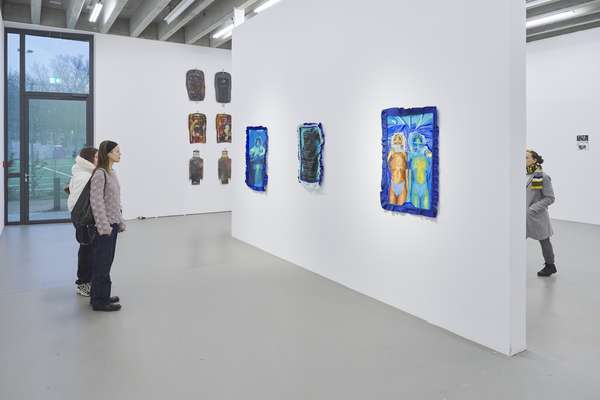
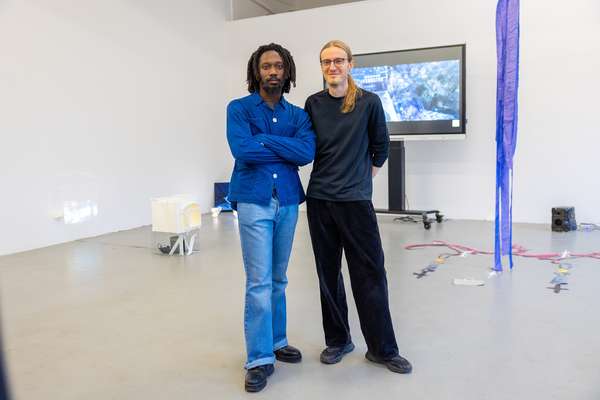
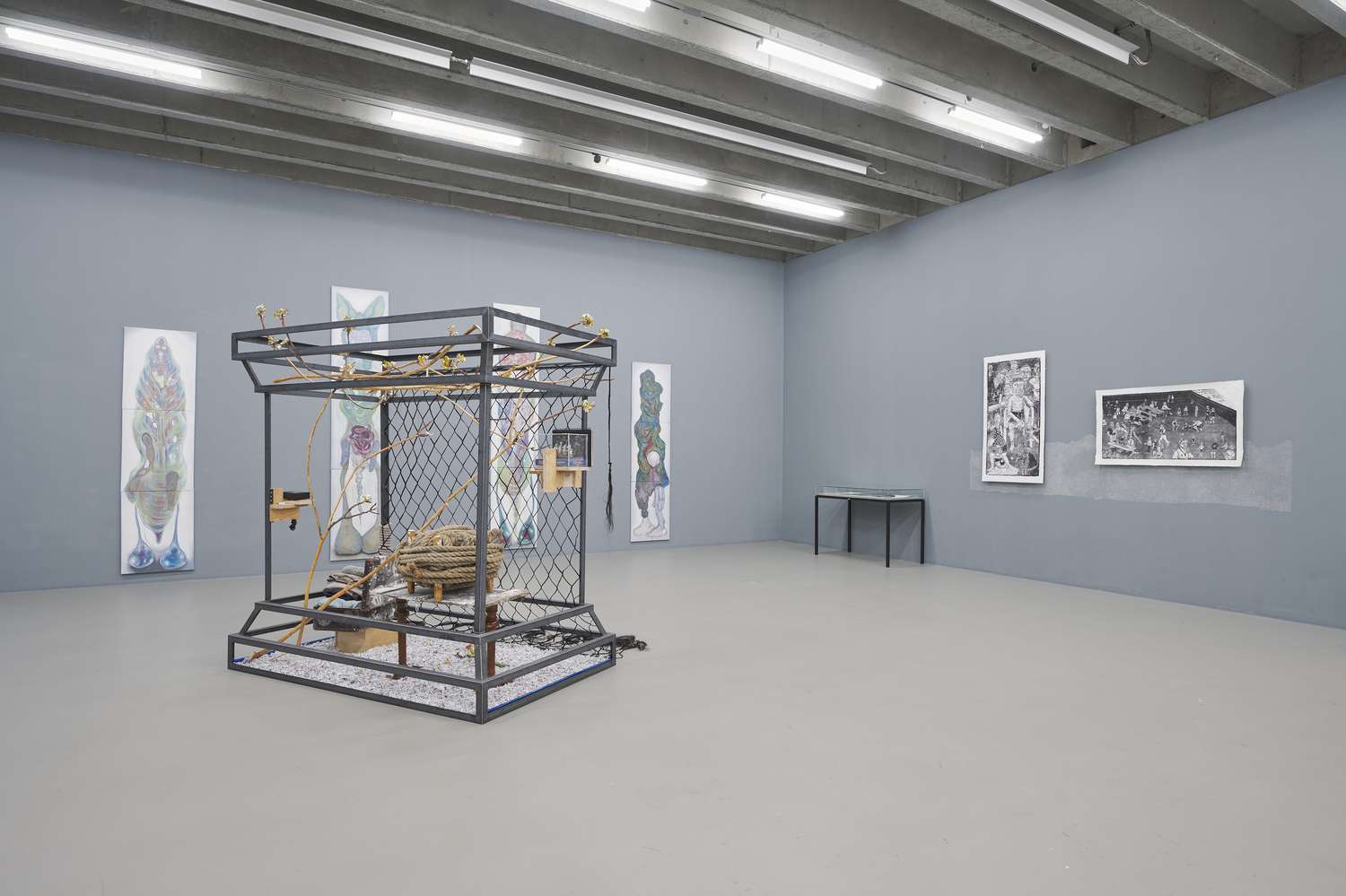
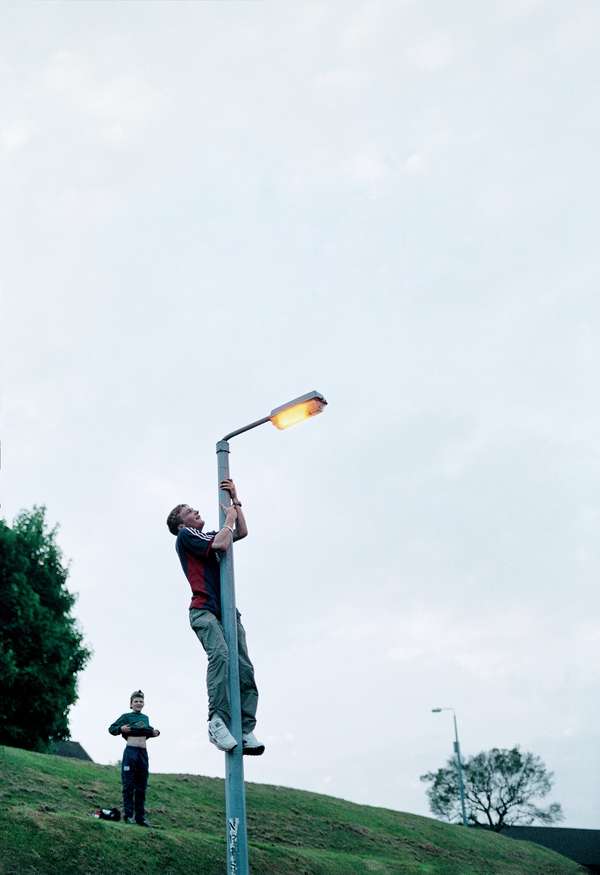
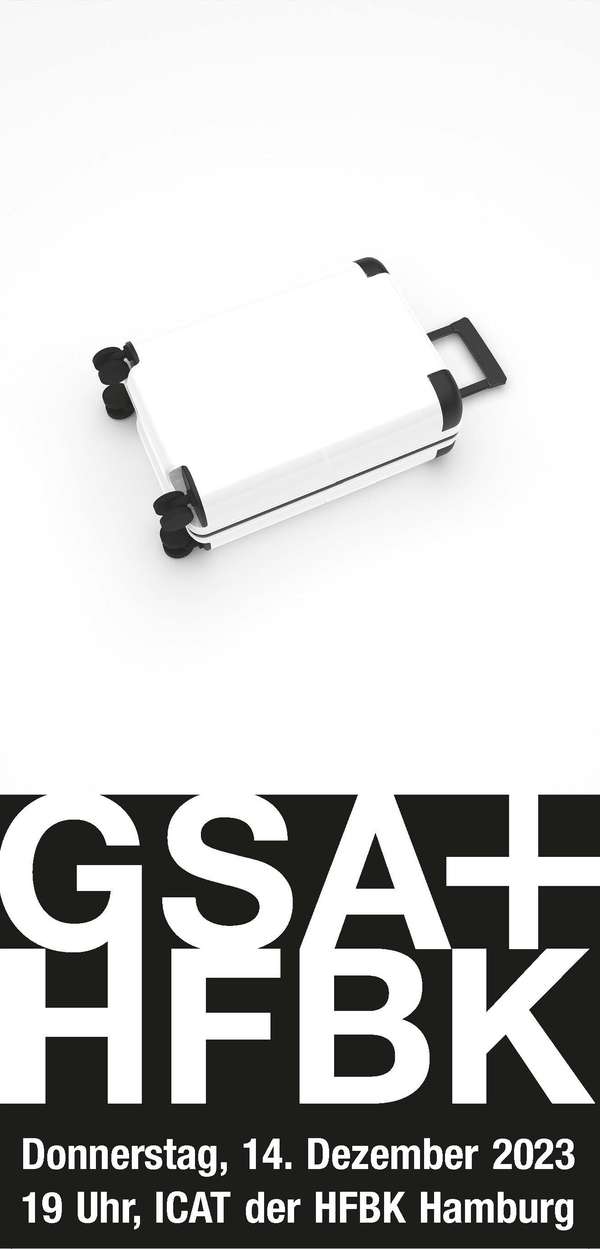
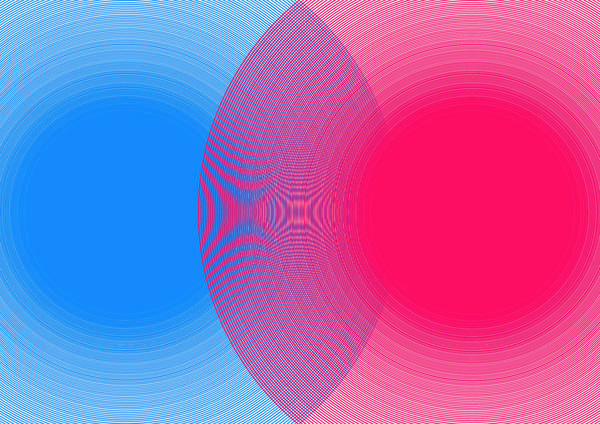
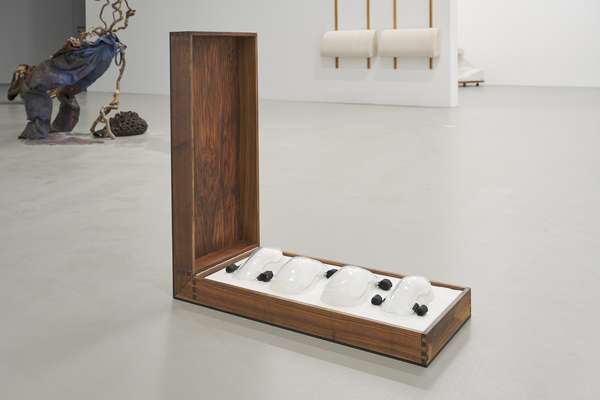
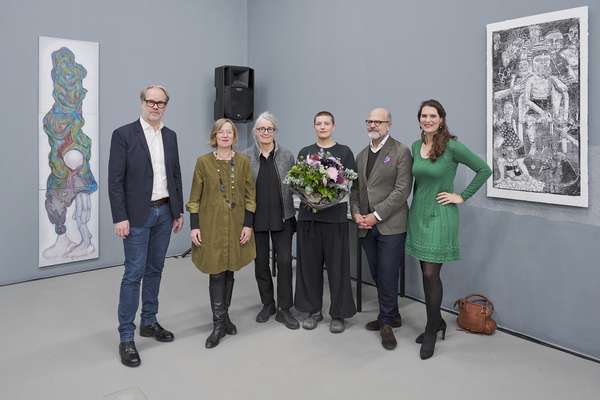
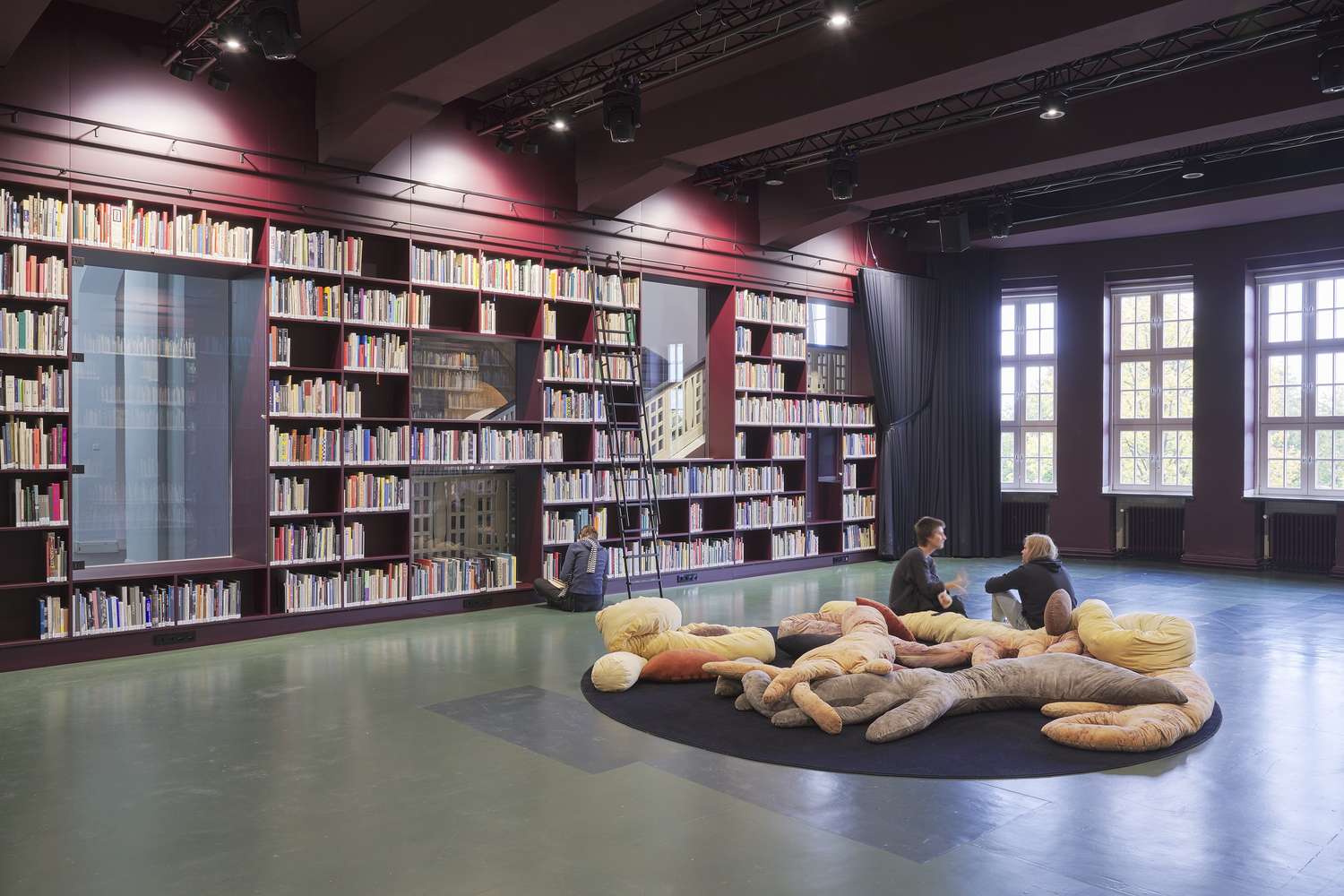
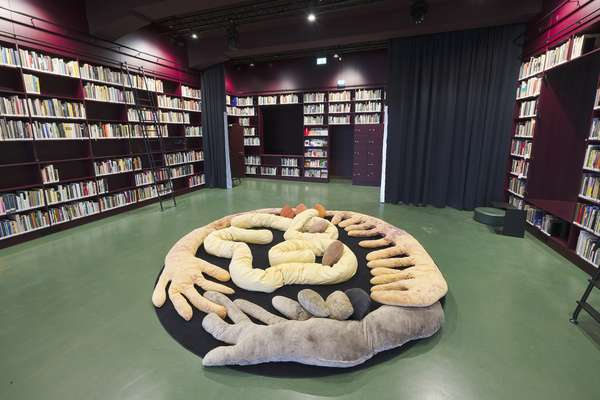
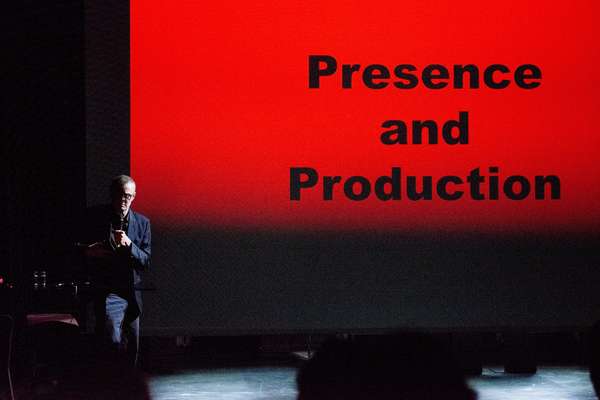
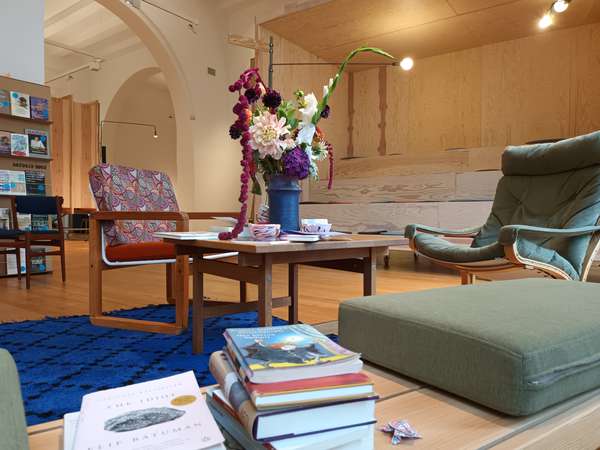
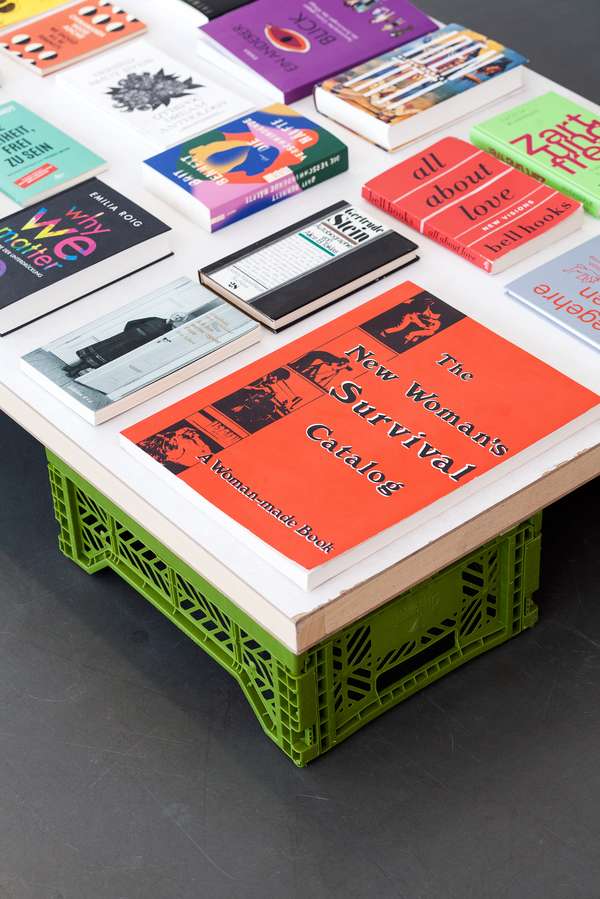
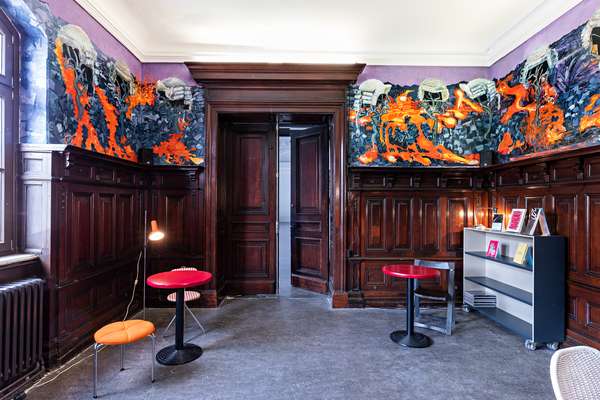
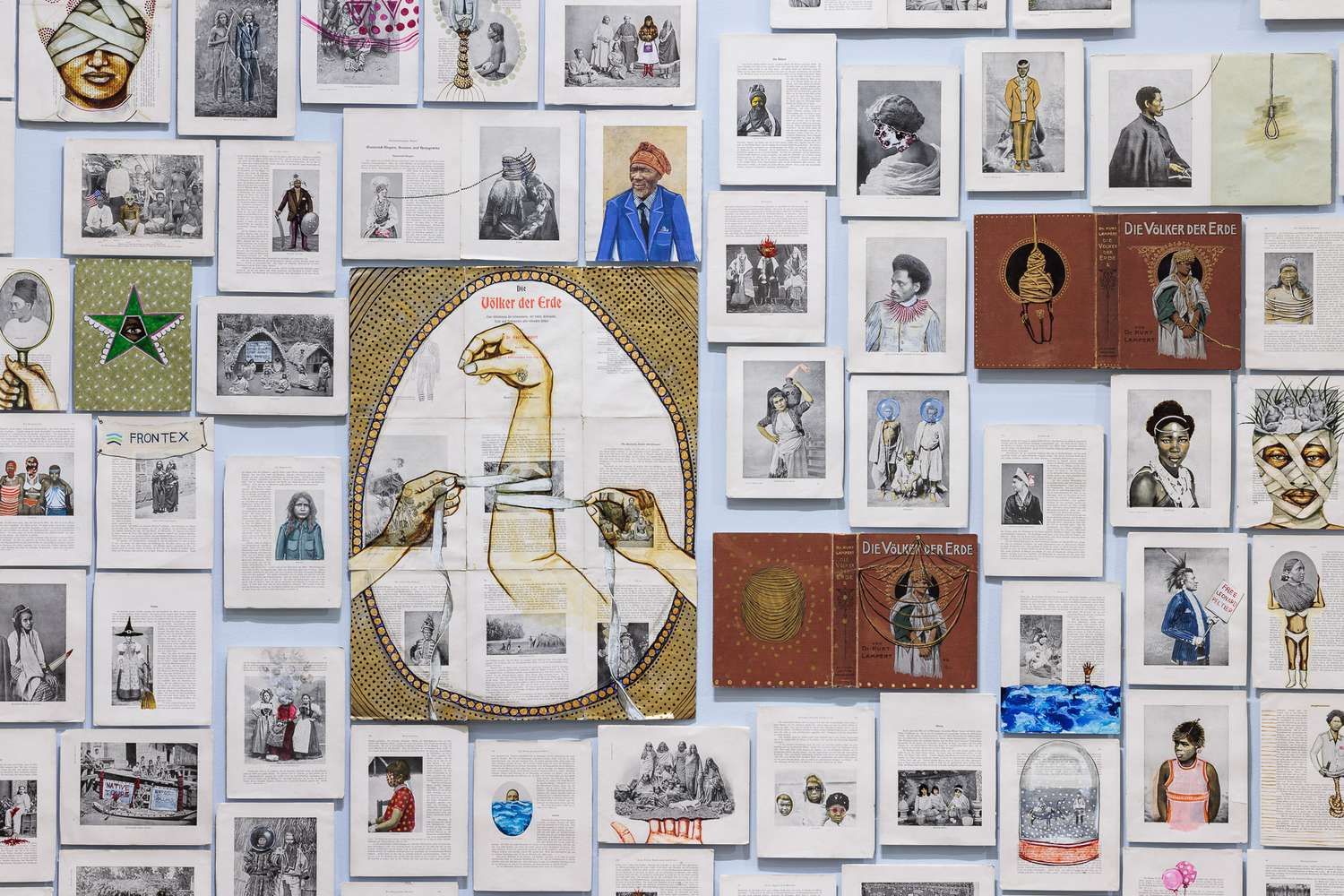
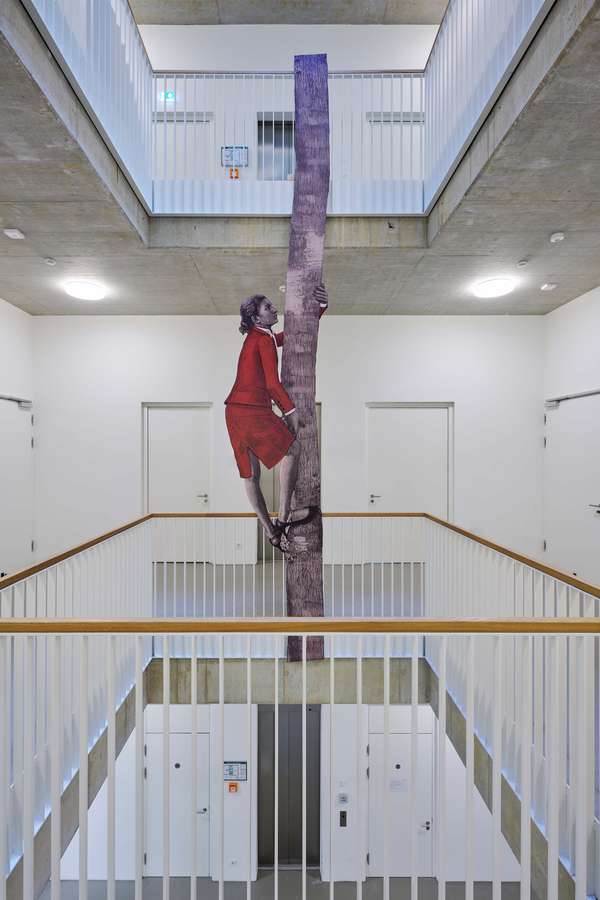
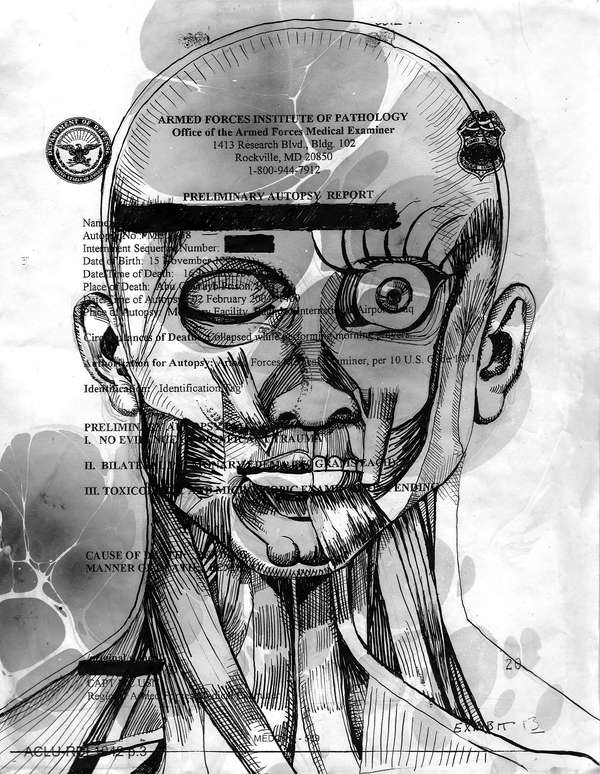
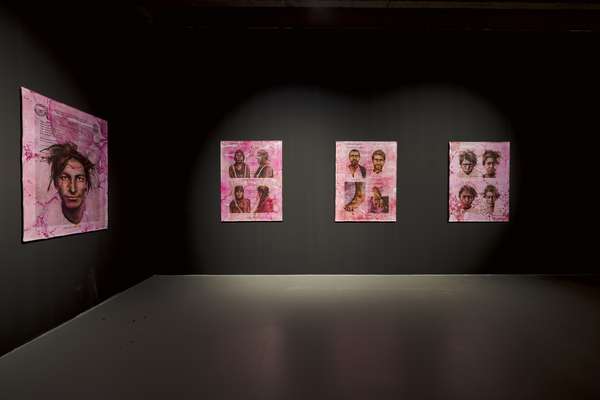
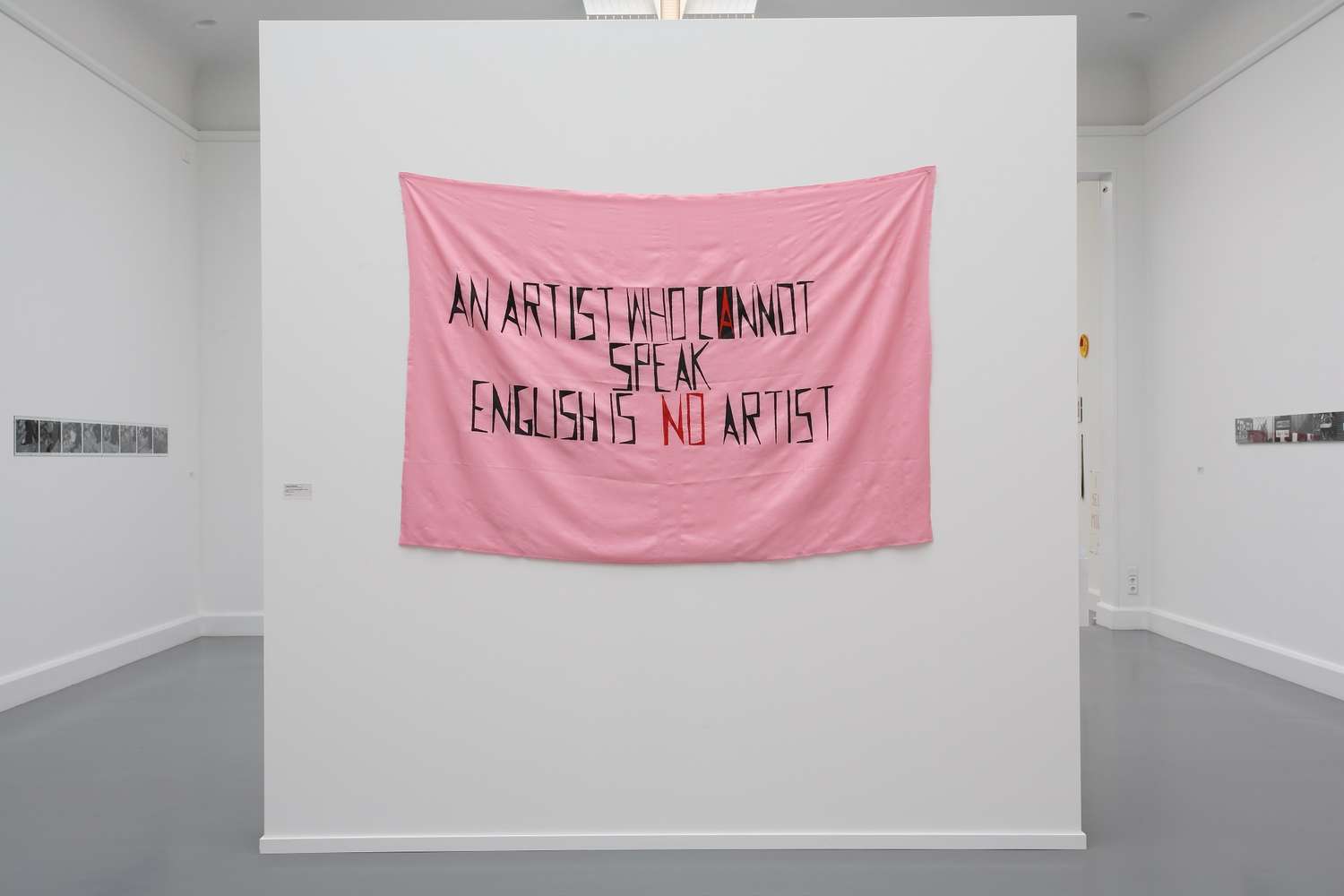

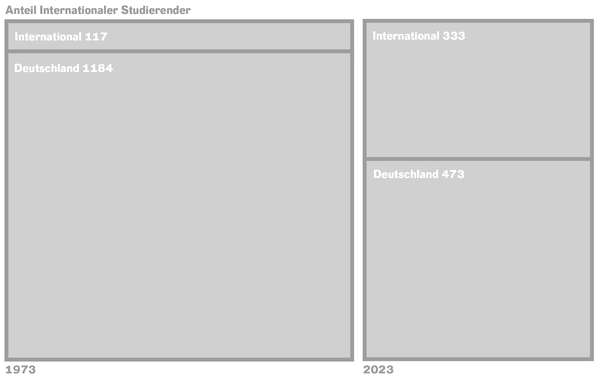
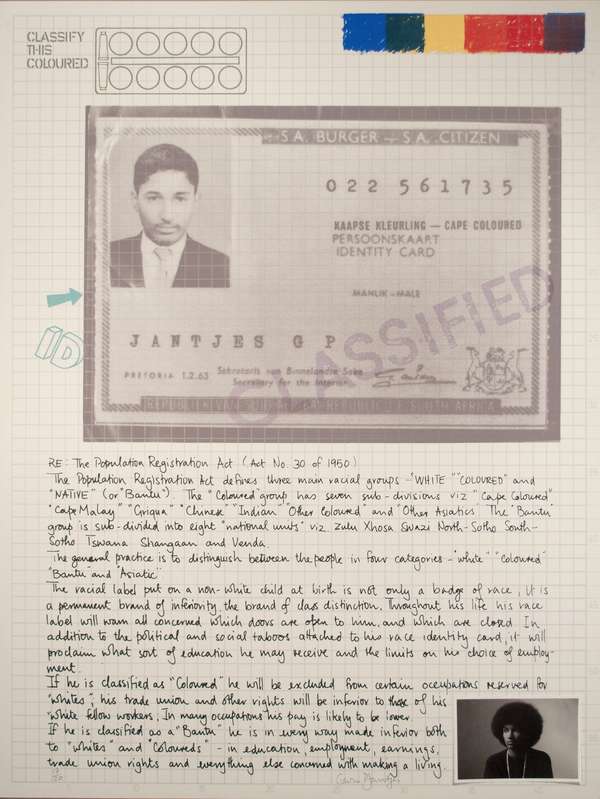
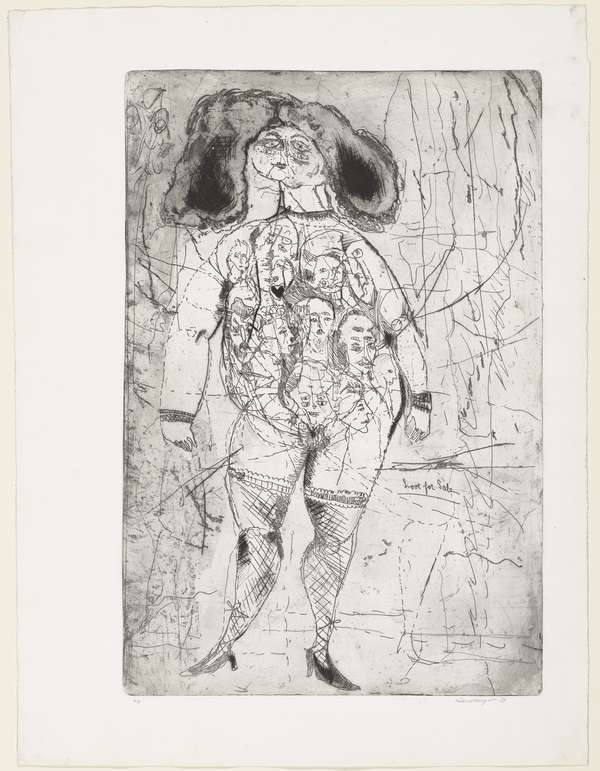
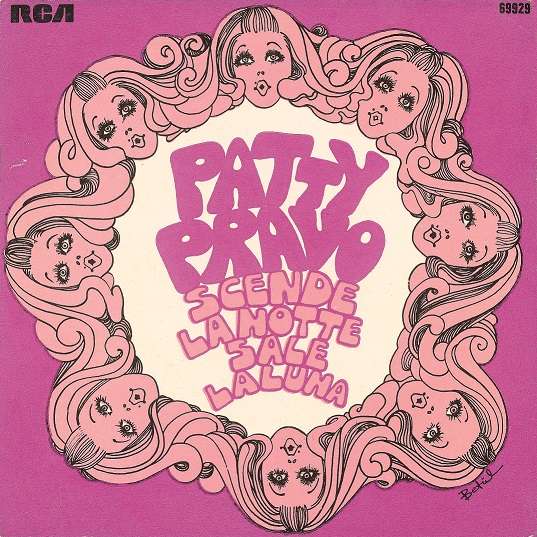
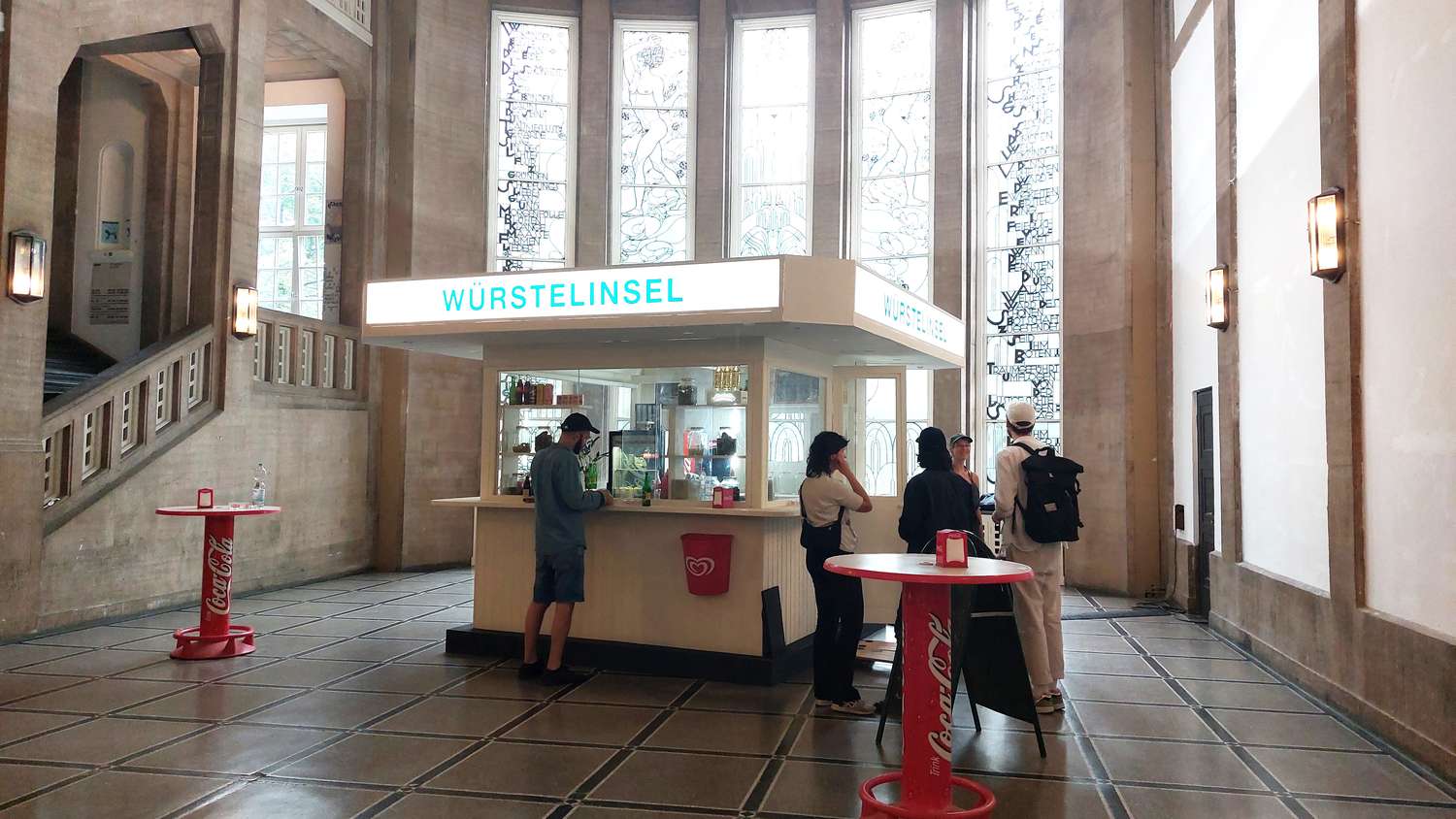
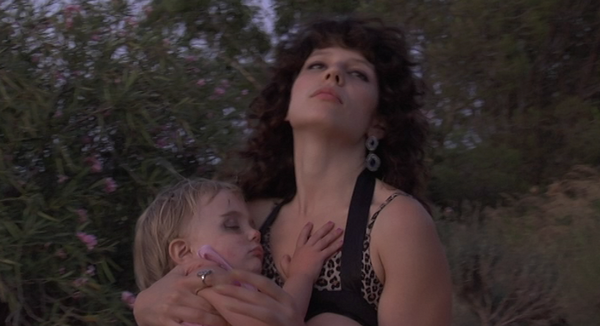
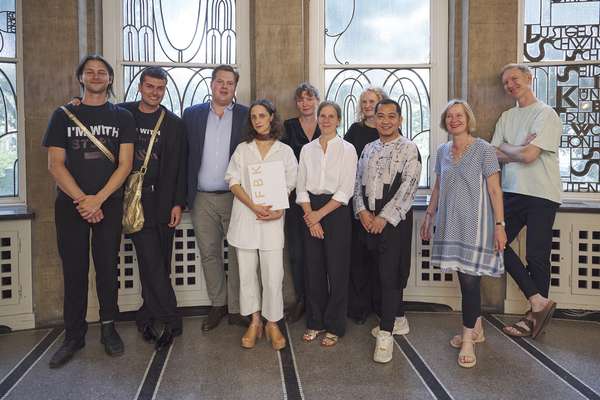
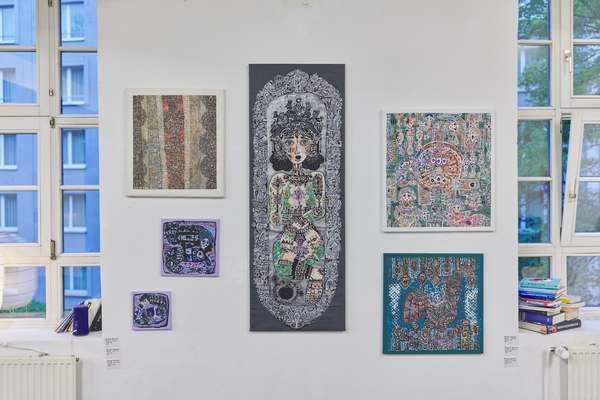
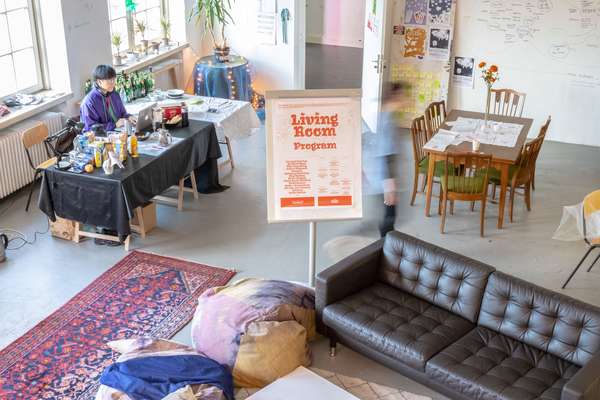
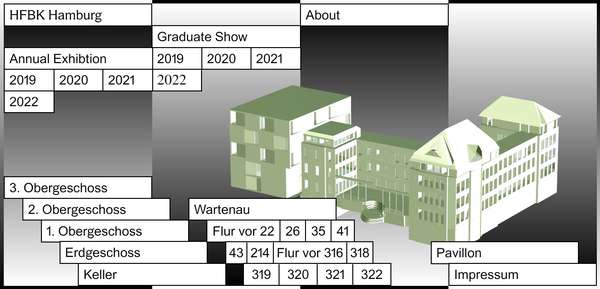
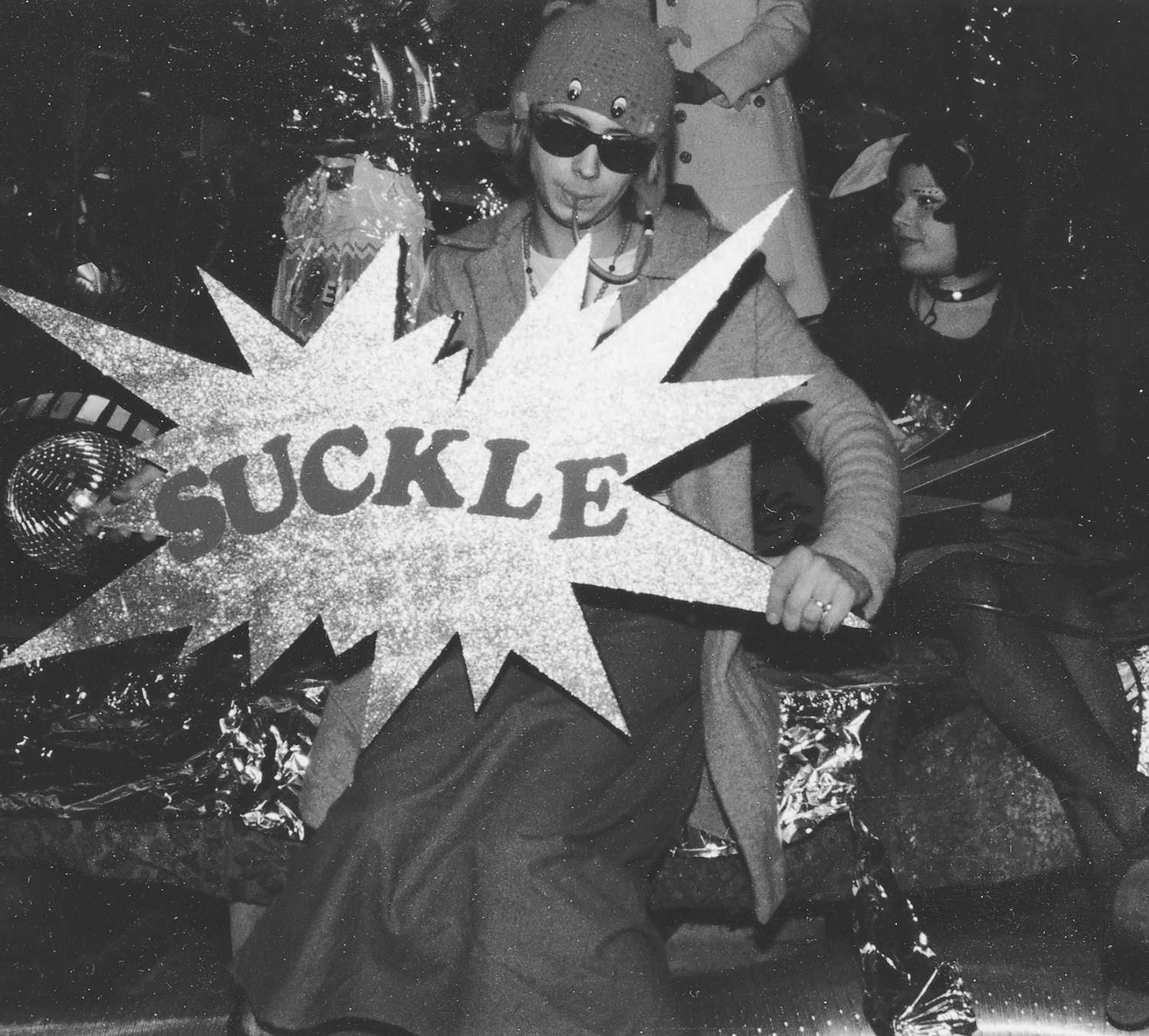
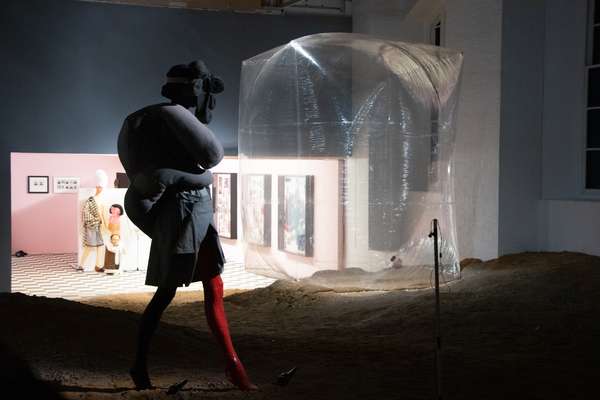
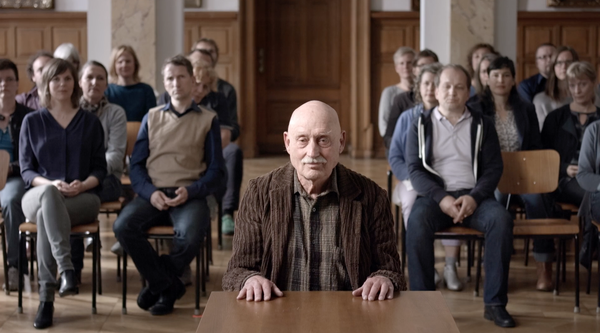
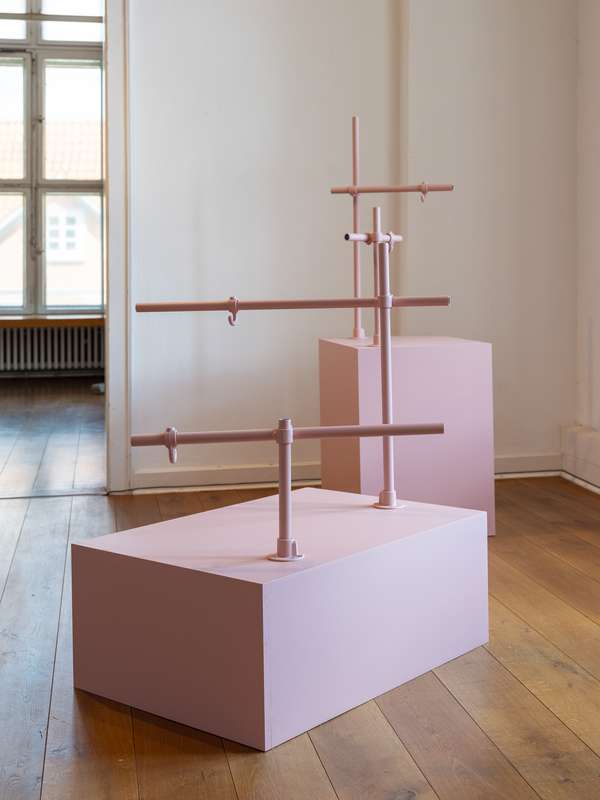
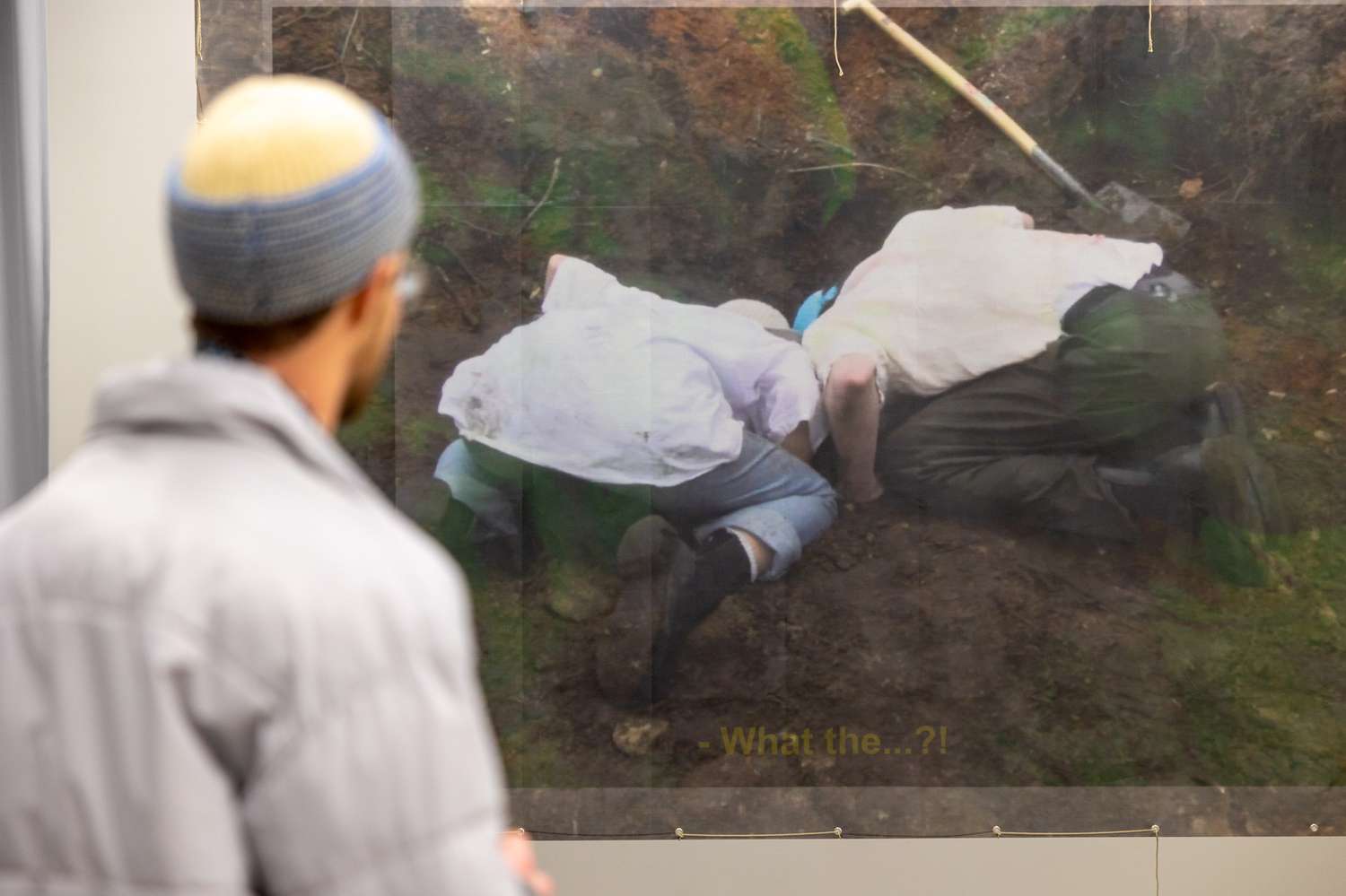
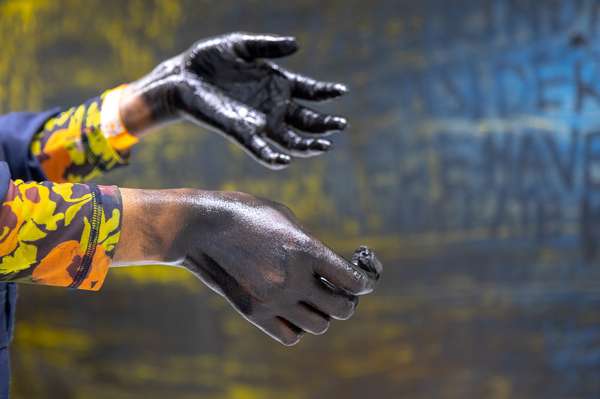
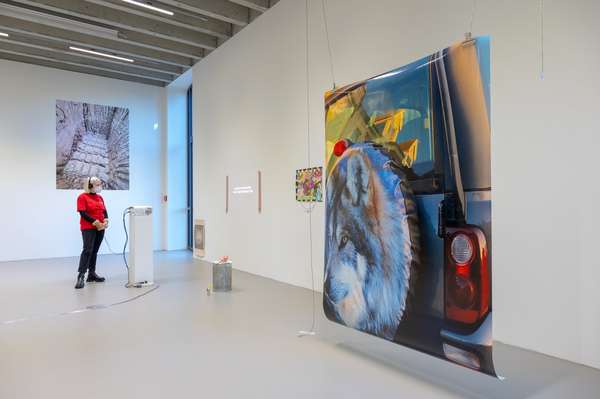
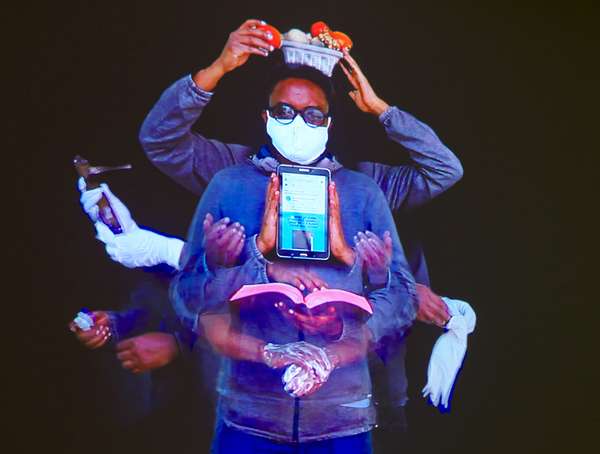
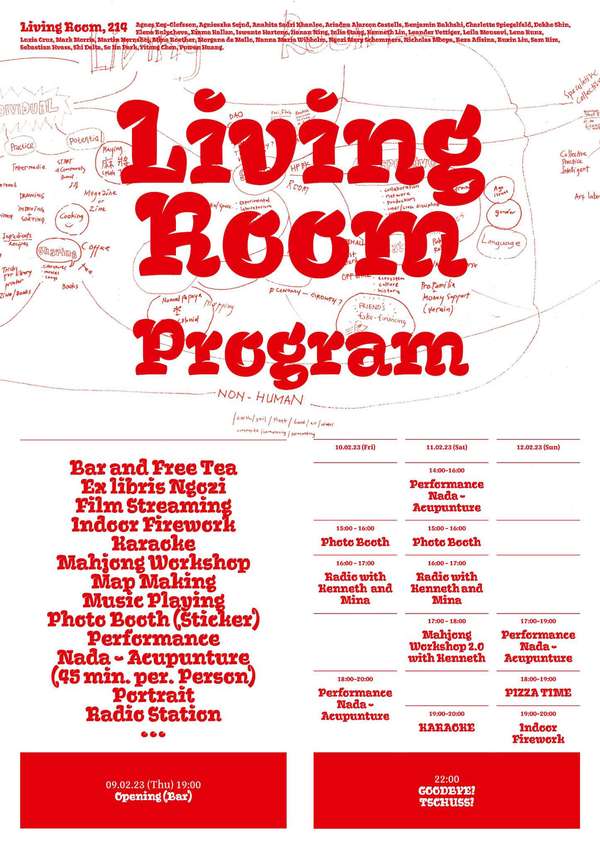
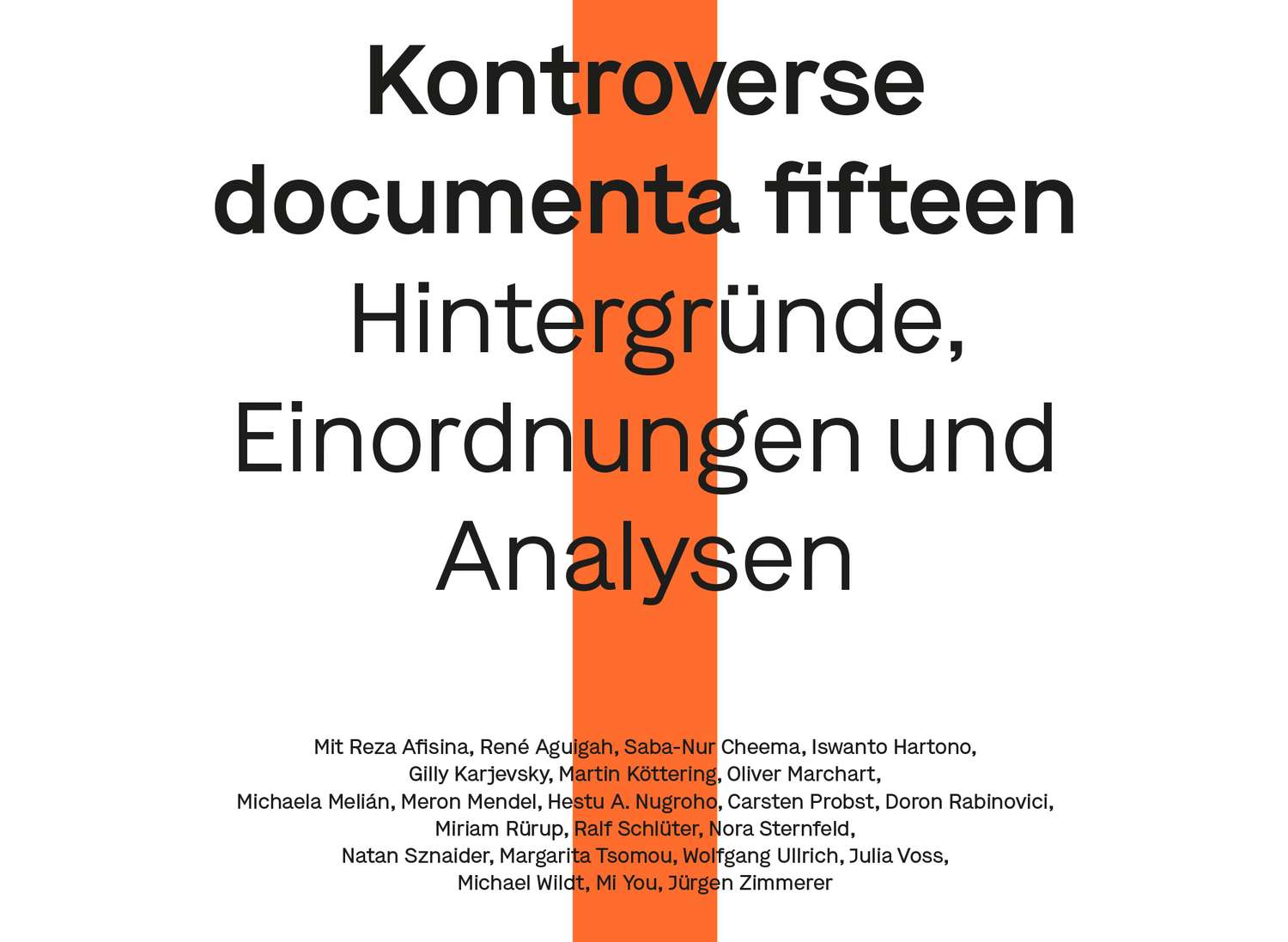
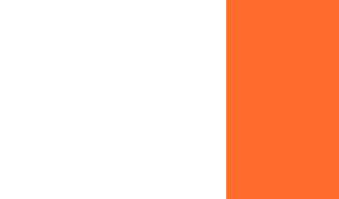
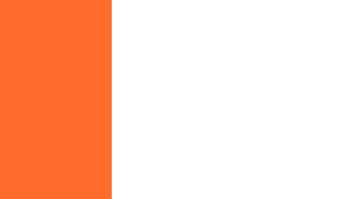
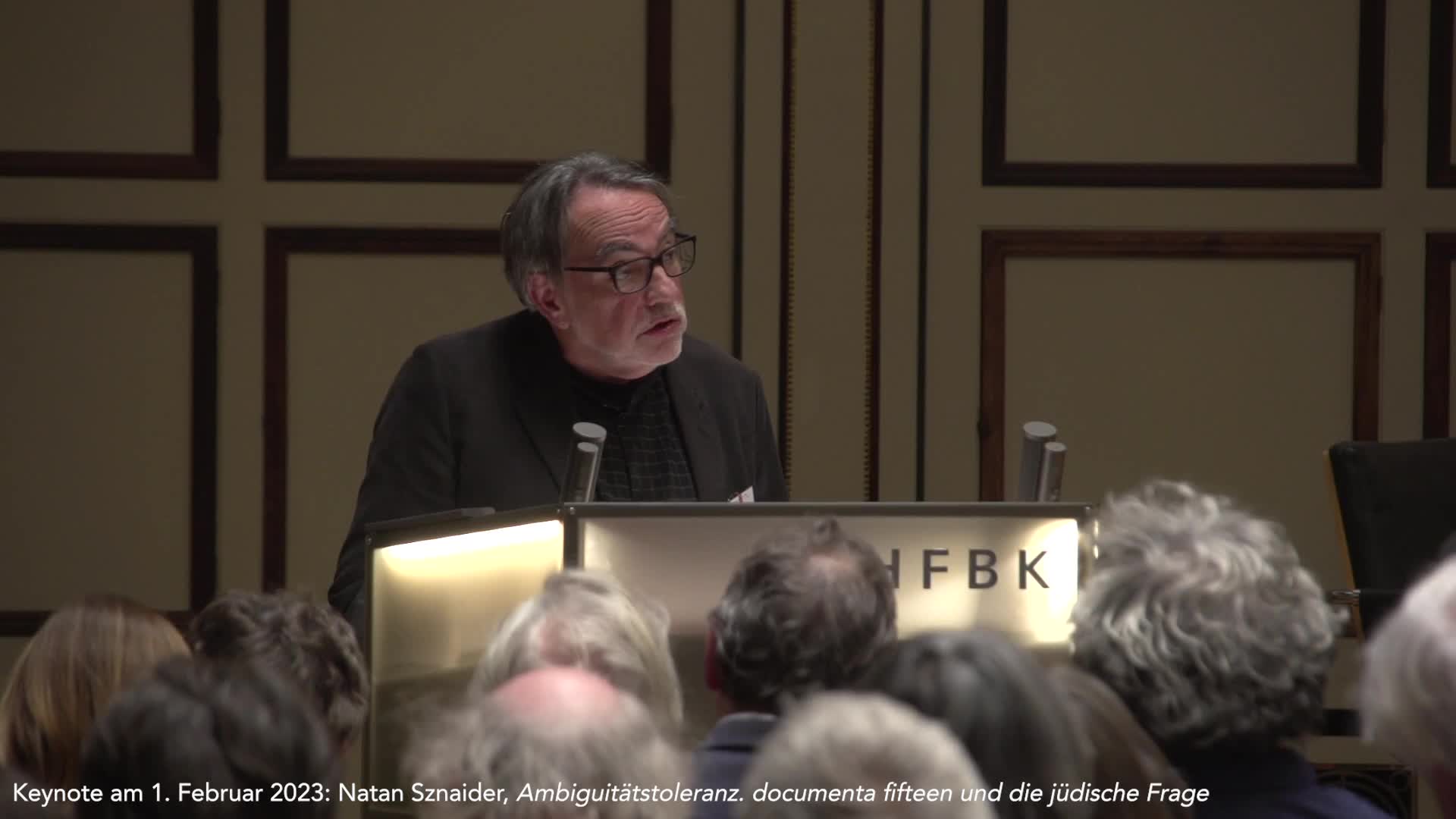
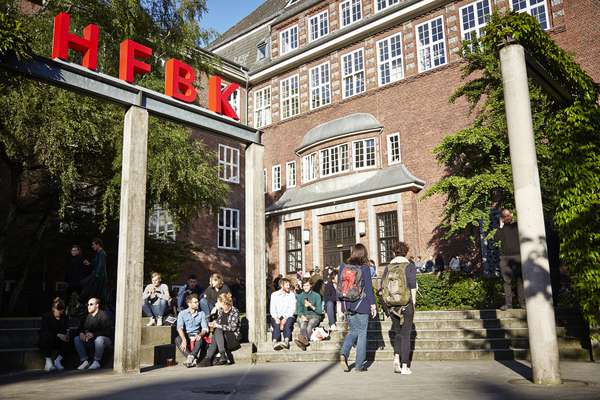
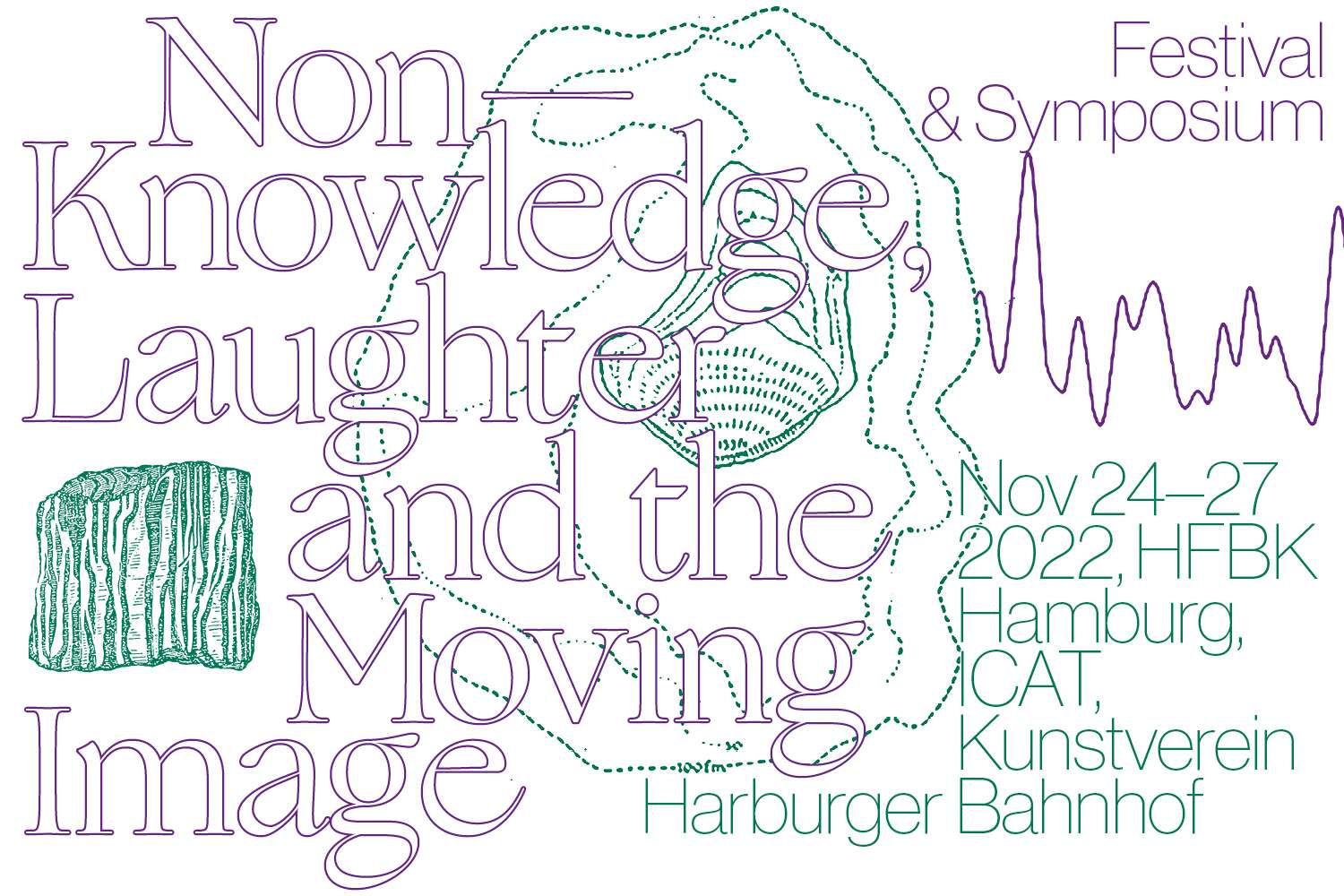
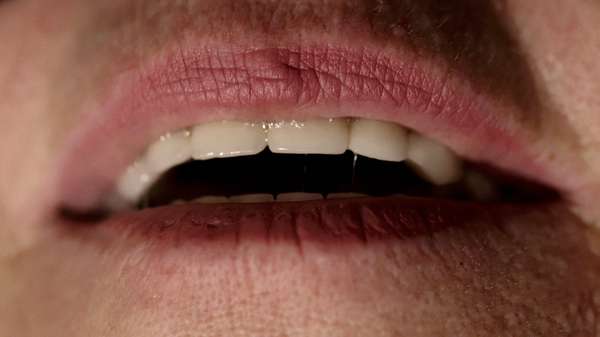
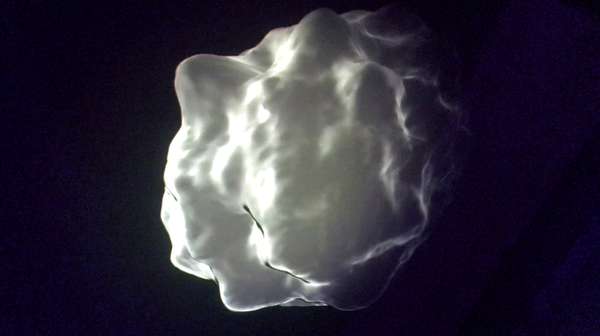
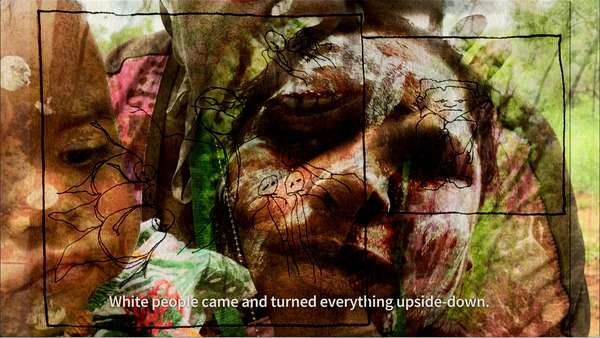
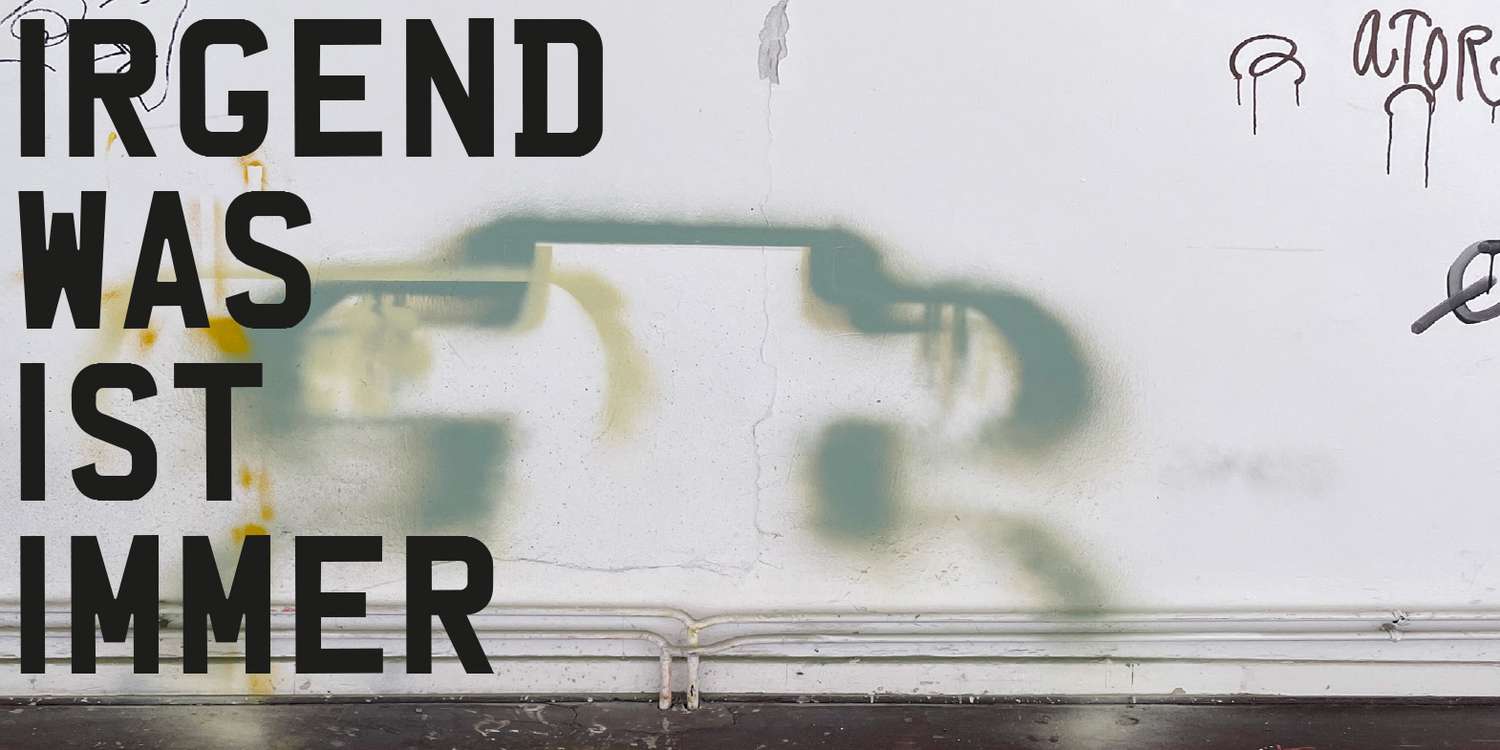
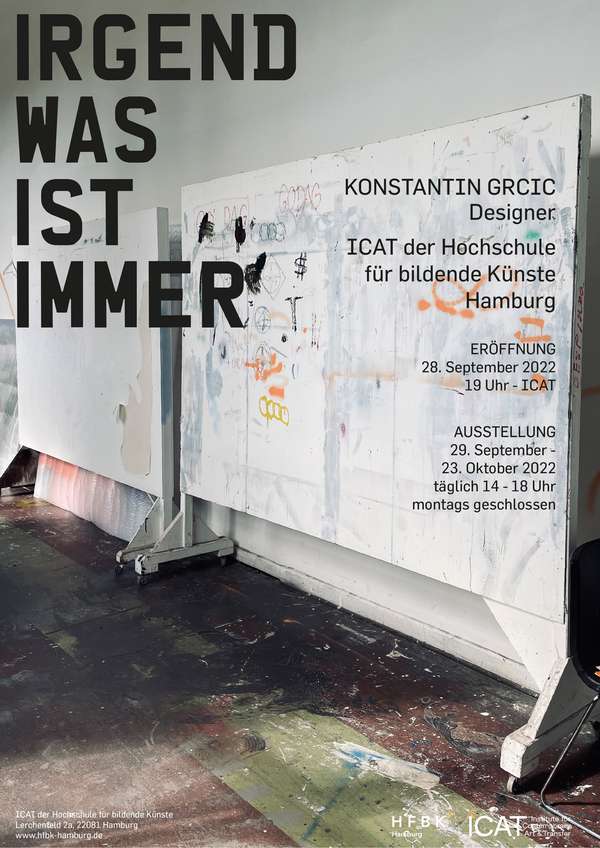
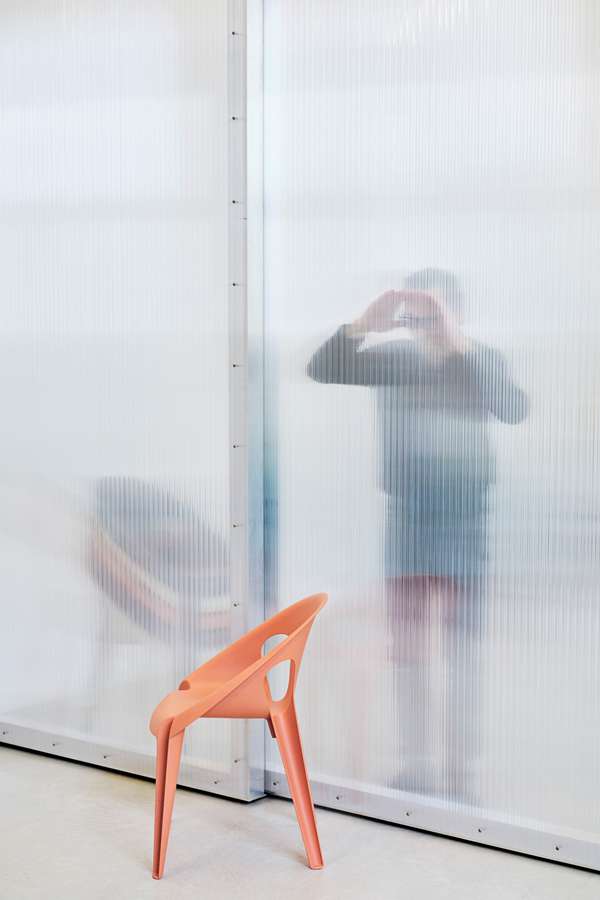
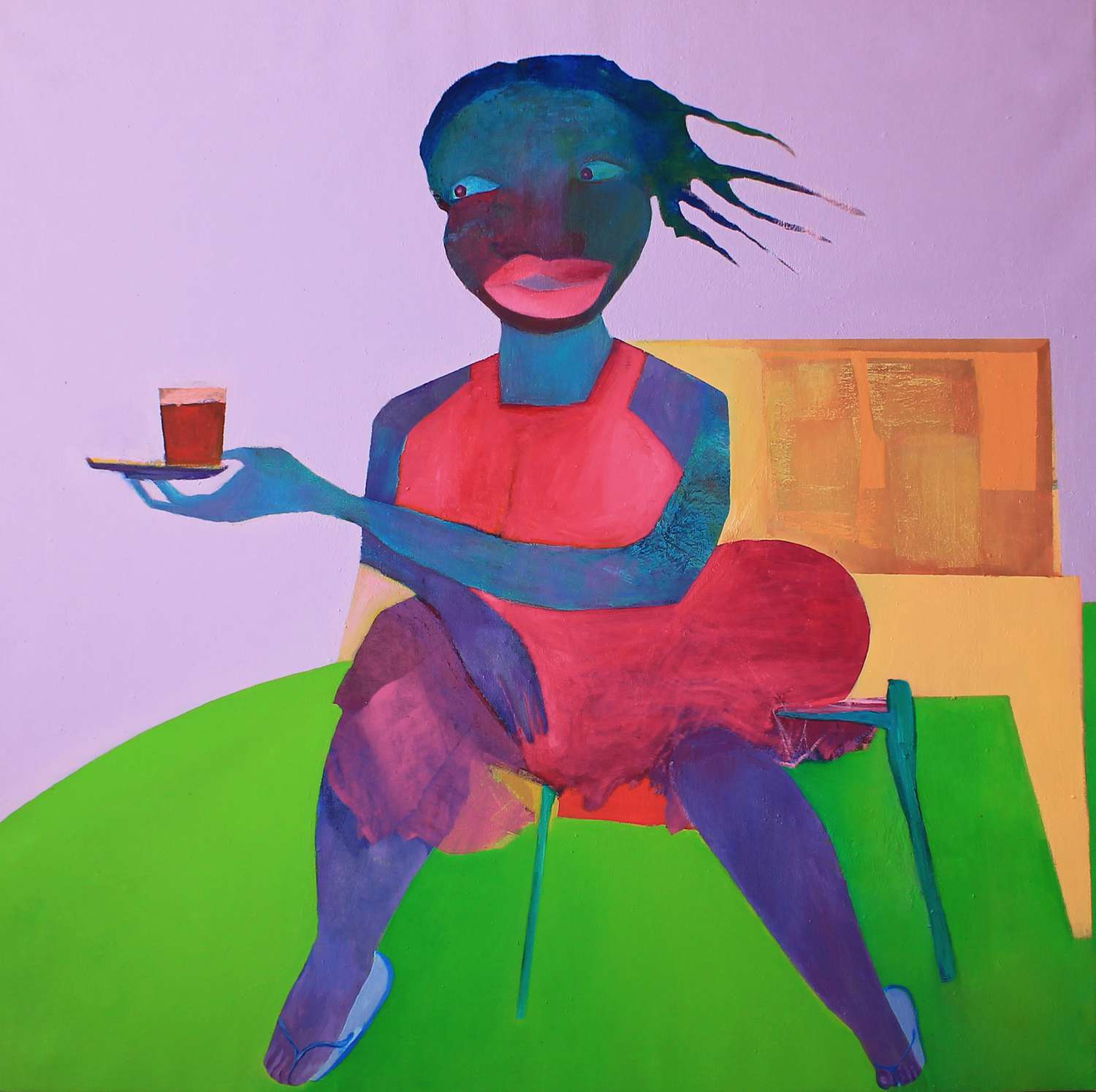
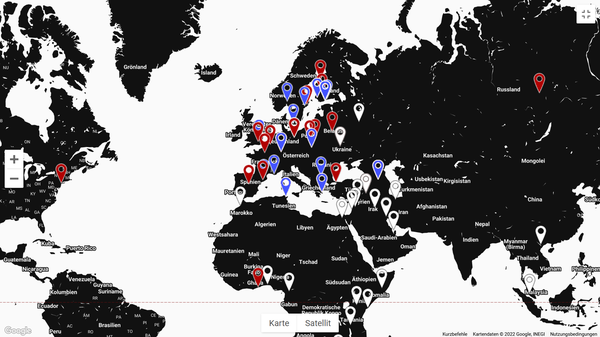
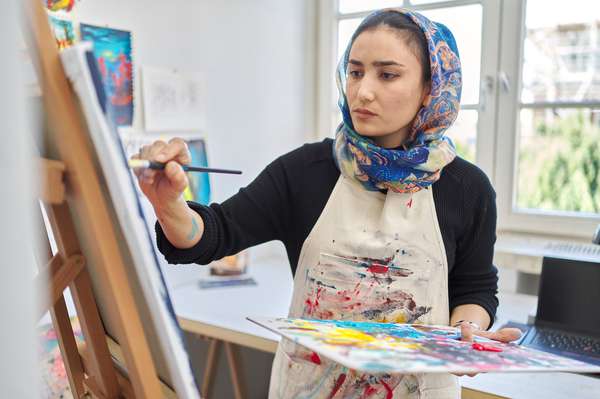
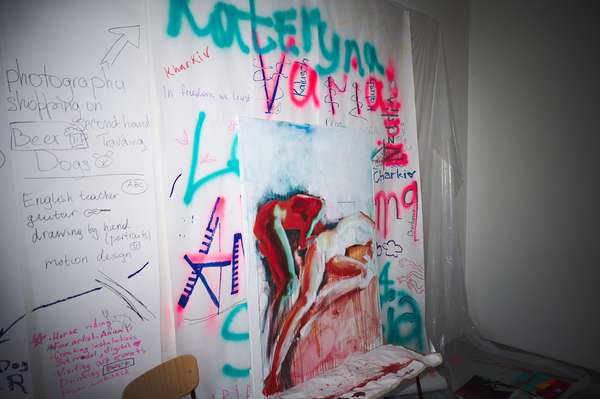
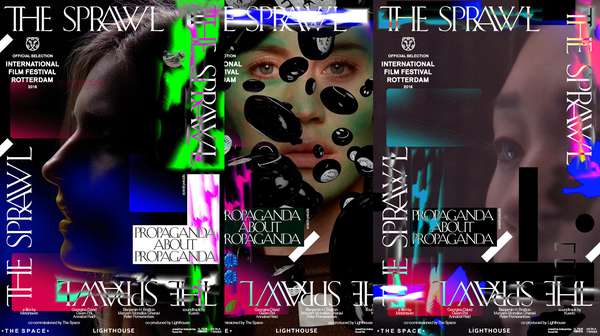
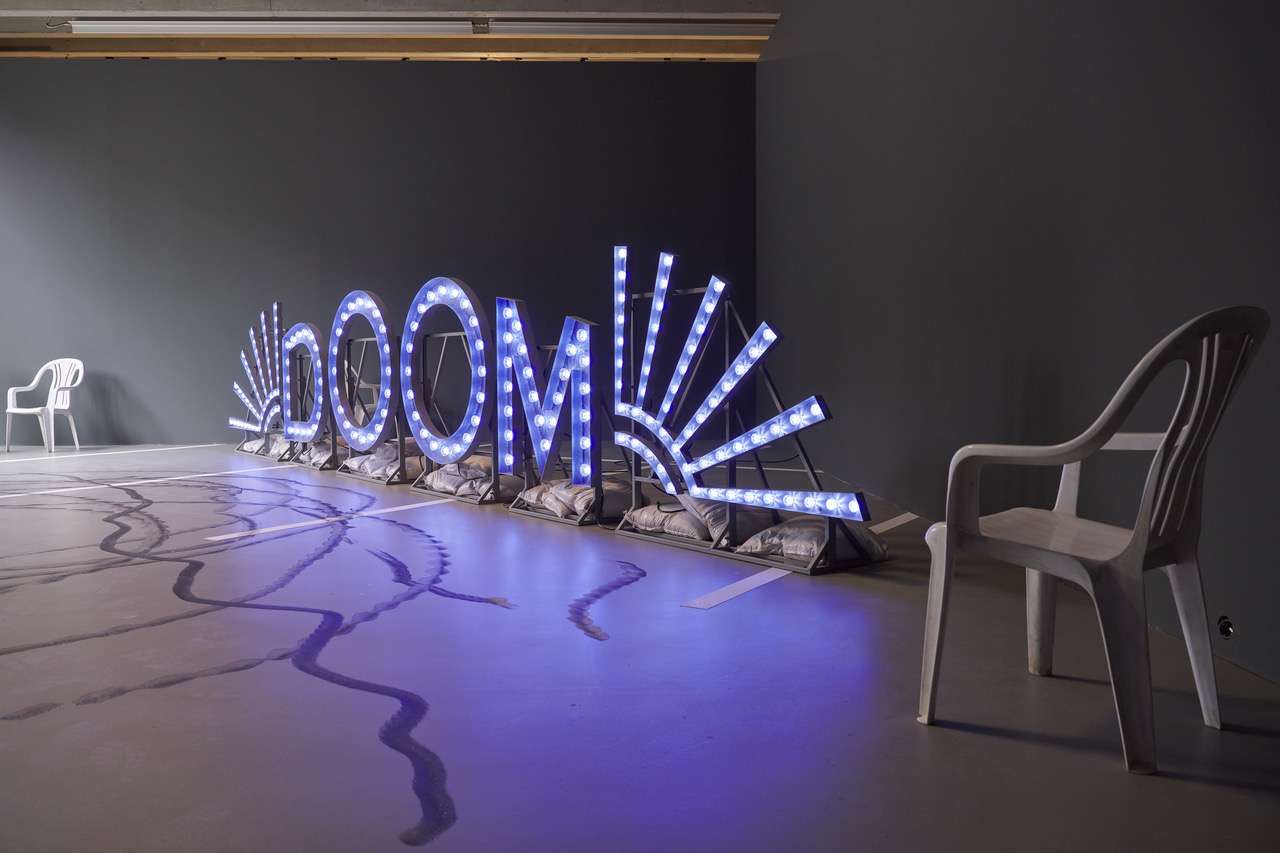
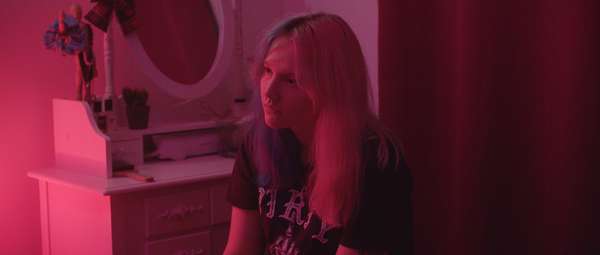
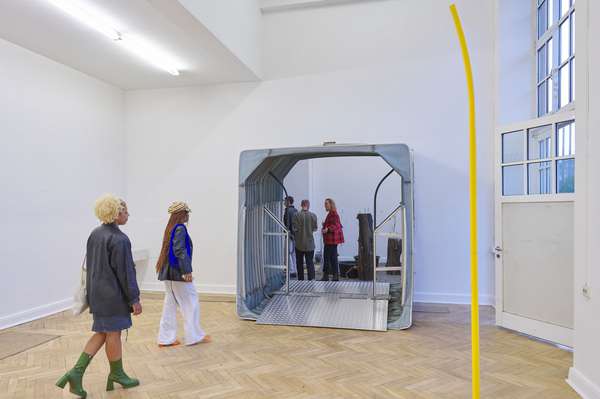
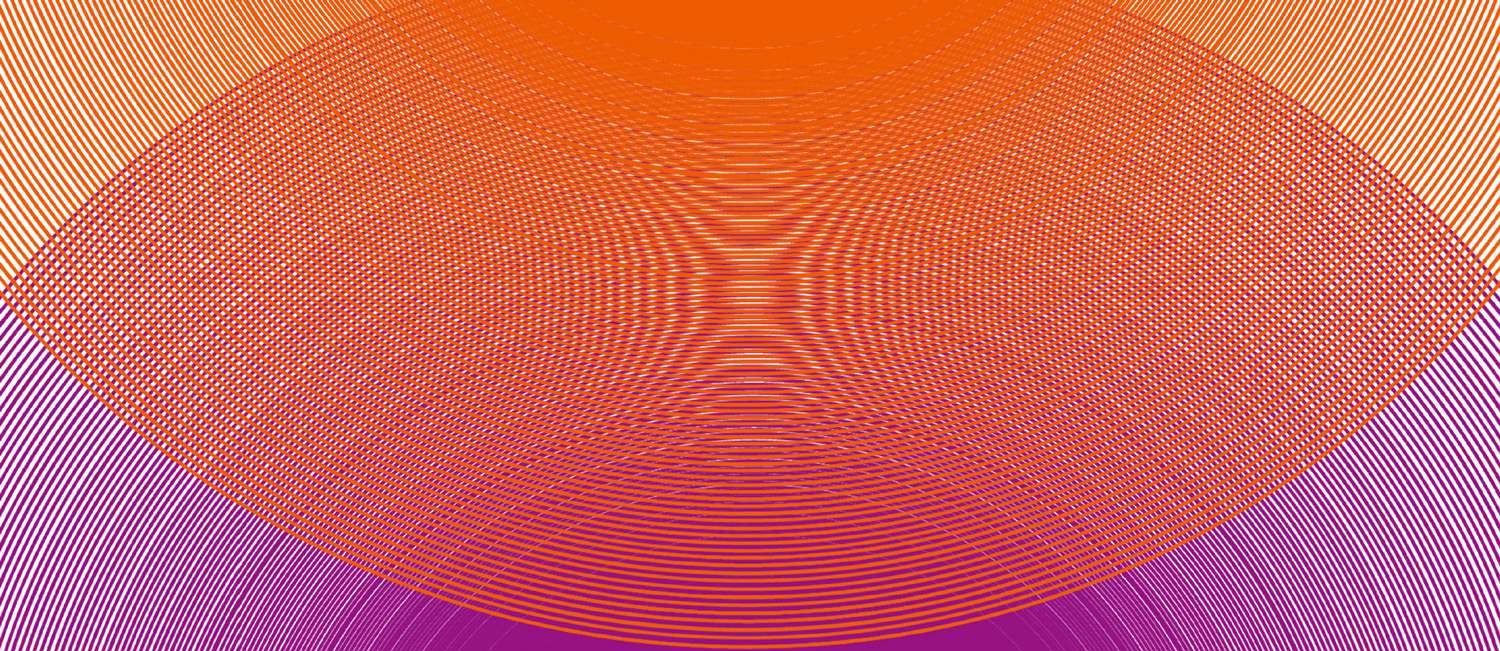
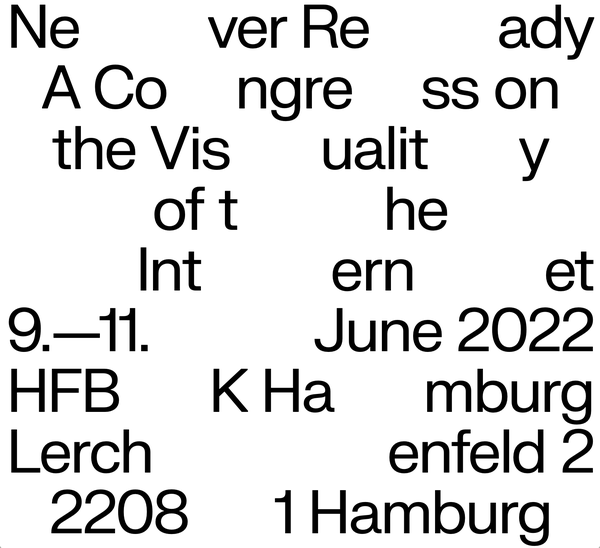
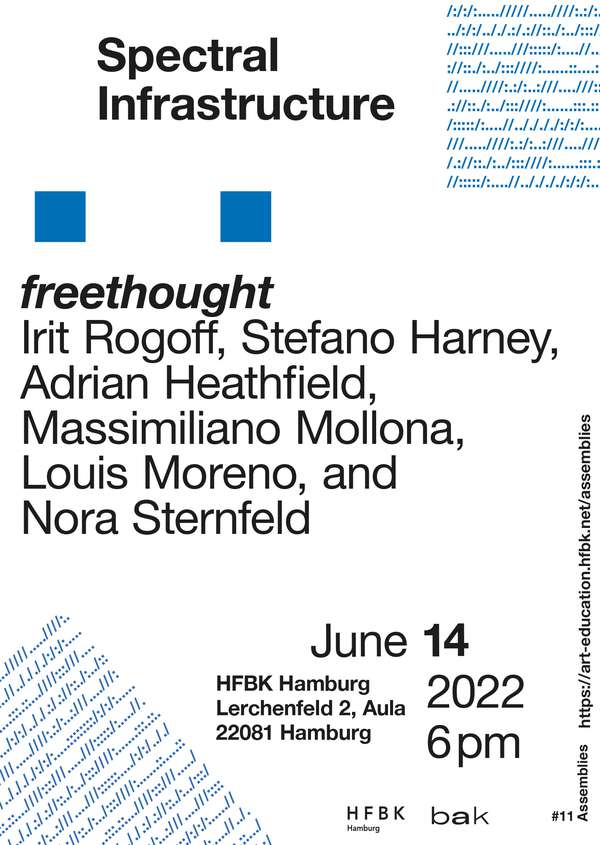
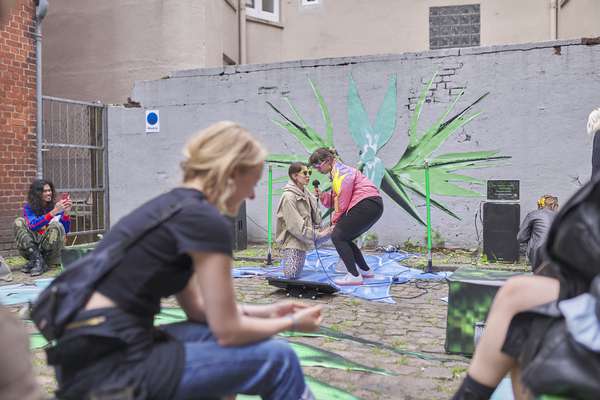
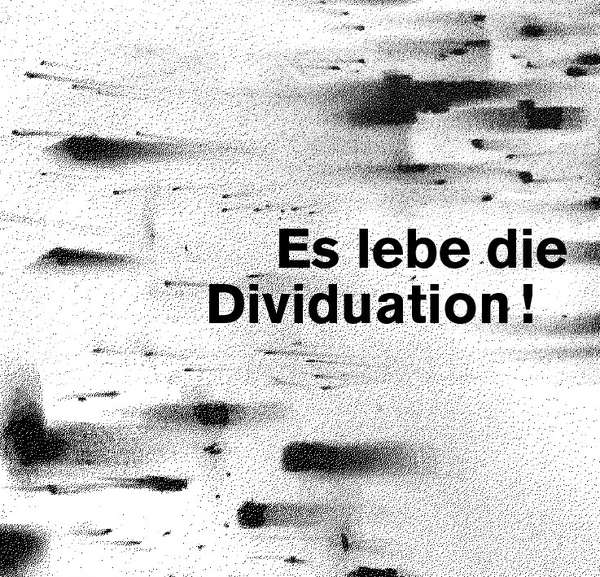
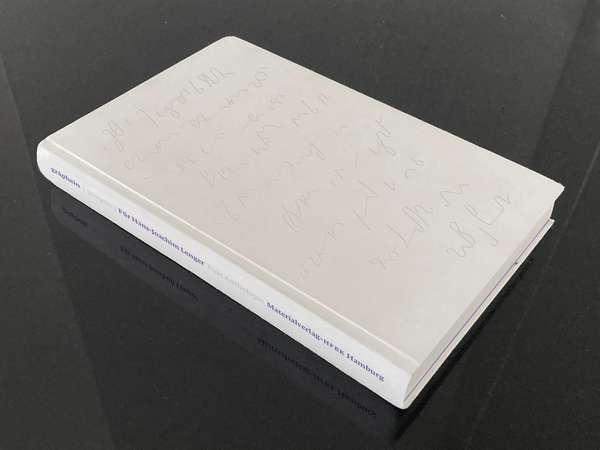
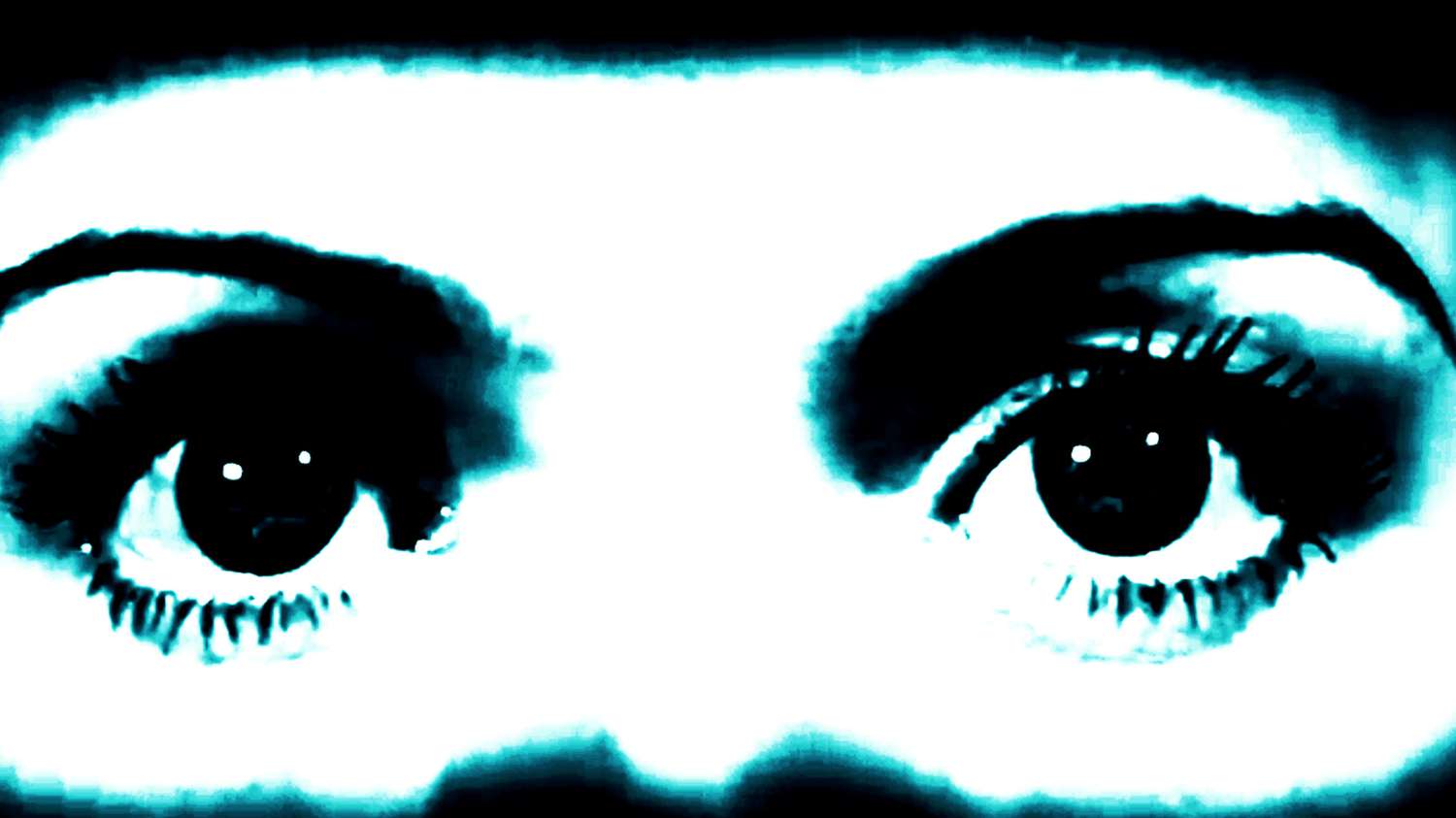
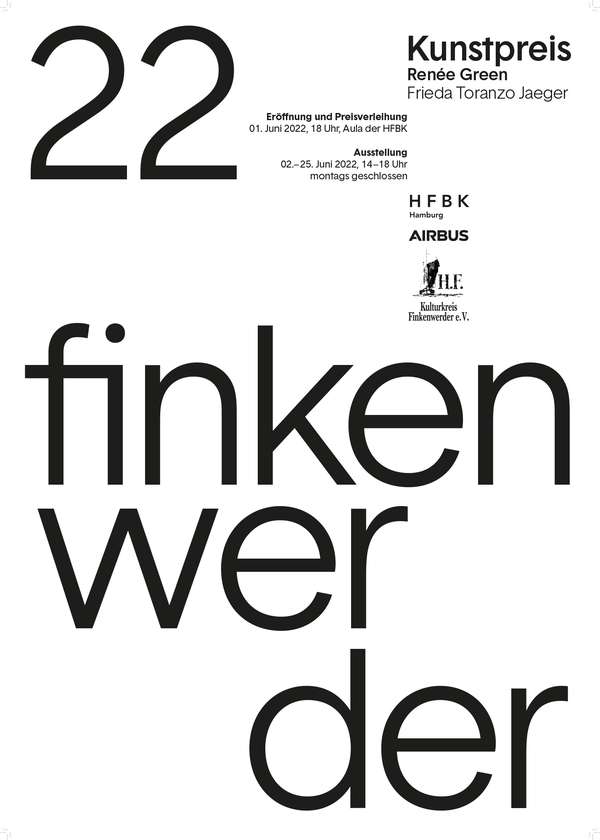
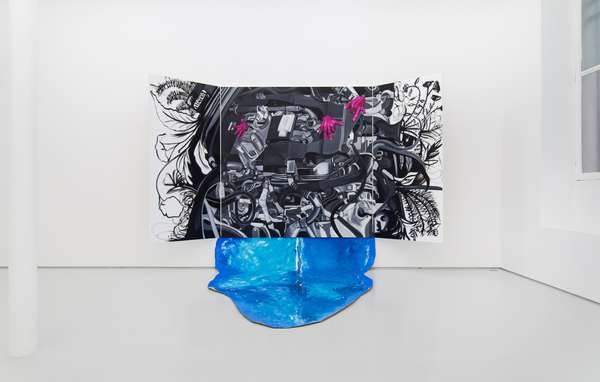
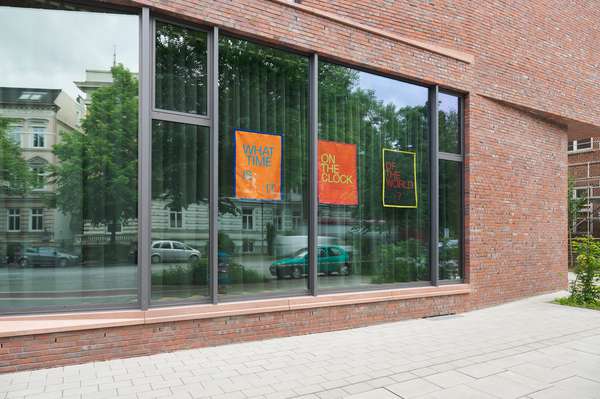
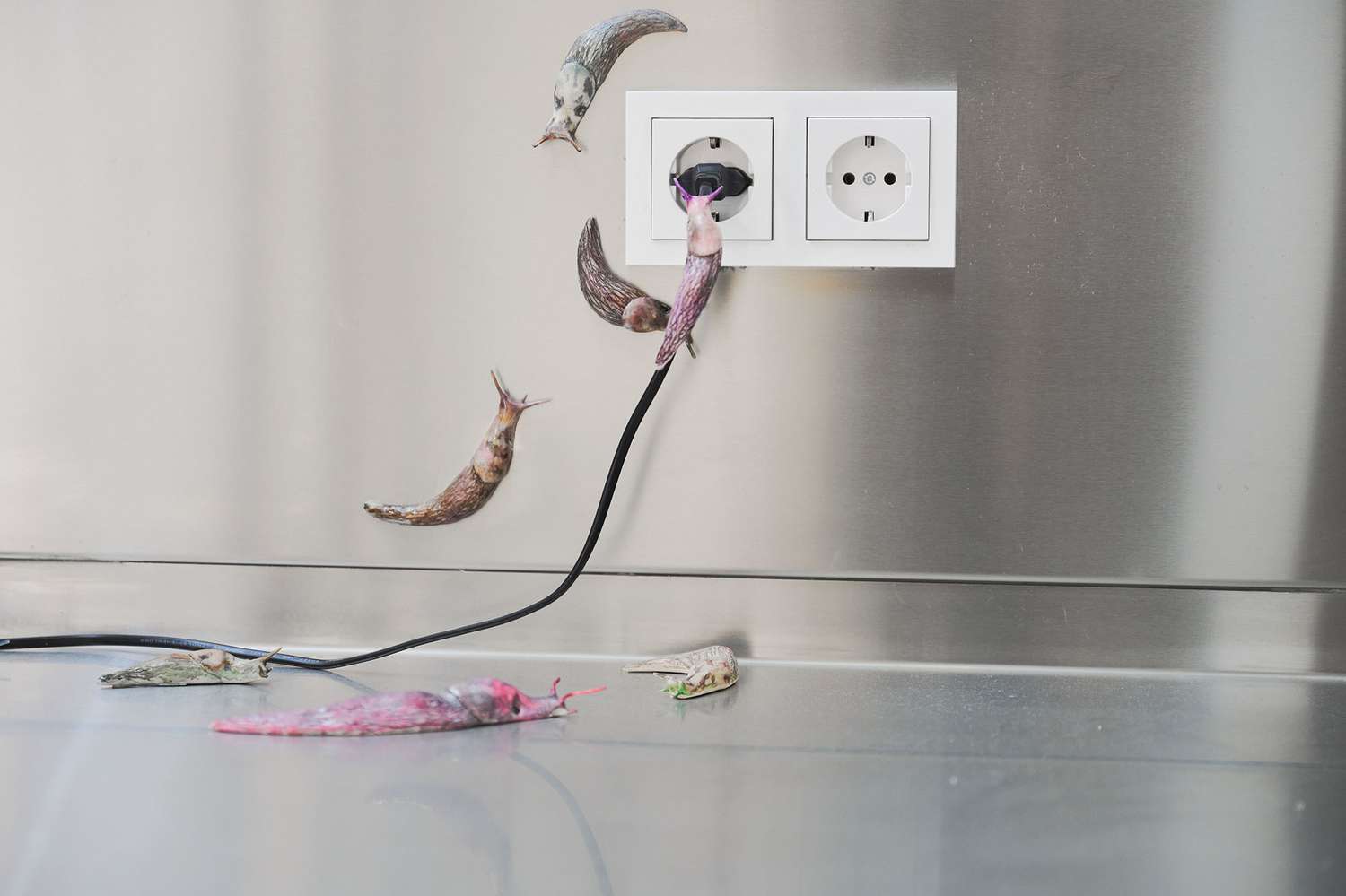
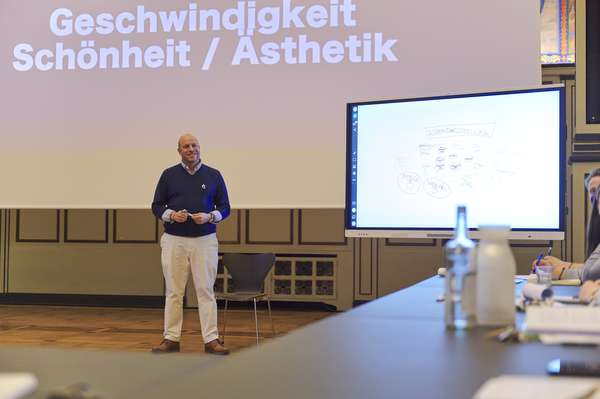
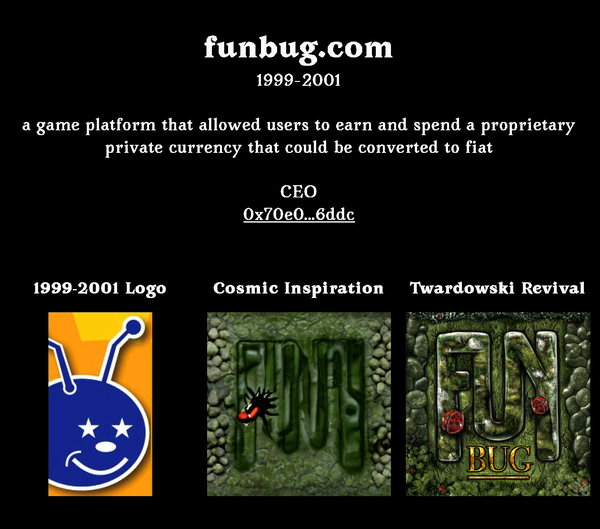
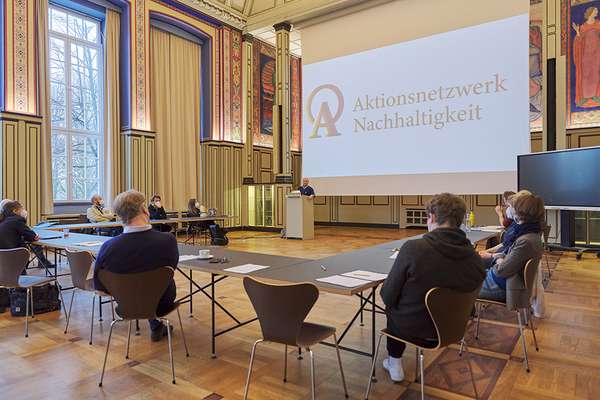
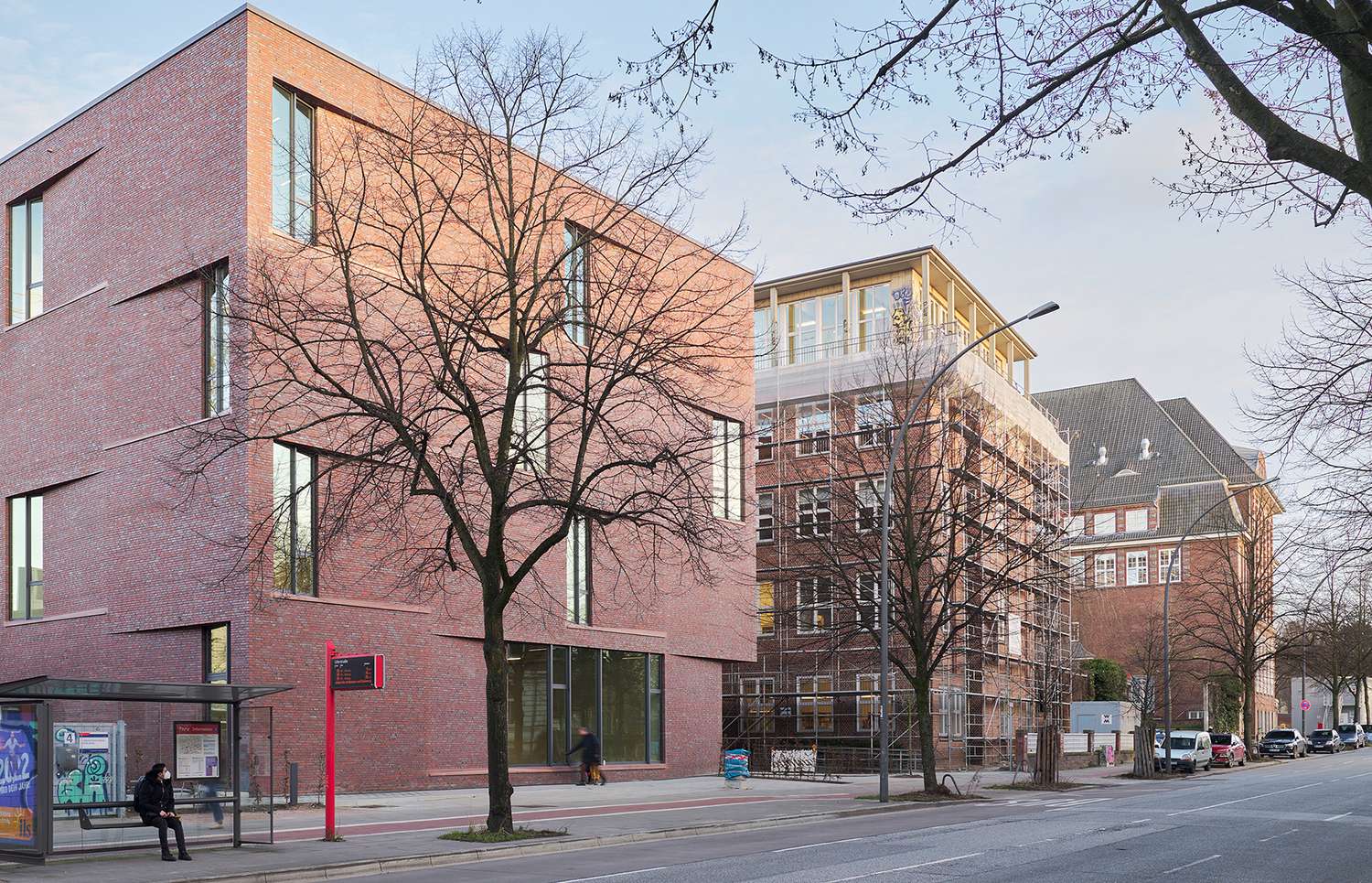
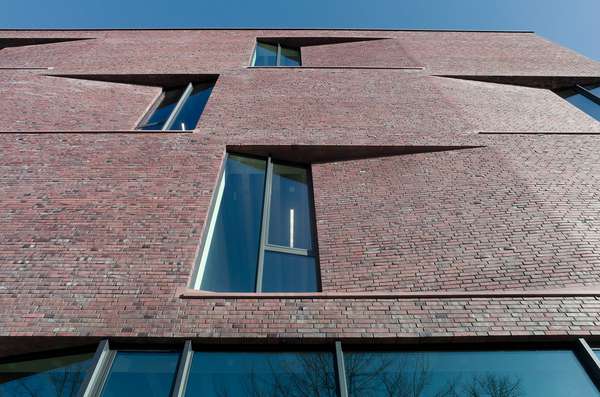
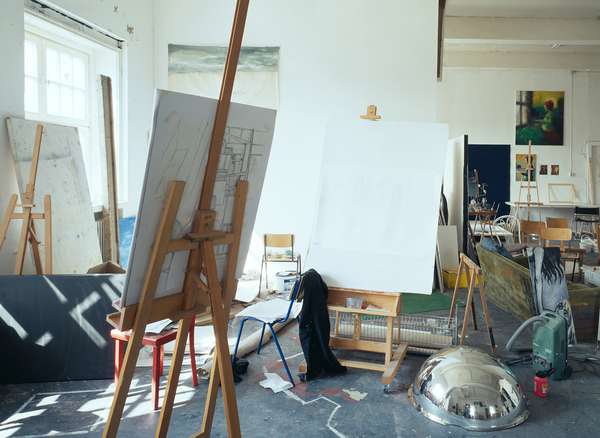
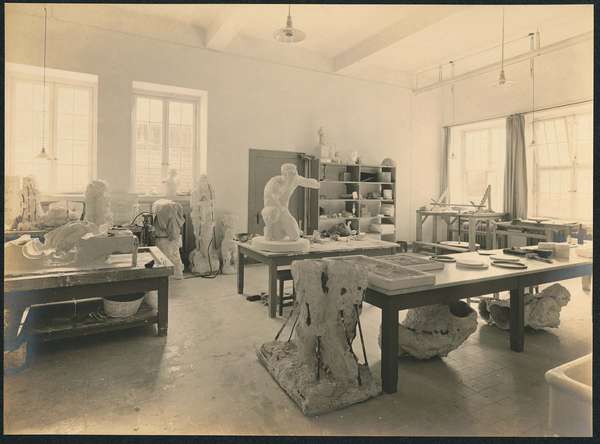
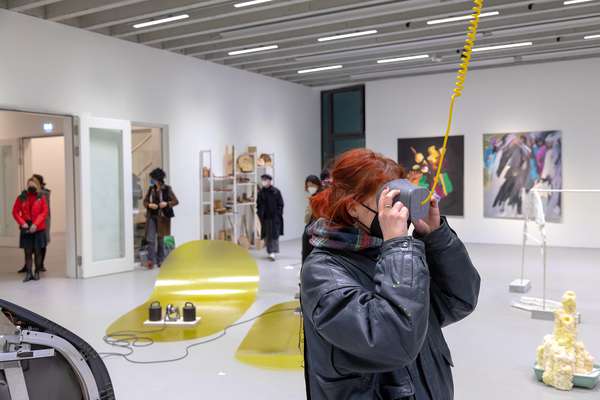
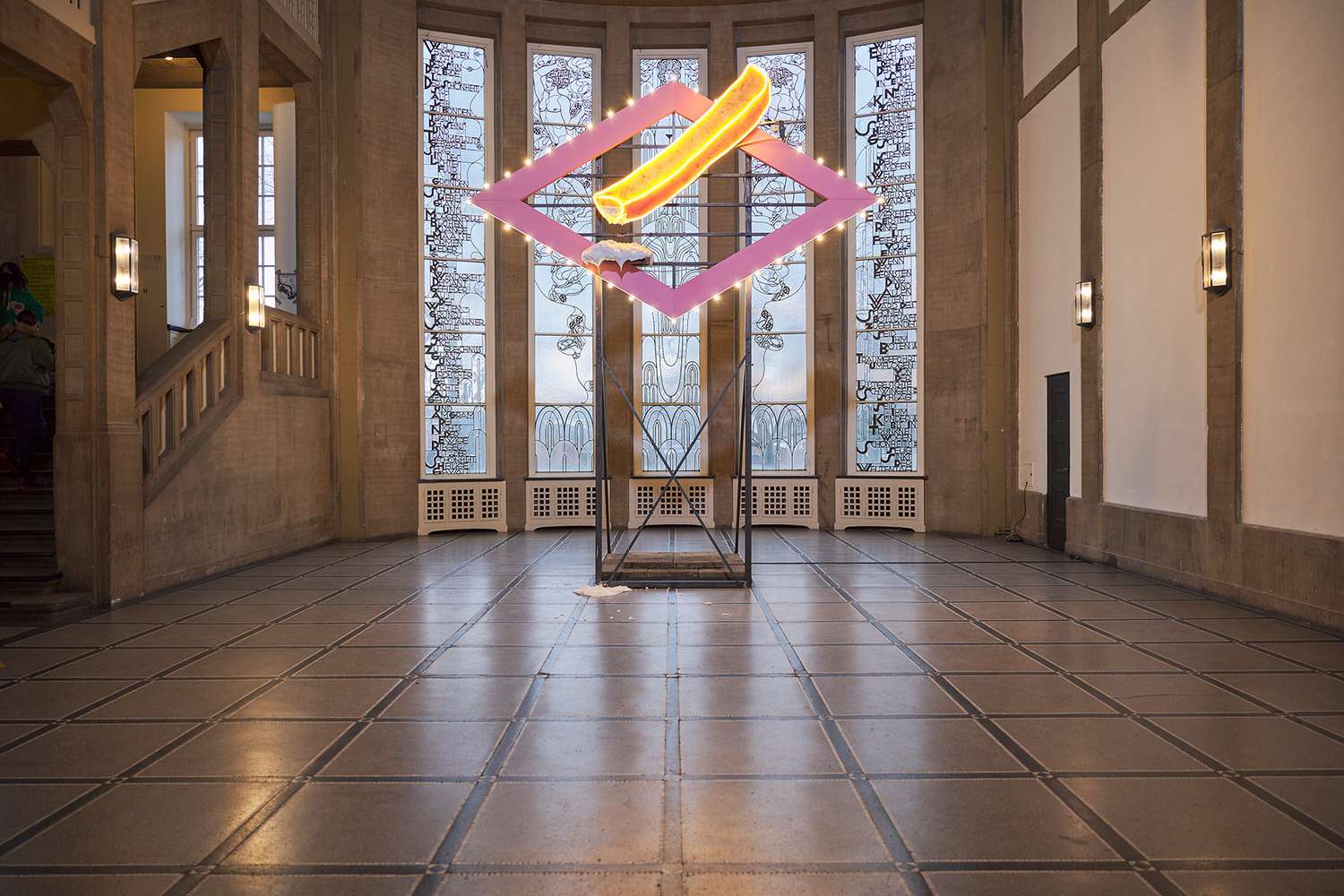
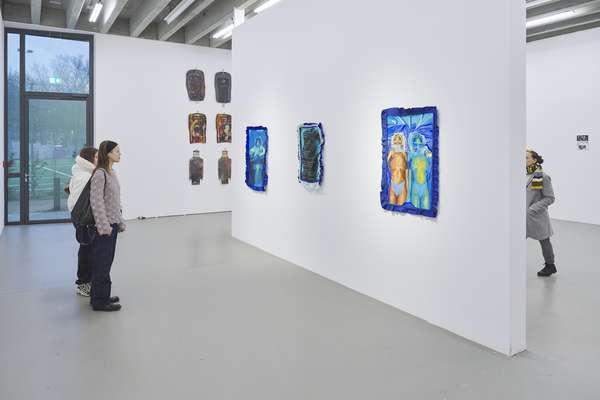
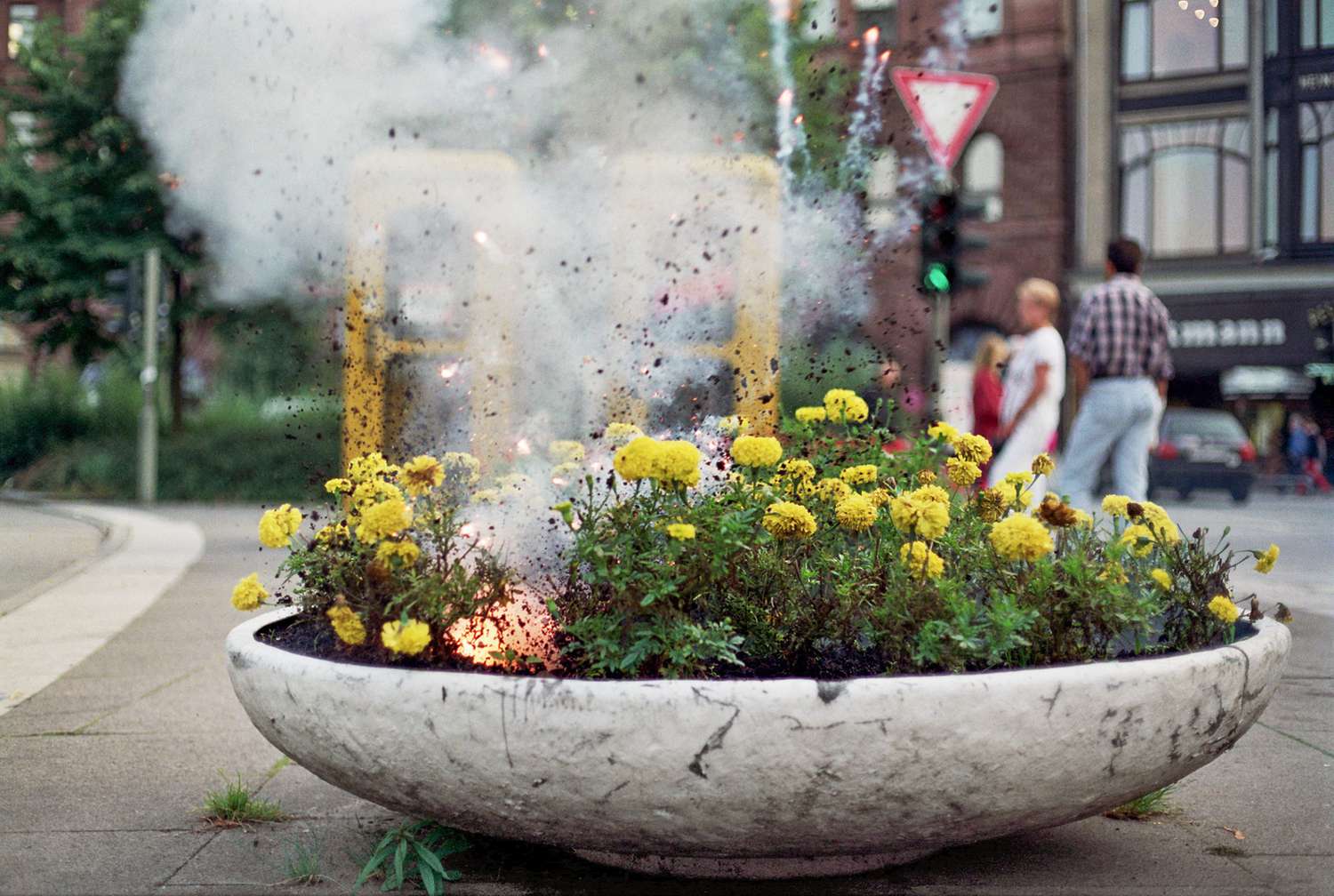
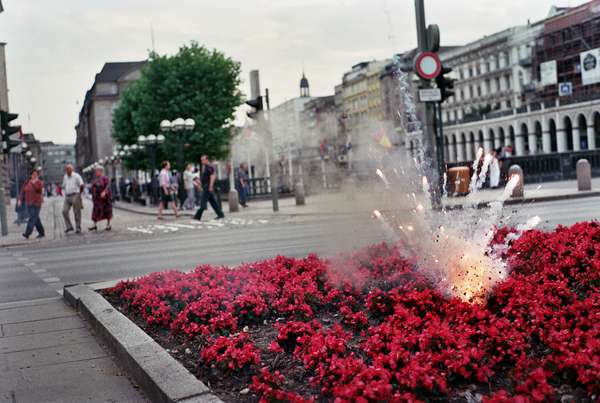
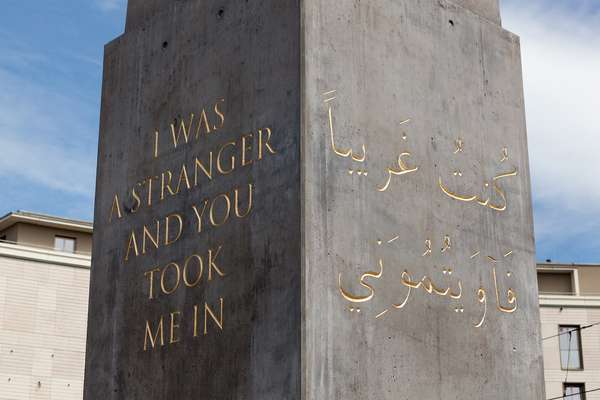
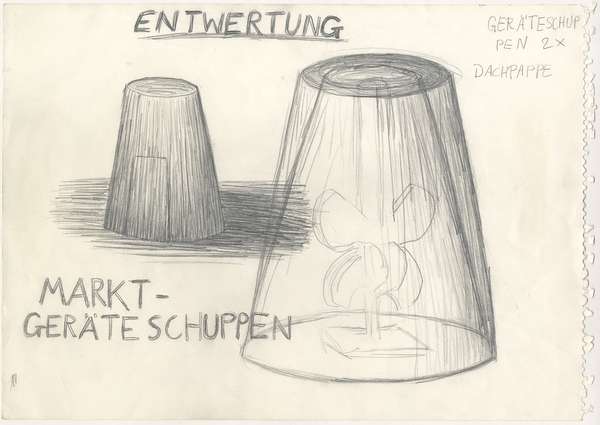
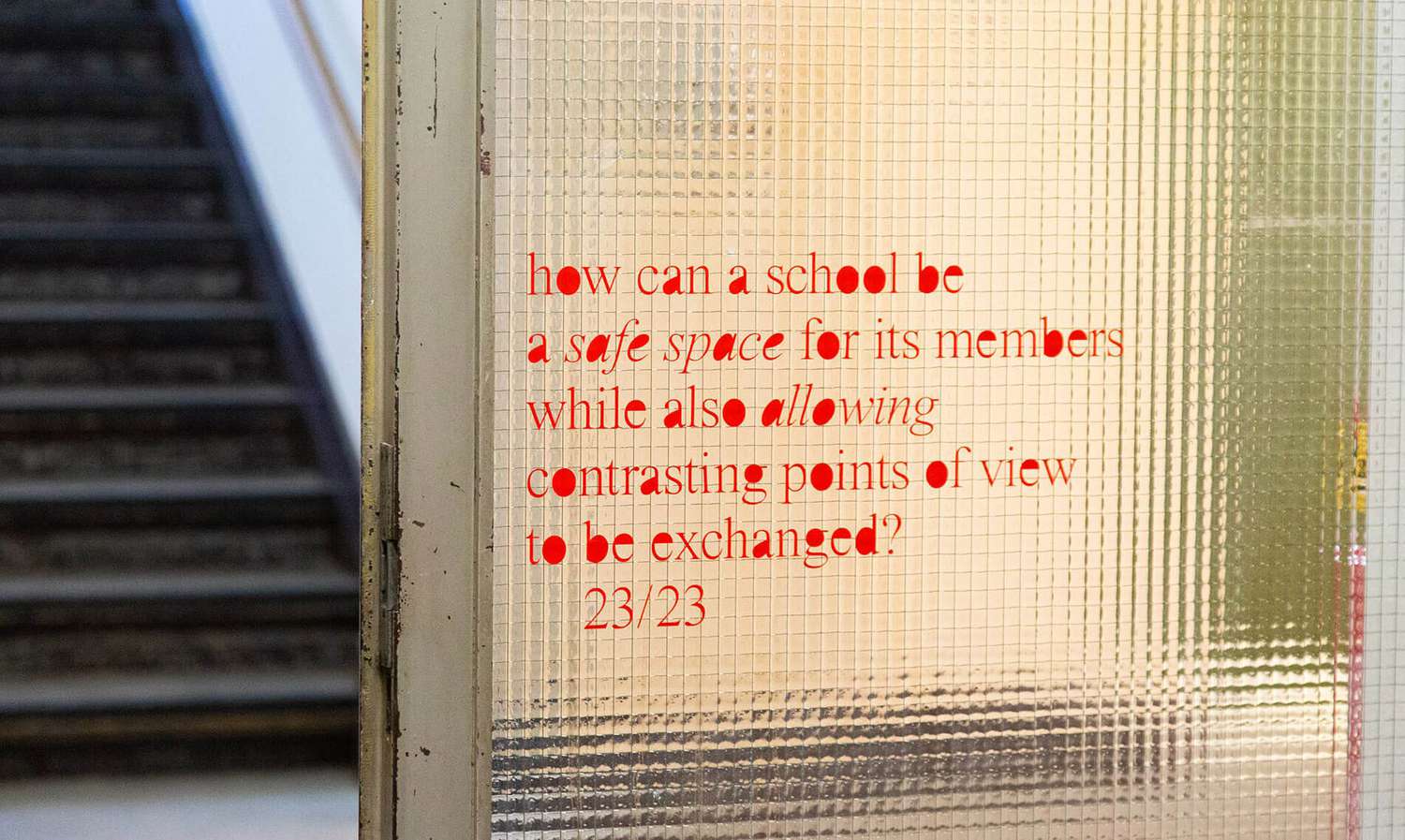
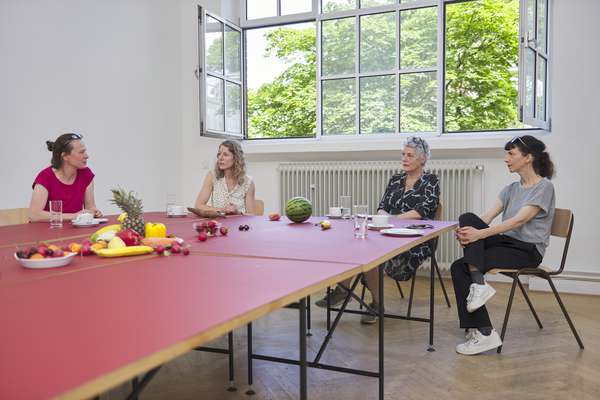
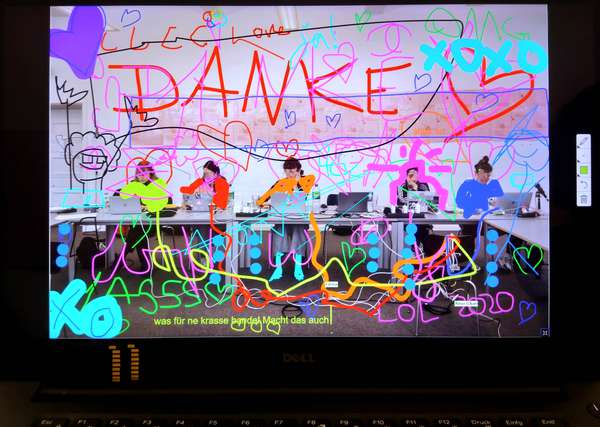
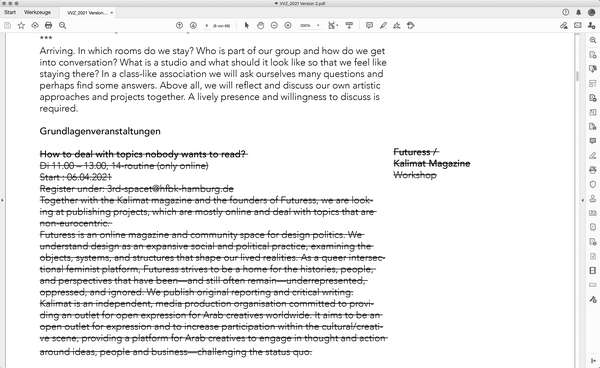
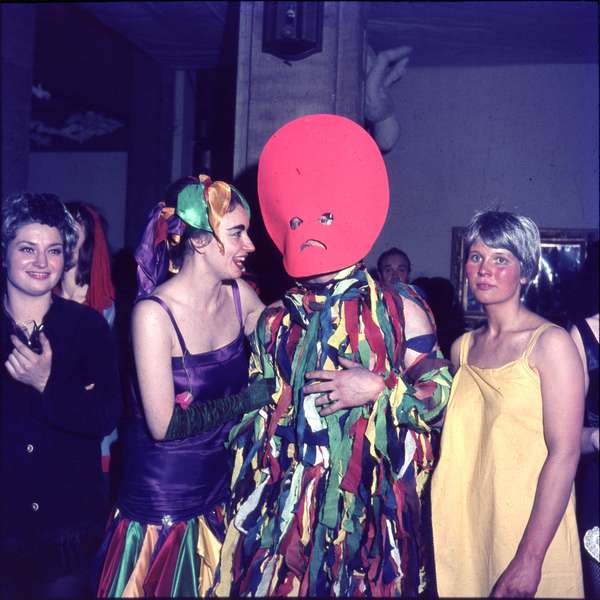
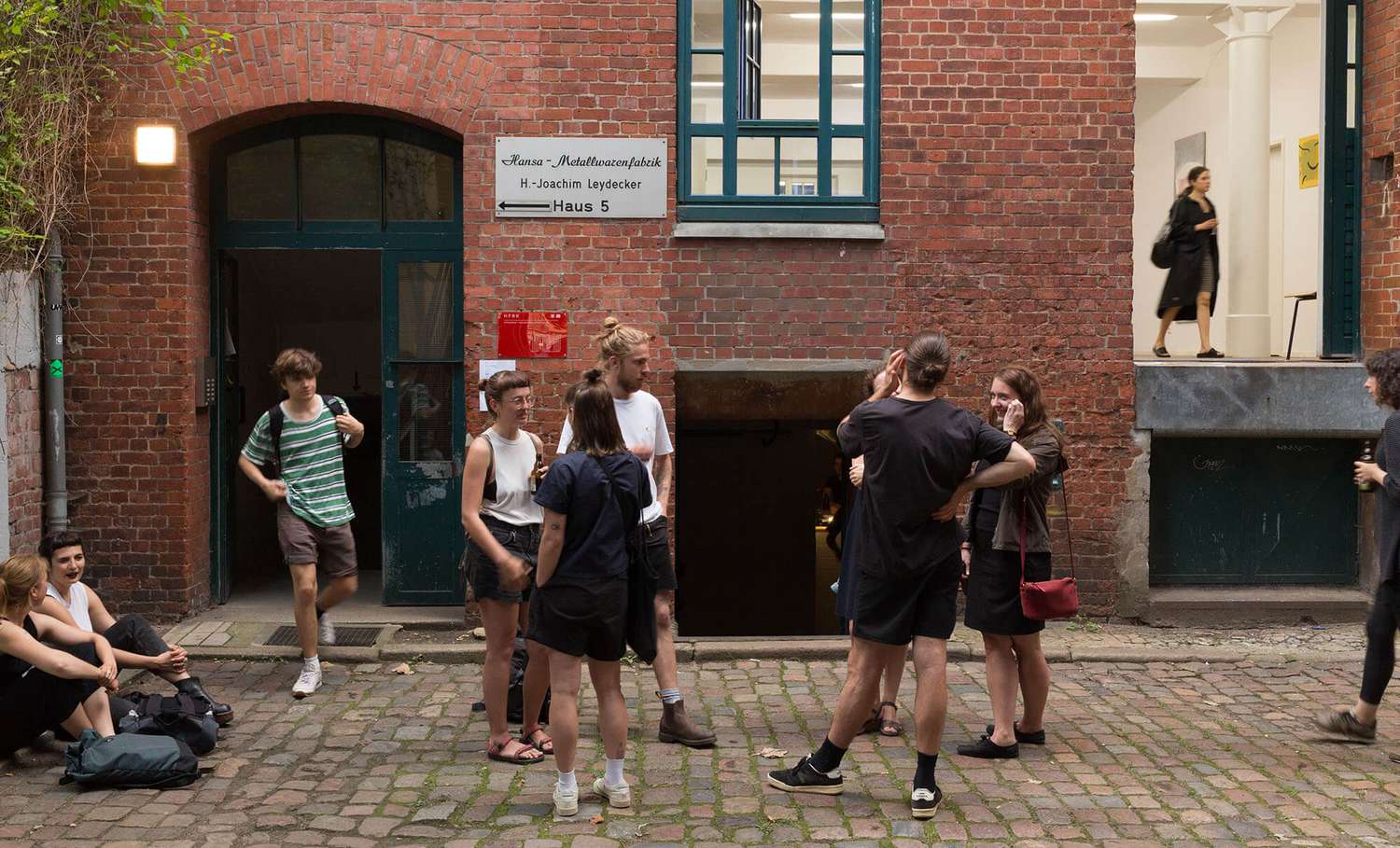
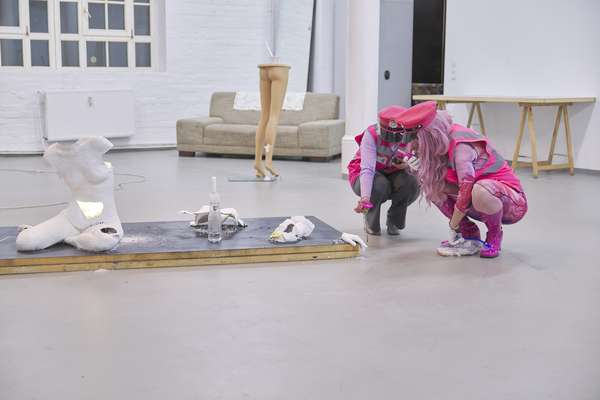
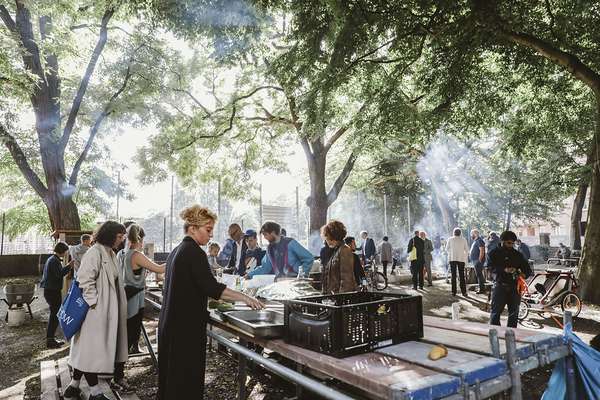
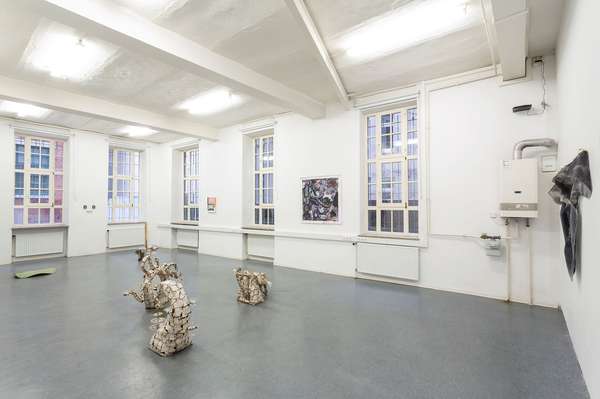
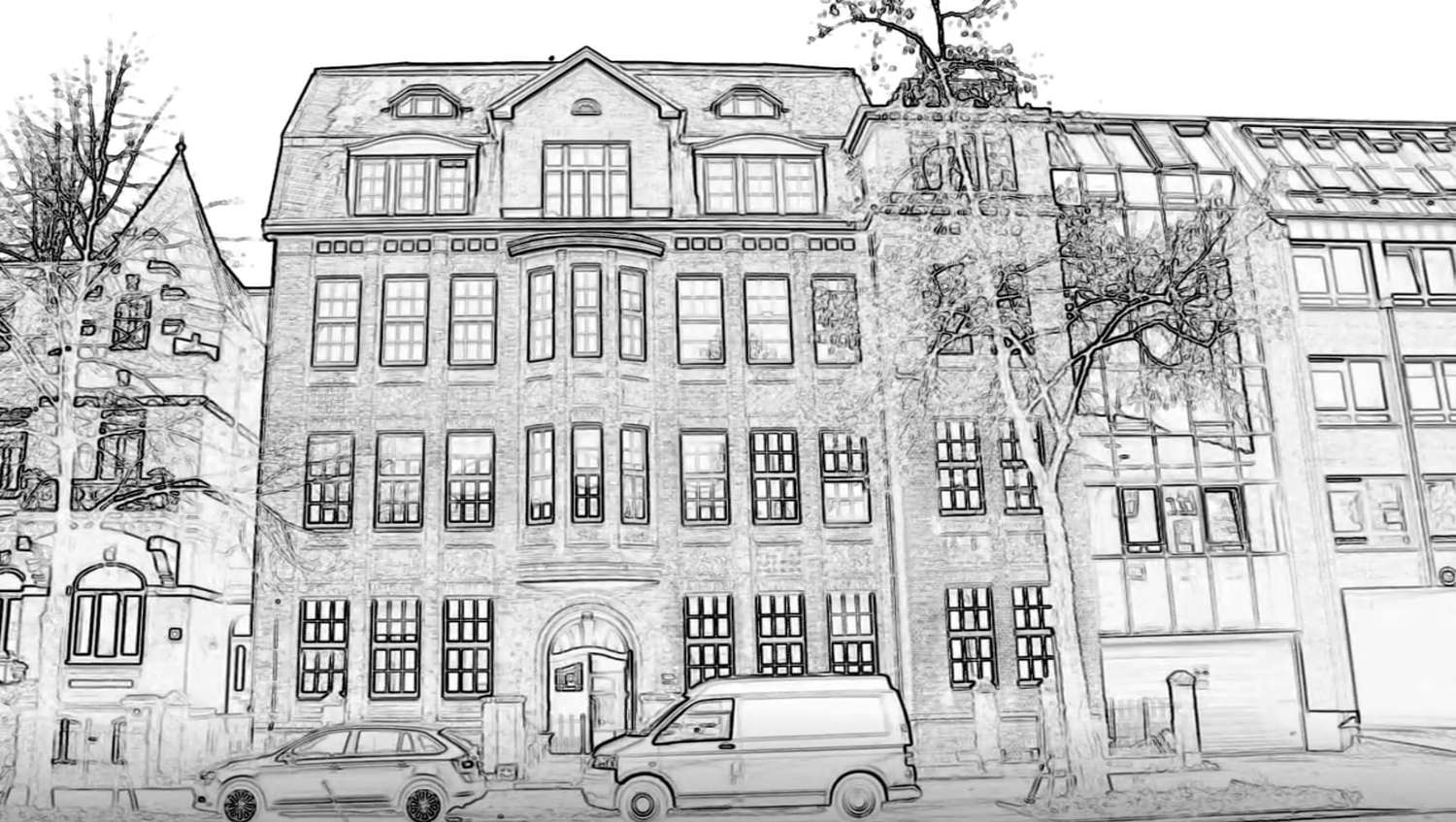
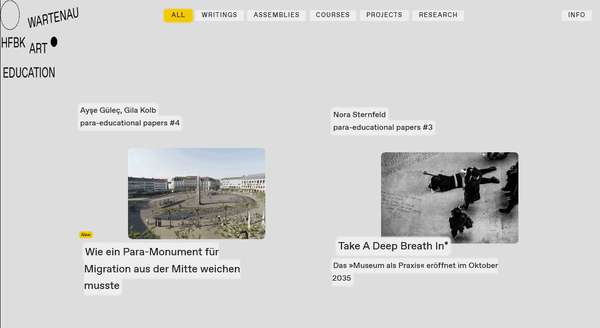
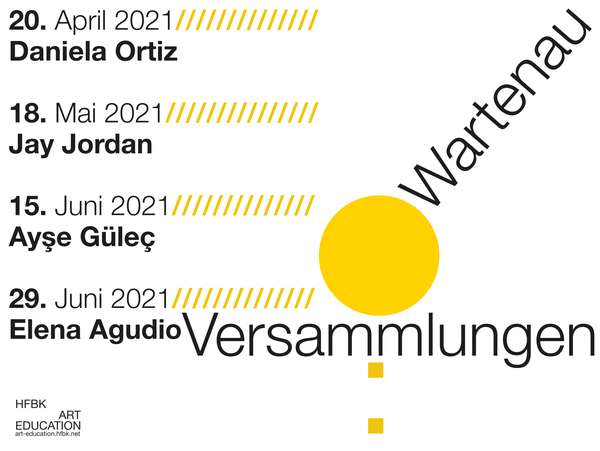
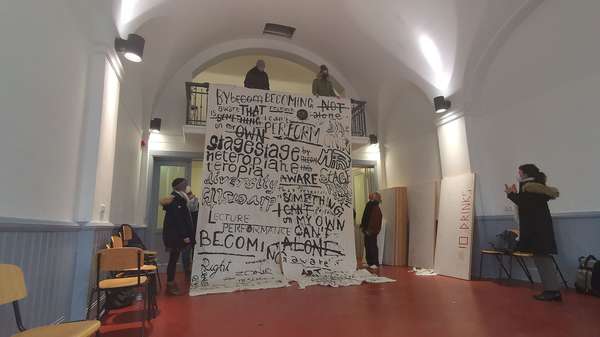
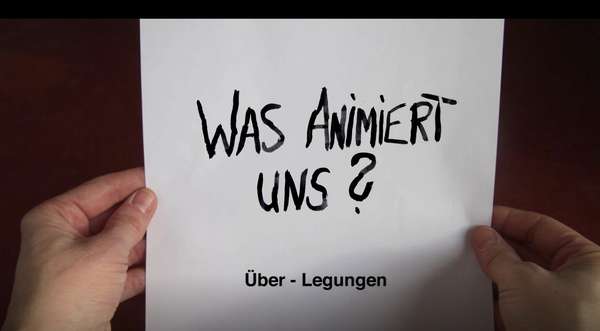
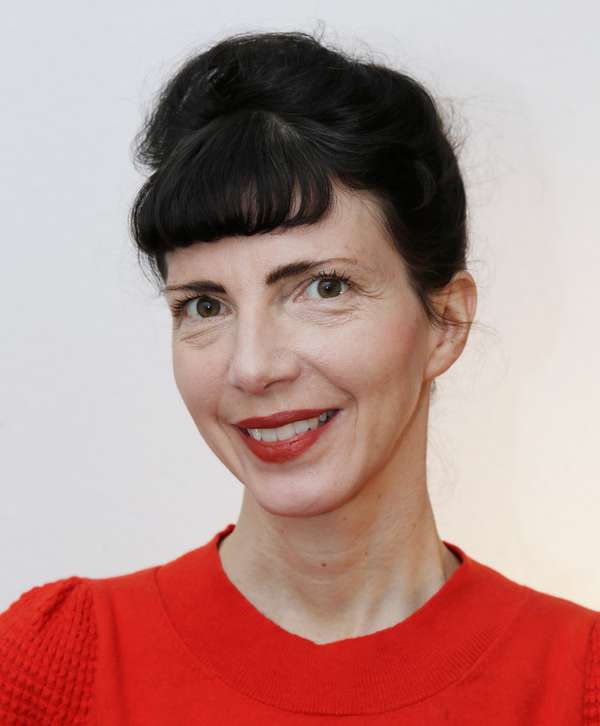
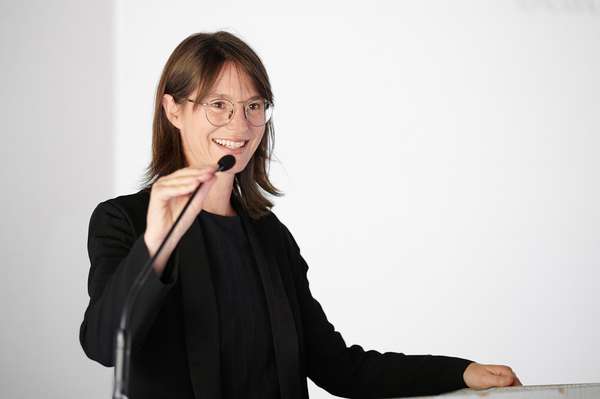
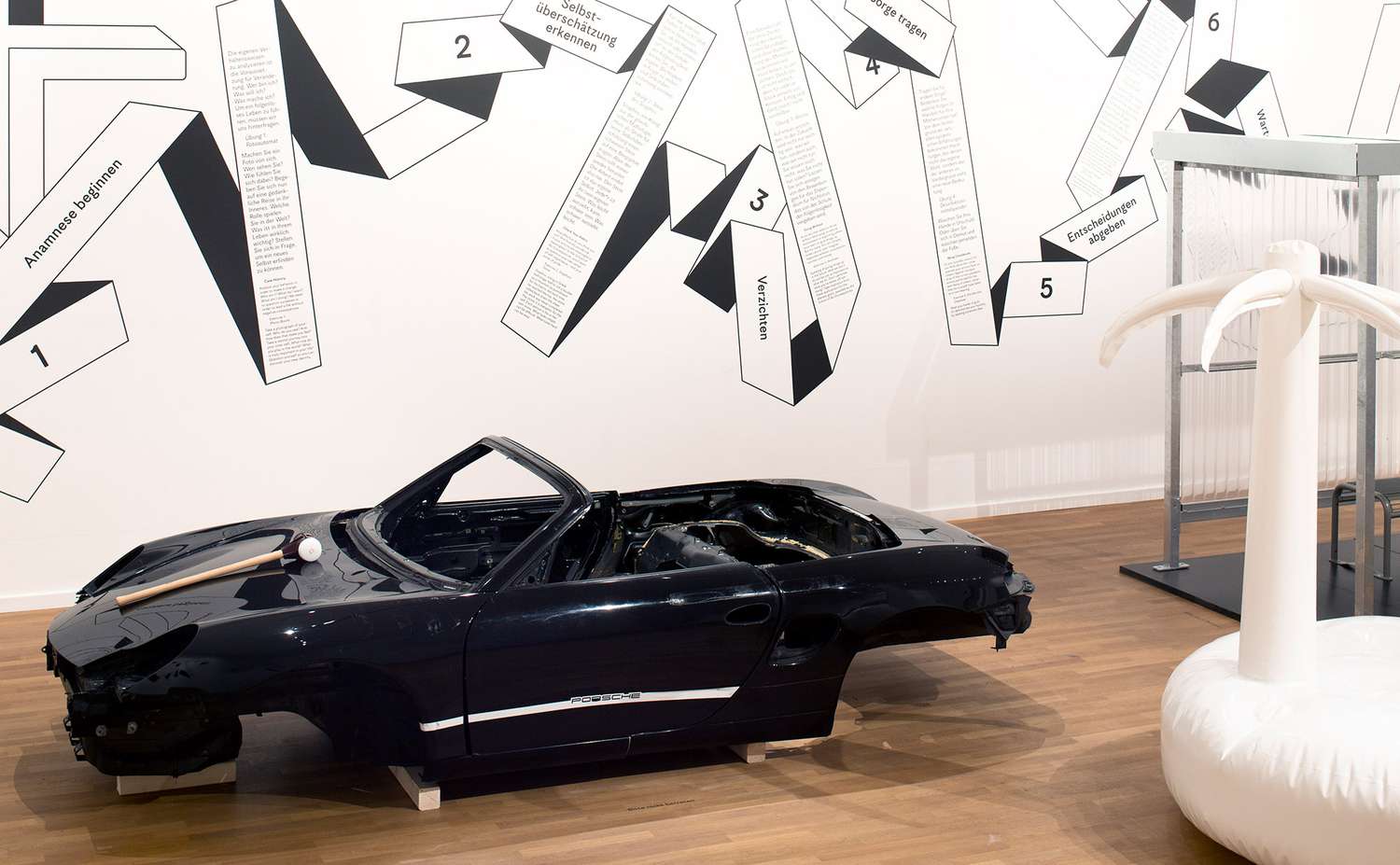
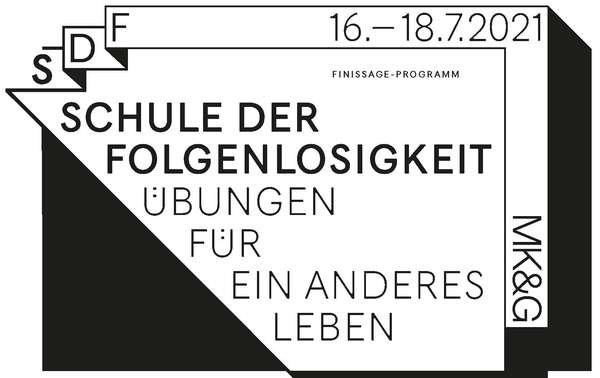
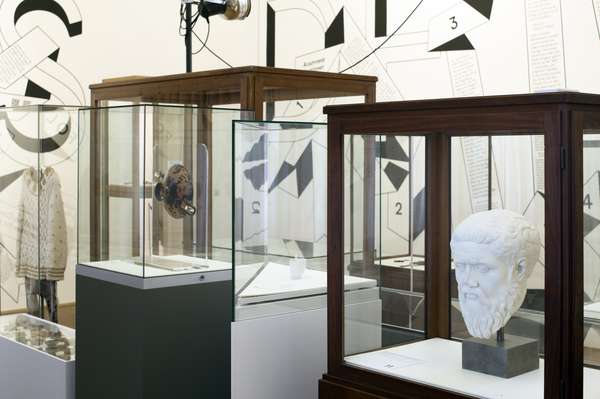
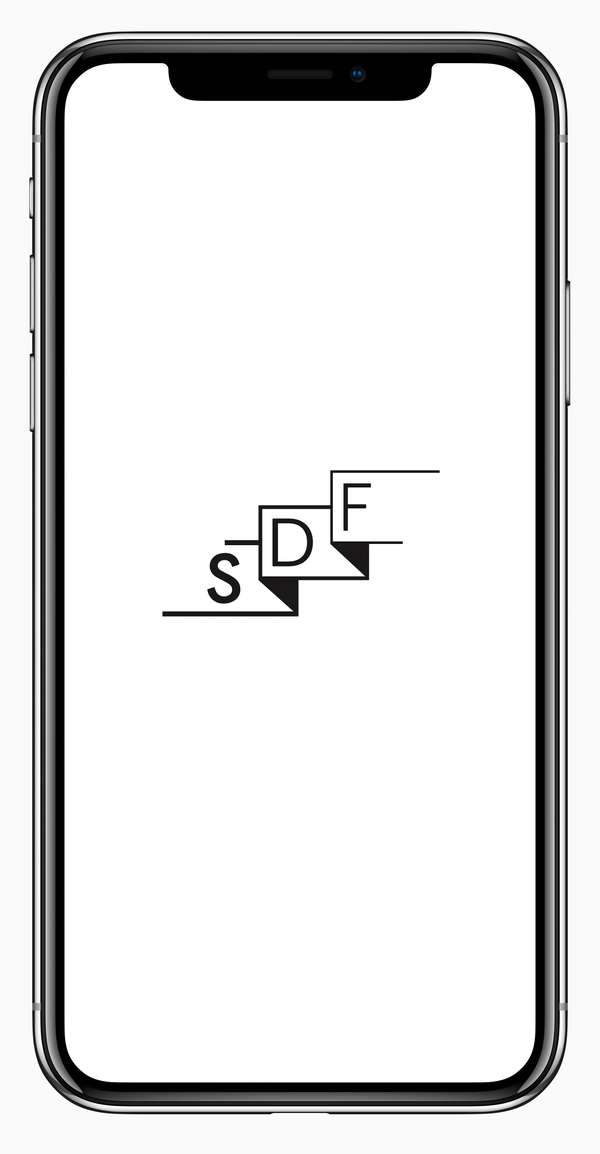
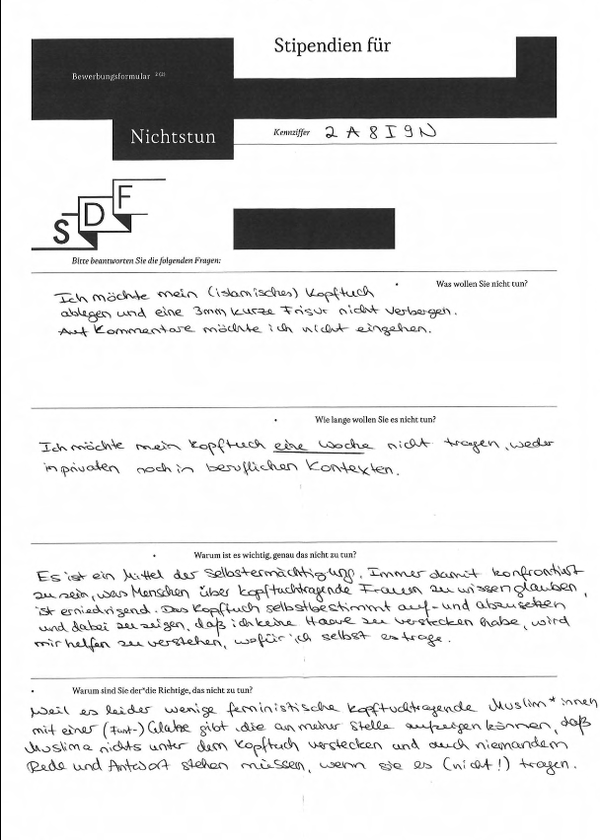
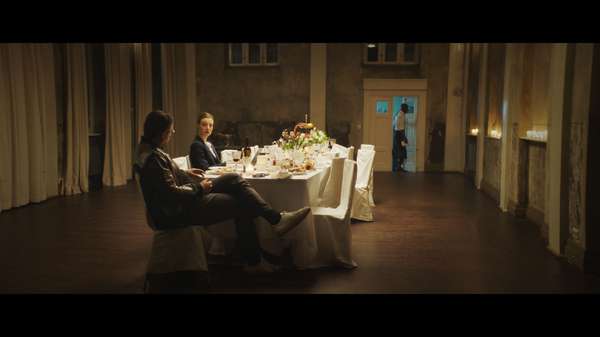
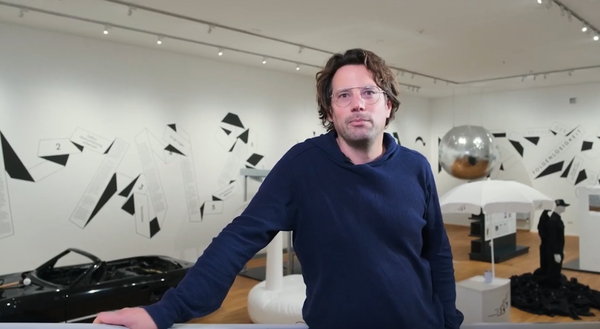
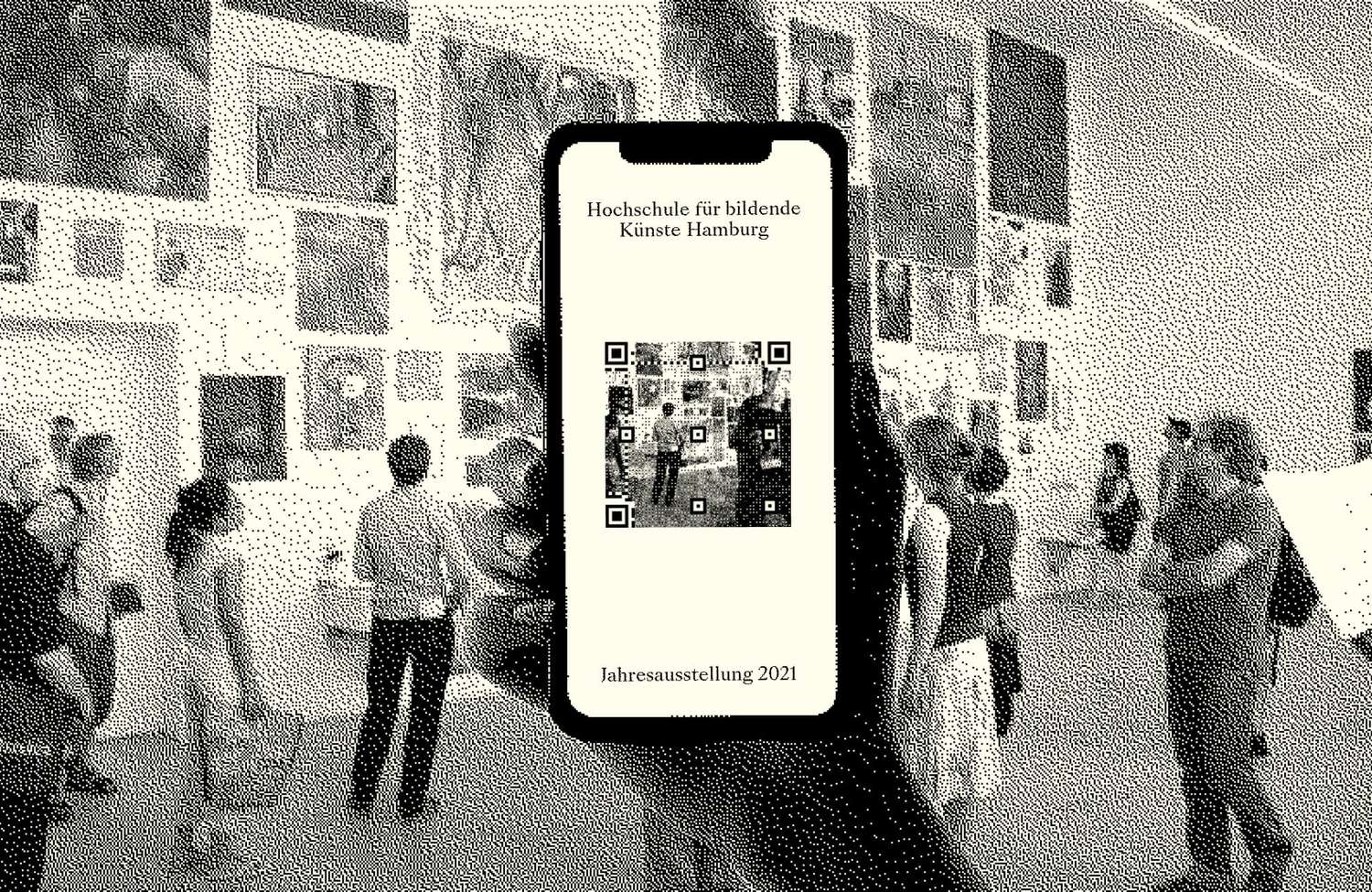
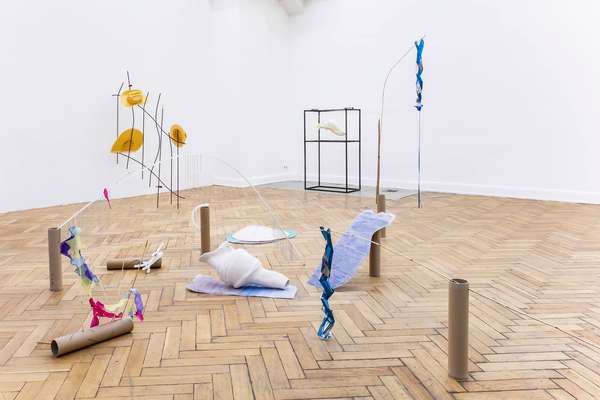
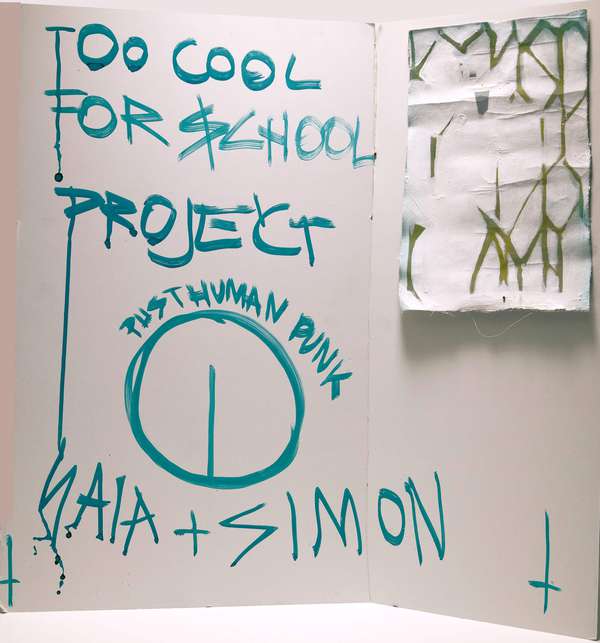
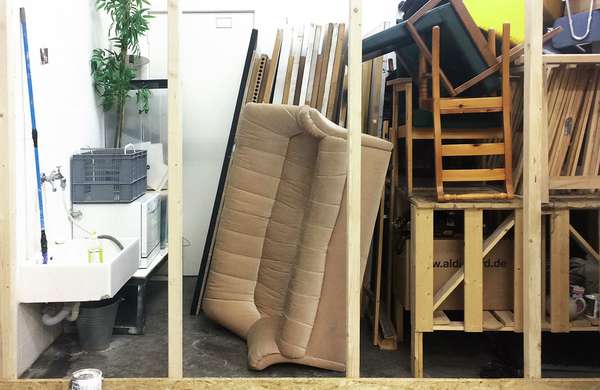

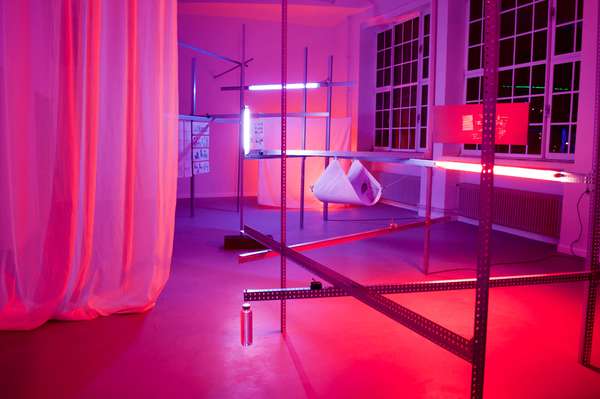
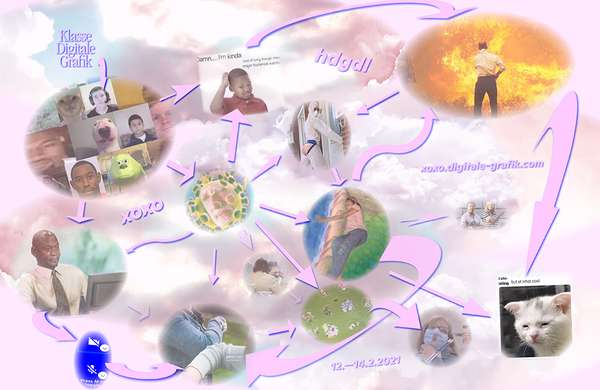
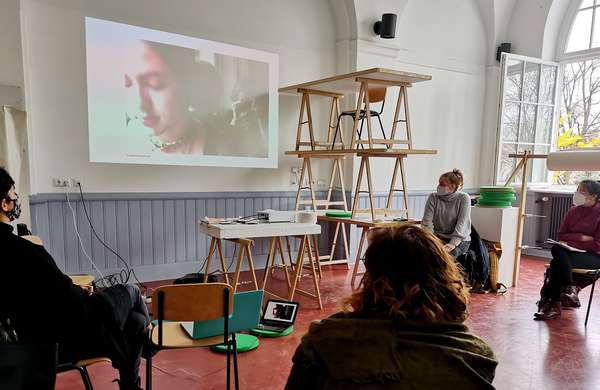
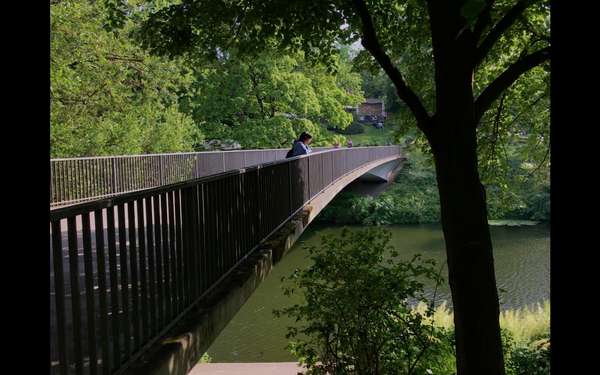
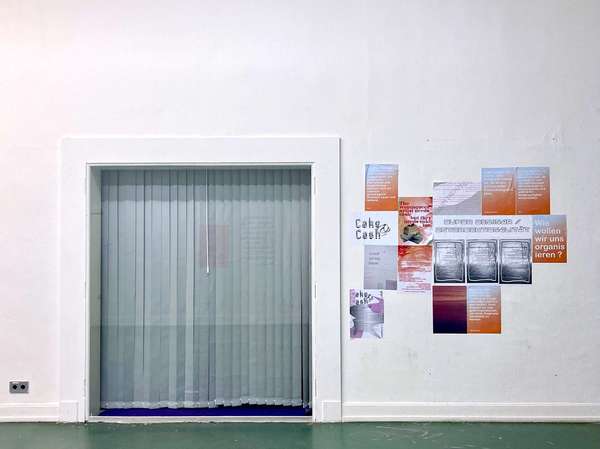
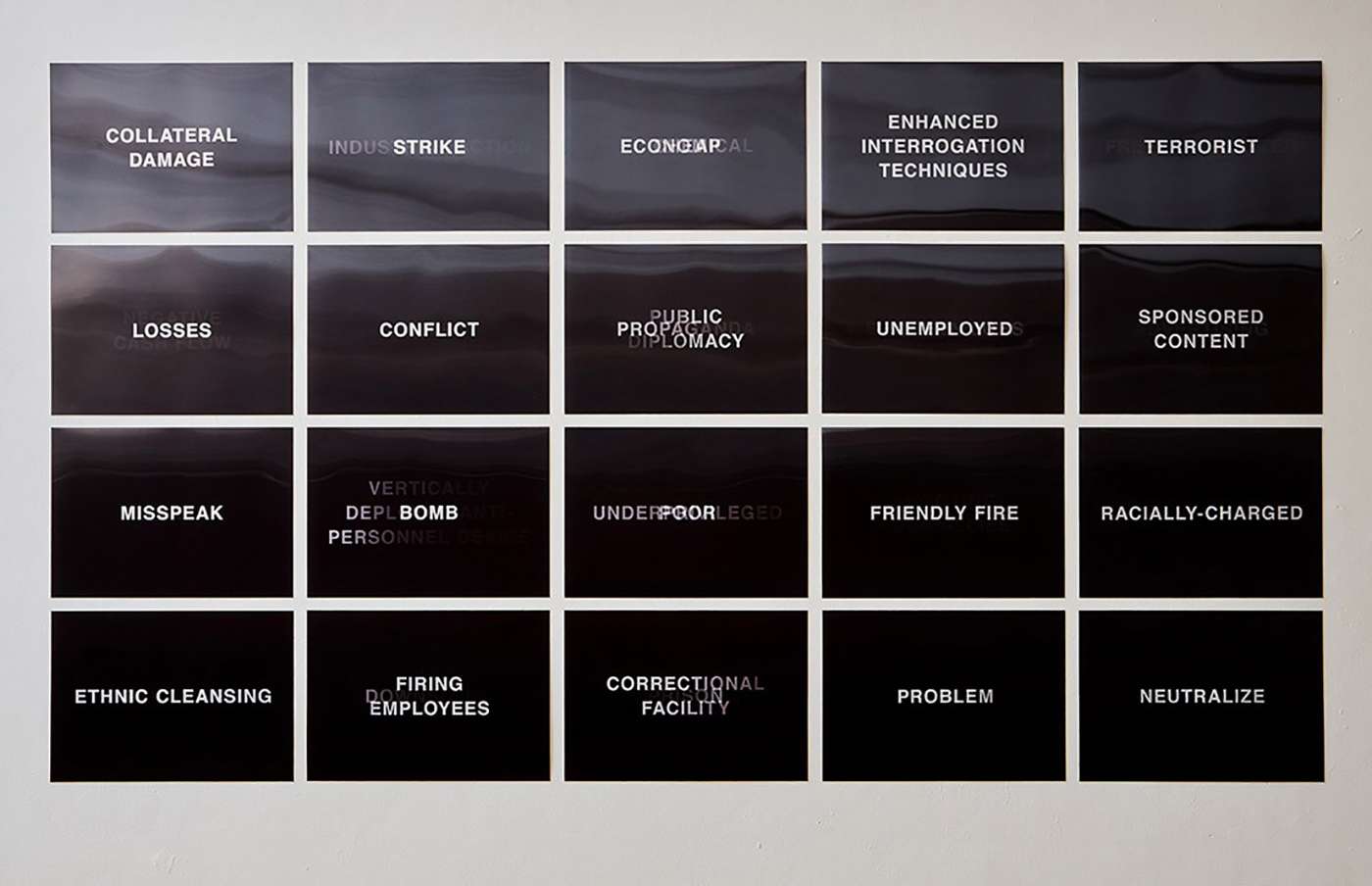
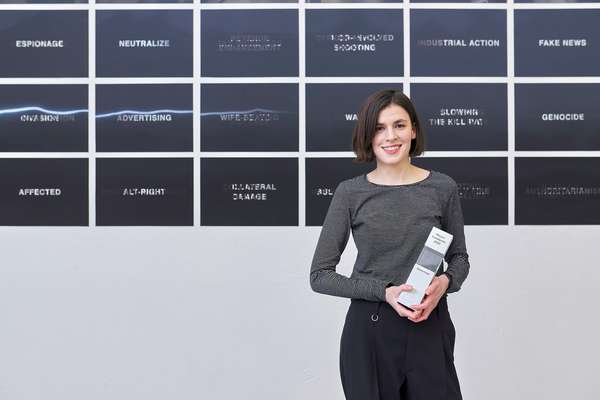
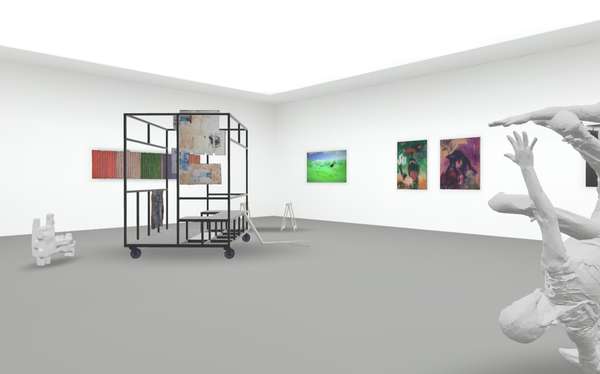
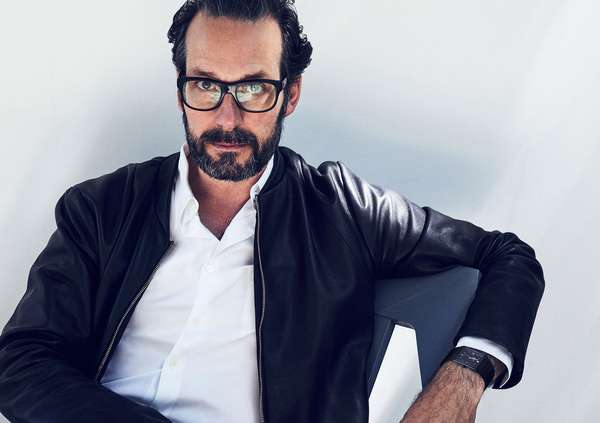
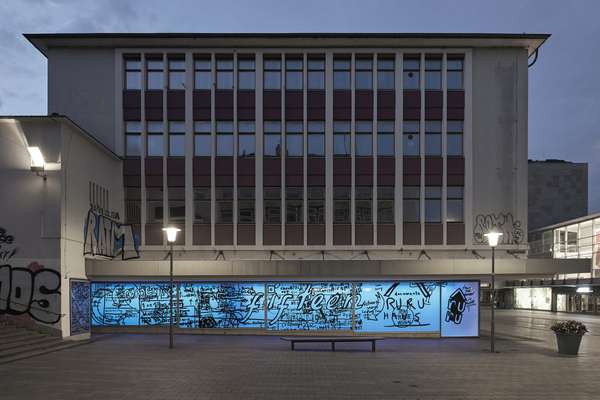
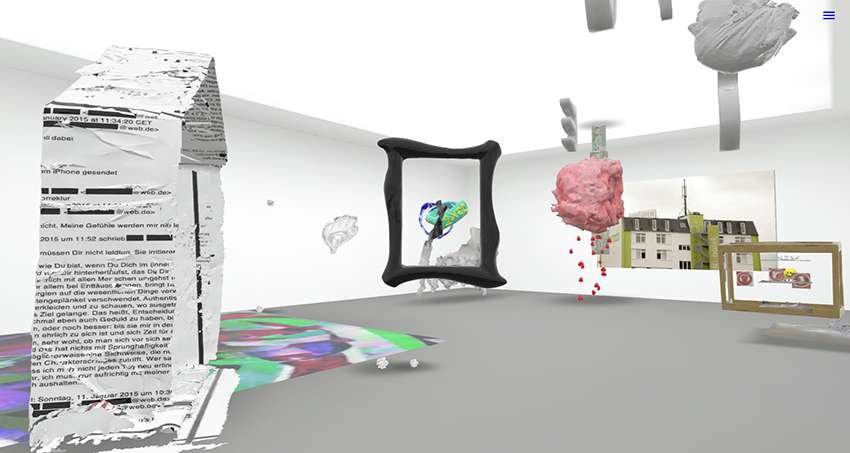
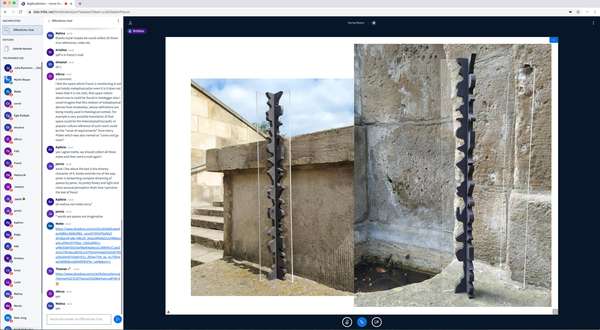
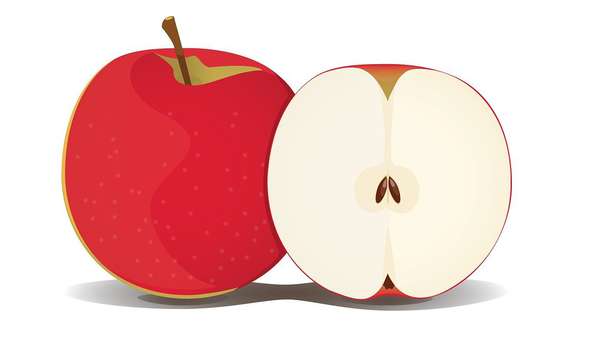
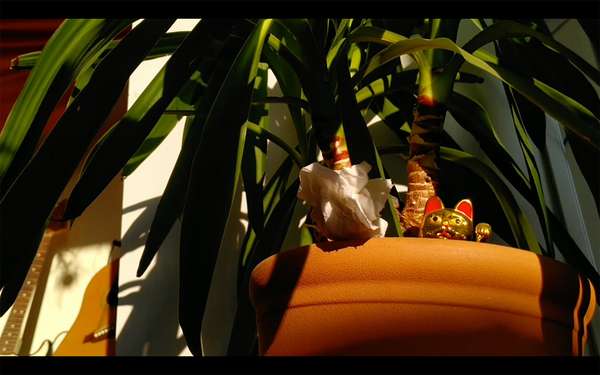
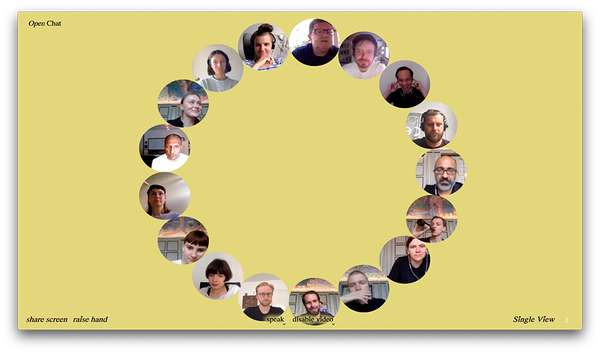
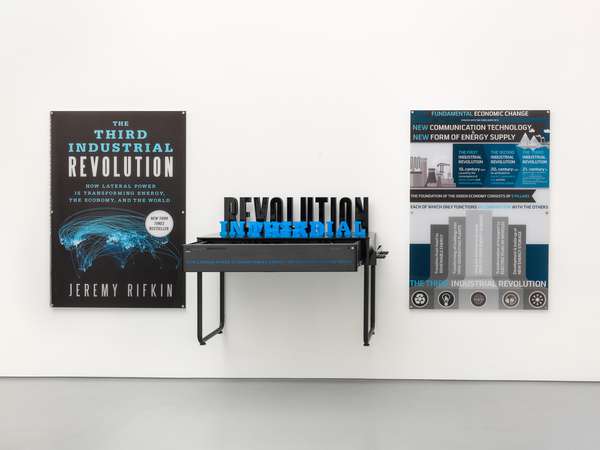
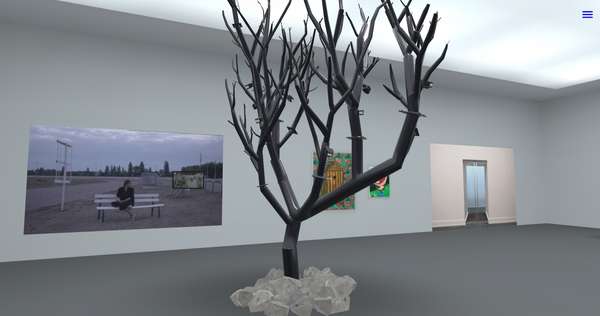
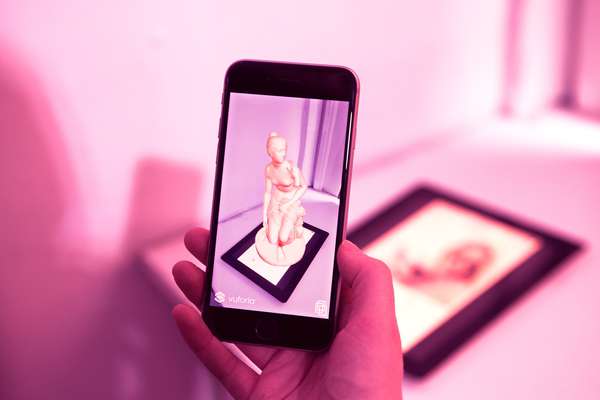
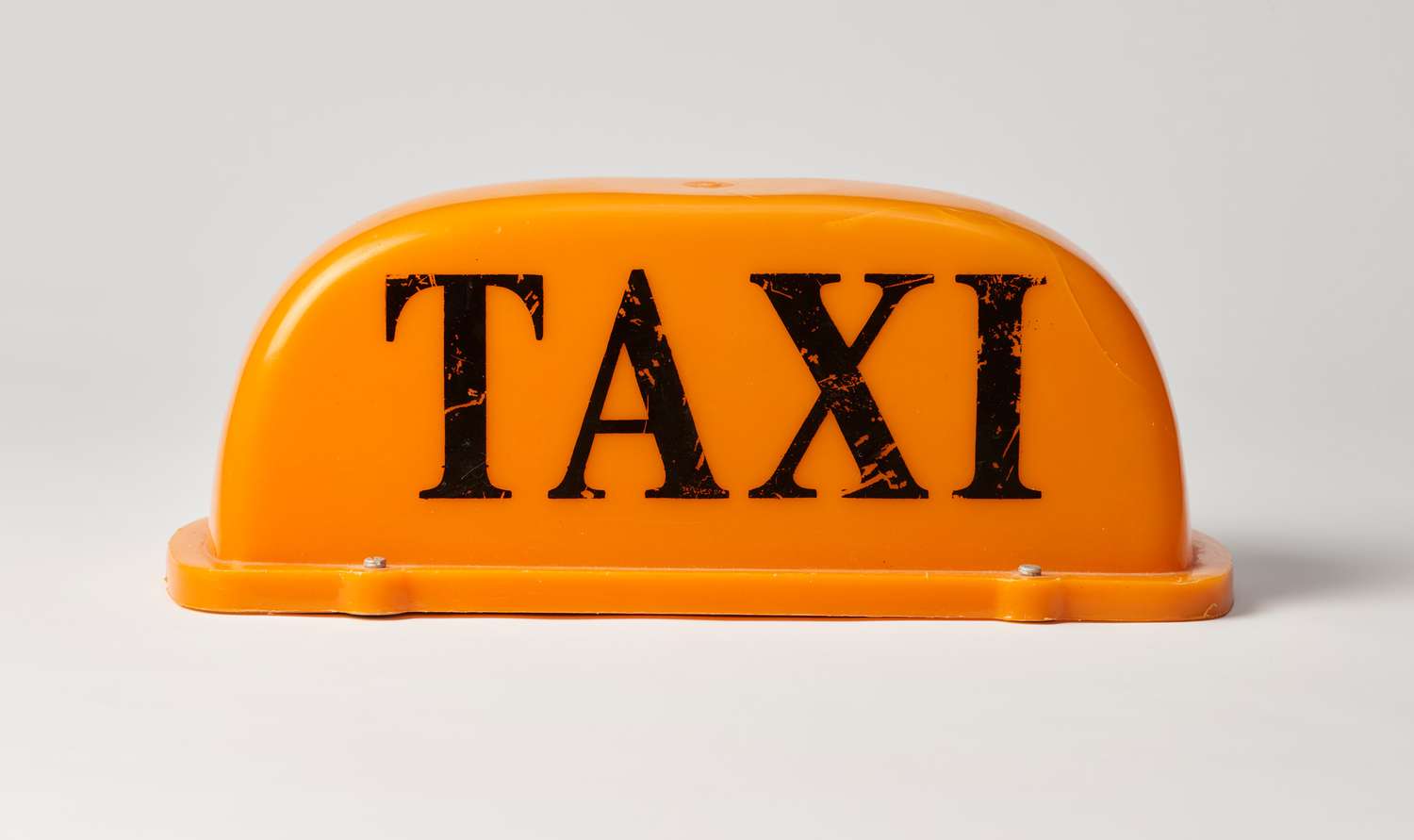
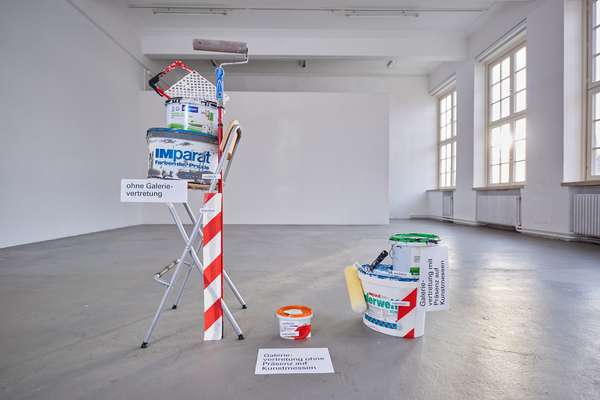
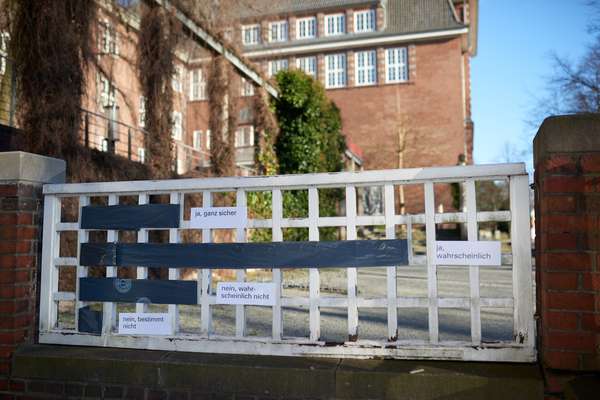
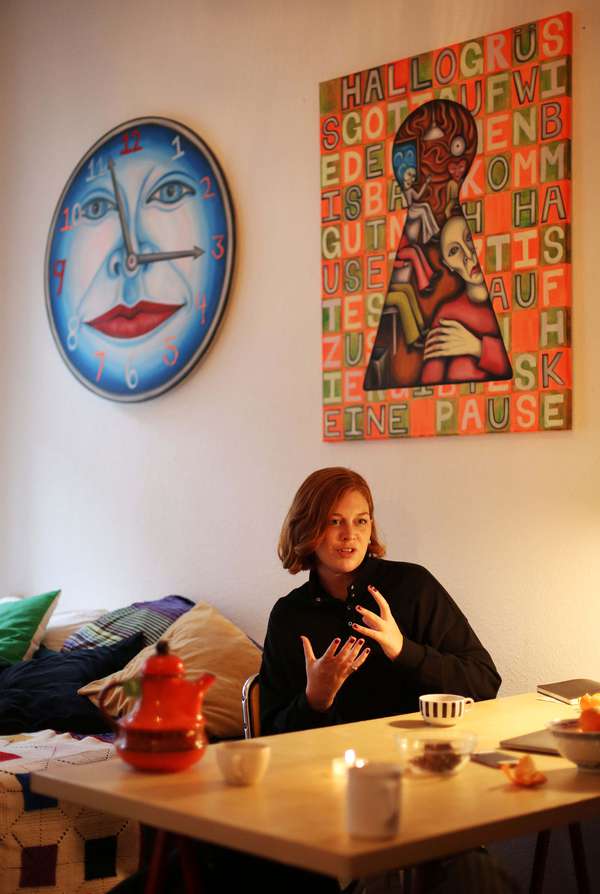
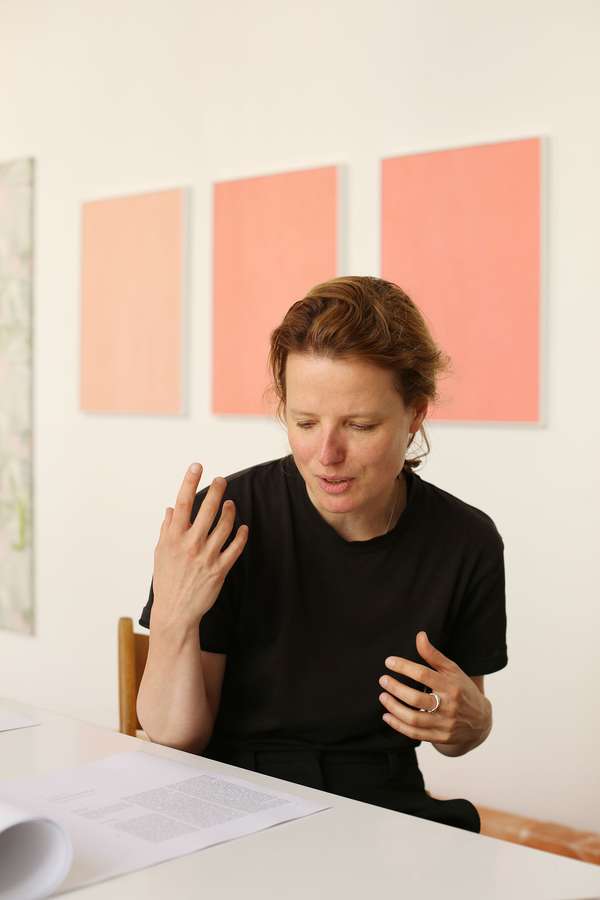
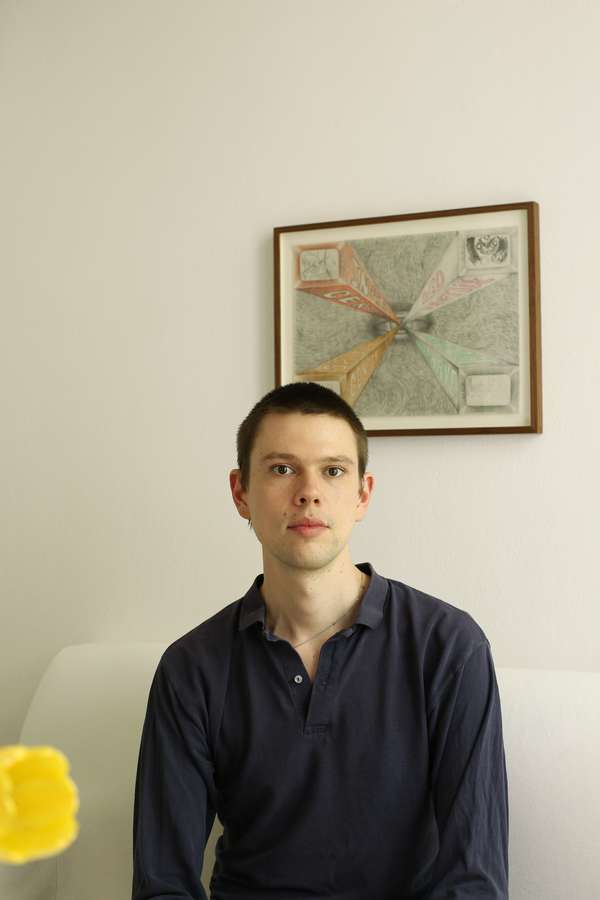
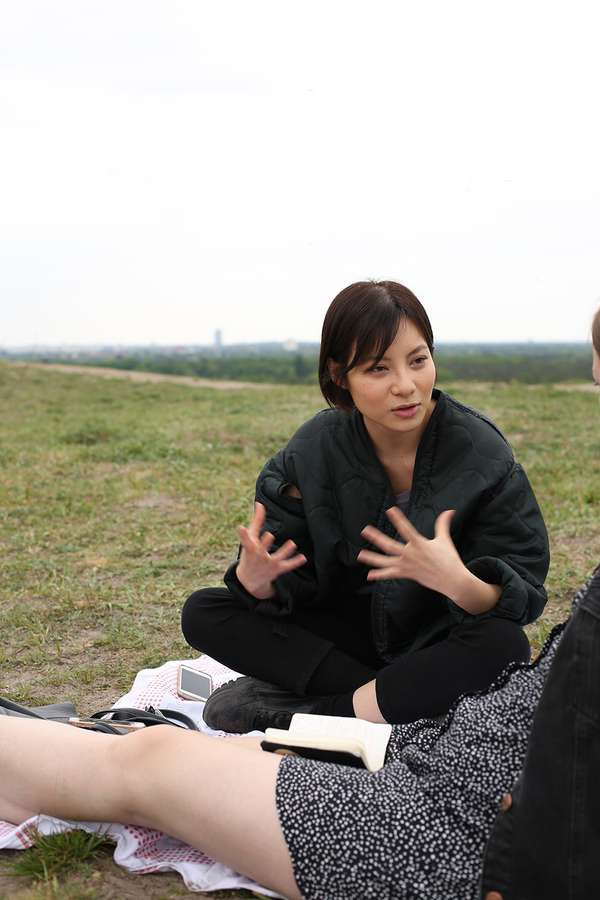
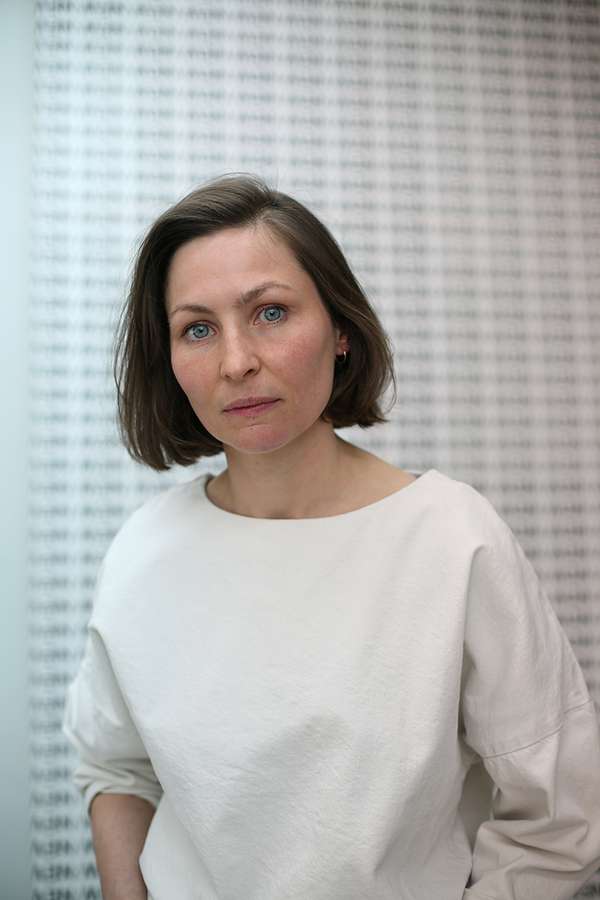
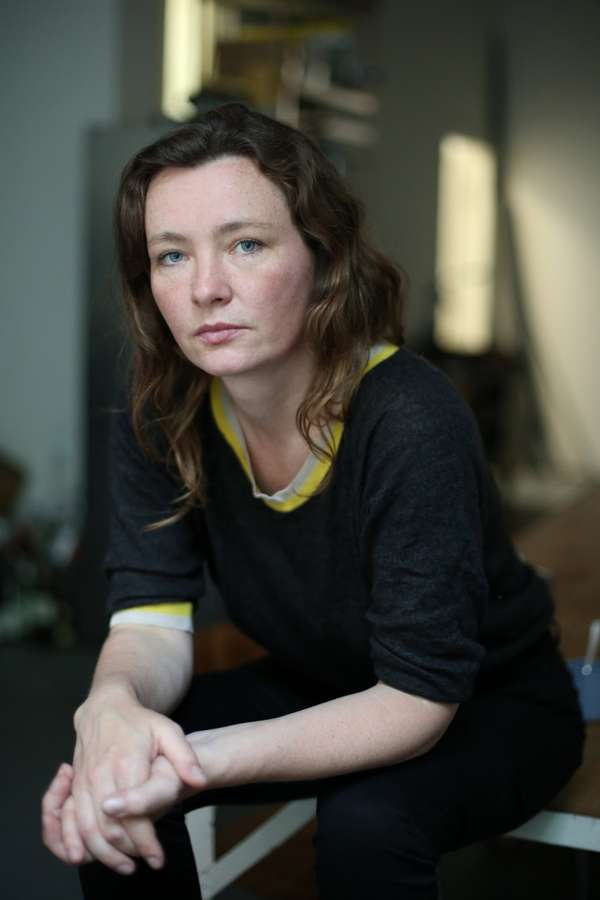
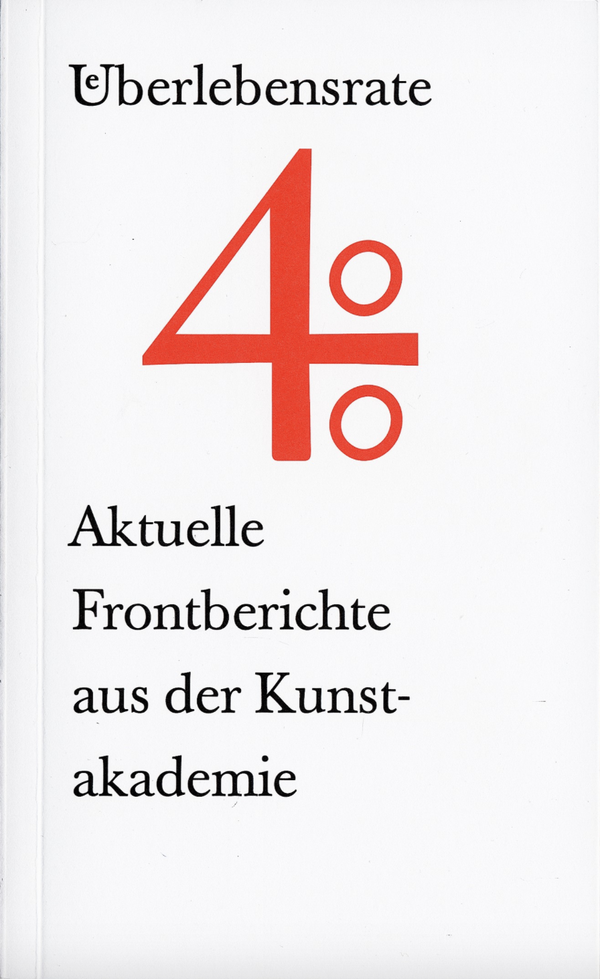
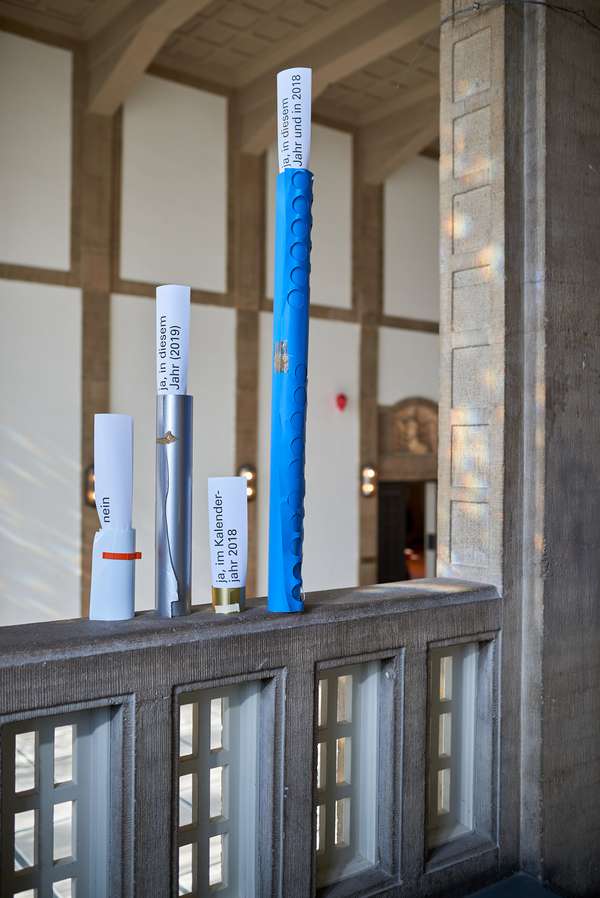
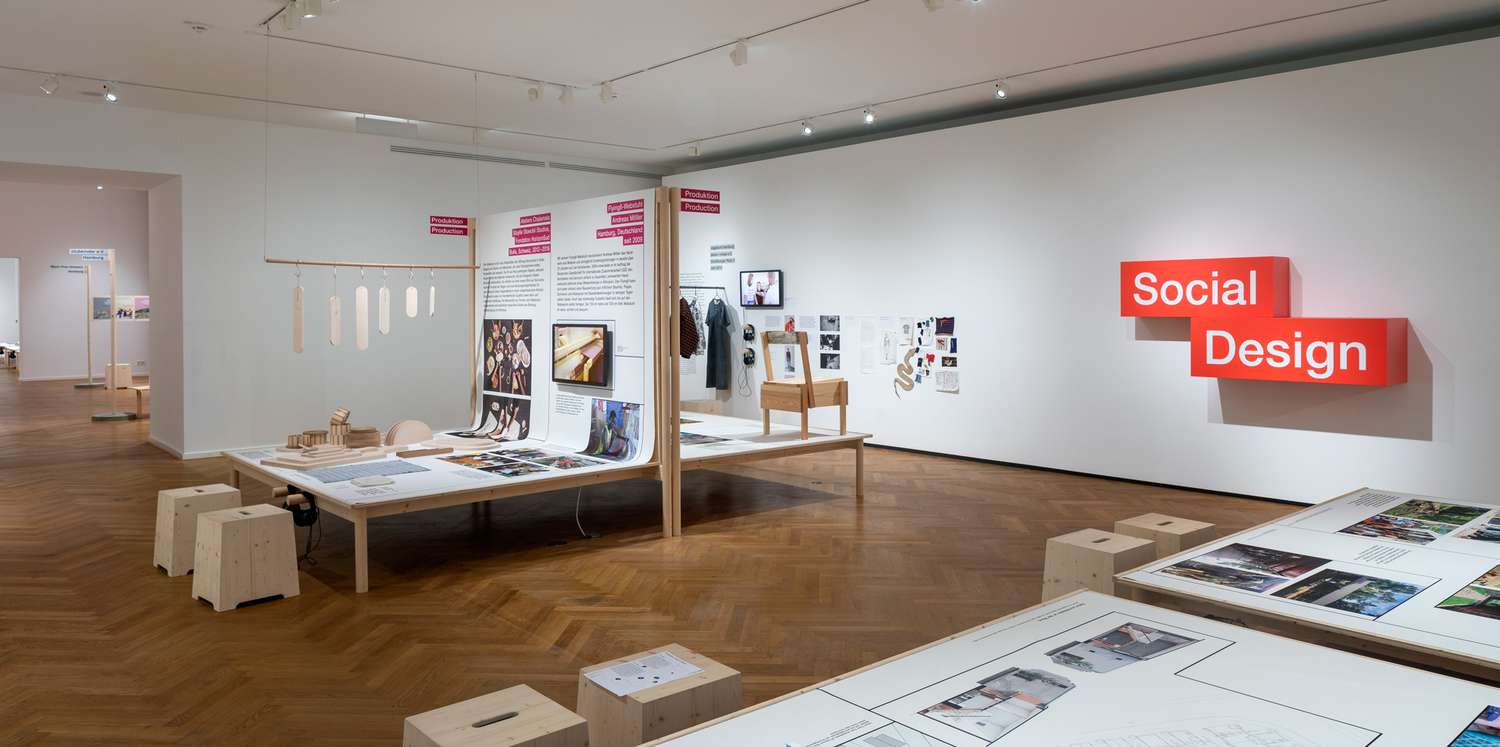
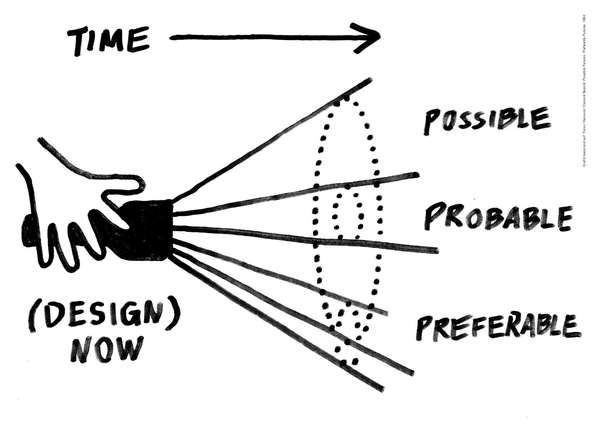
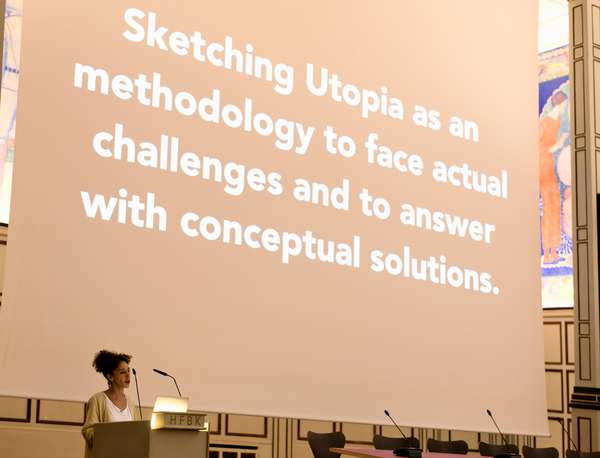
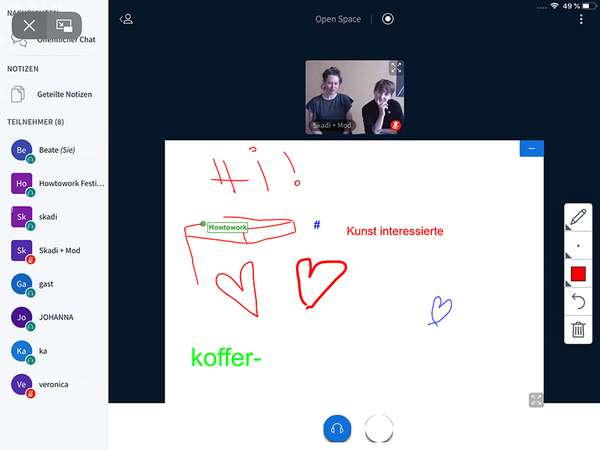
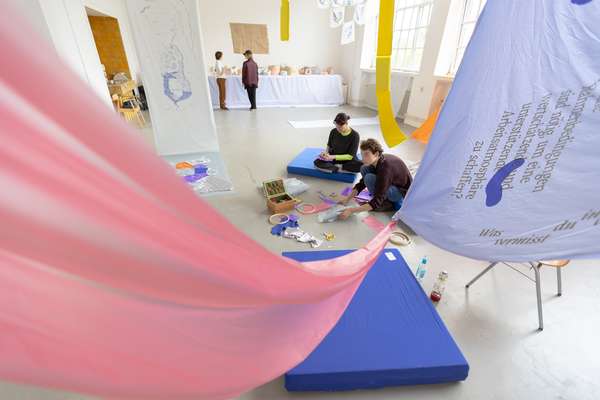
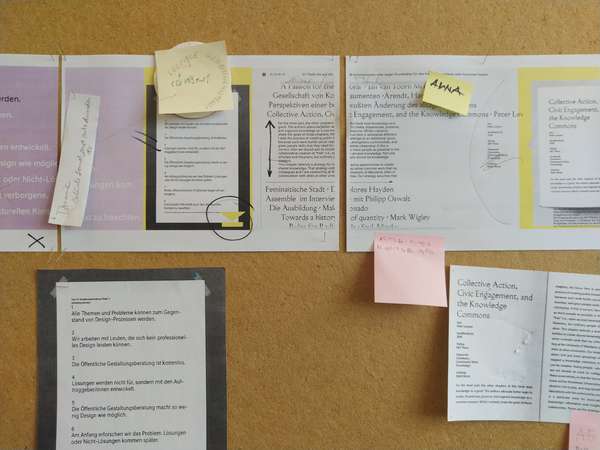
 Graduate Show 2025: Don't stop me now
Graduate Show 2025: Don't stop me now
 Long days, lots to do
Long days, lots to do
 Cine*Ami*es
Cine*Ami*es
 Redesign Democracy – competition for the ballot box of the democratic future
Redesign Democracy – competition for the ballot box of the democratic future
 Art in public space
Art in public space
 How to apply: study at HFBK Hamburg
How to apply: study at HFBK Hamburg
 Annual Exhibition 2025 at the HFBK Hamburg
Annual Exhibition 2025 at the HFBK Hamburg
 The Elephant in The Room – Sculpture today
The Elephant in The Room – Sculpture today
 Hiscox Art Prize 2024
Hiscox Art Prize 2024
 The New Woman
The New Woman
 Doing a PhD at the HFBK Hamburg
Doing a PhD at the HFBK Hamburg
 Graduate Show 2024 - Letting Go
Graduate Show 2024 - Letting Go
 Finkenwerder Art Prize 2024
Finkenwerder Art Prize 2024
 Archives of the Body - The Body in Archiving
Archives of the Body - The Body in Archiving
 New partnership with the School of Arts at the University of Haifa
New partnership with the School of Arts at the University of Haifa
 Annual Exhibition 2024 at the HFBK Hamburg
Annual Exhibition 2024 at the HFBK Hamburg
 (Ex)Changes of / in Art
(Ex)Changes of / in Art
 Extended Libraries
Extended Libraries
 And Still I Rise
And Still I Rise
 Let's talk about language
Let's talk about language
 Graduate Show 2023: Unfinished Business
Graduate Show 2023: Unfinished Business
 Let`s work together
Let`s work together
 Annual Exhibition 2023 at HFBK Hamburg
Annual Exhibition 2023 at HFBK Hamburg
 Symposium: Controversy over documenta fifteen
Symposium: Controversy over documenta fifteen
 Festival and Symposium: Non-Knowledge, Laughter and the Moving Image
Festival and Symposium: Non-Knowledge, Laughter and the Moving Image
 Solo exhibition by Konstantin Grcic
Solo exhibition by Konstantin Grcic
 Art and war
Art and war
 Graduate Show 2022: We’ve Only Just Begun
Graduate Show 2022: We’ve Only Just Begun
 June is full of art and theory
June is full of art and theory
 Finkenwerder Art Prize 2022
Finkenwerder Art Prize 2022
 Nachhaltigkeit im Kontext von Kunst und Kunsthochschule
Nachhaltigkeit im Kontext von Kunst und Kunsthochschule
 Raum für die Kunst
Raum für die Kunst
 Annual Exhibition 2022 at the HFBK
Annual Exhibition 2022 at the HFBK
 Conference: Counter-Monuments and Para-Monuments.
Conference: Counter-Monuments and Para-Monuments.
 Diversity
Diversity
 Live und in Farbe: die ASA Open Studios im Juni 2021
Live und in Farbe: die ASA Open Studios im Juni 2021
 Unlearning: Wartenau Assemblies
Unlearning: Wartenau Assemblies
 School of No Consequences
School of No Consequences
 Annual Exhibition 2021 at the HFBK
Annual Exhibition 2021 at the HFBK
 Semestereröffnung und Hiscox-Preisverleihung 2020
Semestereröffnung und Hiscox-Preisverleihung 2020
 Teaching Art Online at the HFBK
Teaching Art Online at the HFBK
 HFBK Graduate Survey
HFBK Graduate Survey
 How political is Social Design?
How political is Social Design?